Mahmood Farooqui, an artist known for his expertise in Dastangoi—a traditional form of Urdu storytelling—was scheduled to perform his piece “Dastan-e-Karn — AZ Mahabharat” at IIT-Bombay on Saturday evening. However, just hours before the event, it was canceled following opposition from a section of the campus community. Farooqui had been invited to the campus as part of Izhar 2024, a three-day cultural festival organized by Vaani, the Indian Languages Club at IIT-Bombay, held from October 25-27.
The opposition to Farooqui’s performance came from an informal campus group known as ‘IIT B for Bharat,’ which includes students, faculty, and alumni from the institute. The group publicly voiced concerns about Farooqui’s presence on campus, citing his past legal history. Farooqui was convicted of rape in 2016 by a lower court; however, he was acquitted by the Delhi High Court in 2017, and the Supreme Court later upheld this acquittal.
A volunteer group requested that the event featuring Mahmood Farooqui be canceled due to the rape accusations against him. Notably, he was also invited to be the ‘chief guest’ at the school and junior college on the IIT campus. Farooqui is known for signing a mercy petition for Ajmal Kasab, the terrorist responsible for the 26/11 attacks in Mumbai.
After significant backlash on social media regarding his invitation, the IIT-Bombay administration decided to cancel the event.
The group’s statement, posted on social media, questioned IIT-Bombay’s decision to associate with Farooqui, arguing that inviting him could send the wrong message. They urged the administration to reconsider the event in light of these concerns. Following this, the administration decided to cancel Farooqui’s performance, prompting discussions within the campus community about free expression, the artist’s legal exoneration, and the administration's responsibility to consider student perspectives.
While some supported the decision, others expressed disappointment, suggesting that the cancellation might limit cultural dialogue and expression within the academic space.
- Tags:
- Latest news

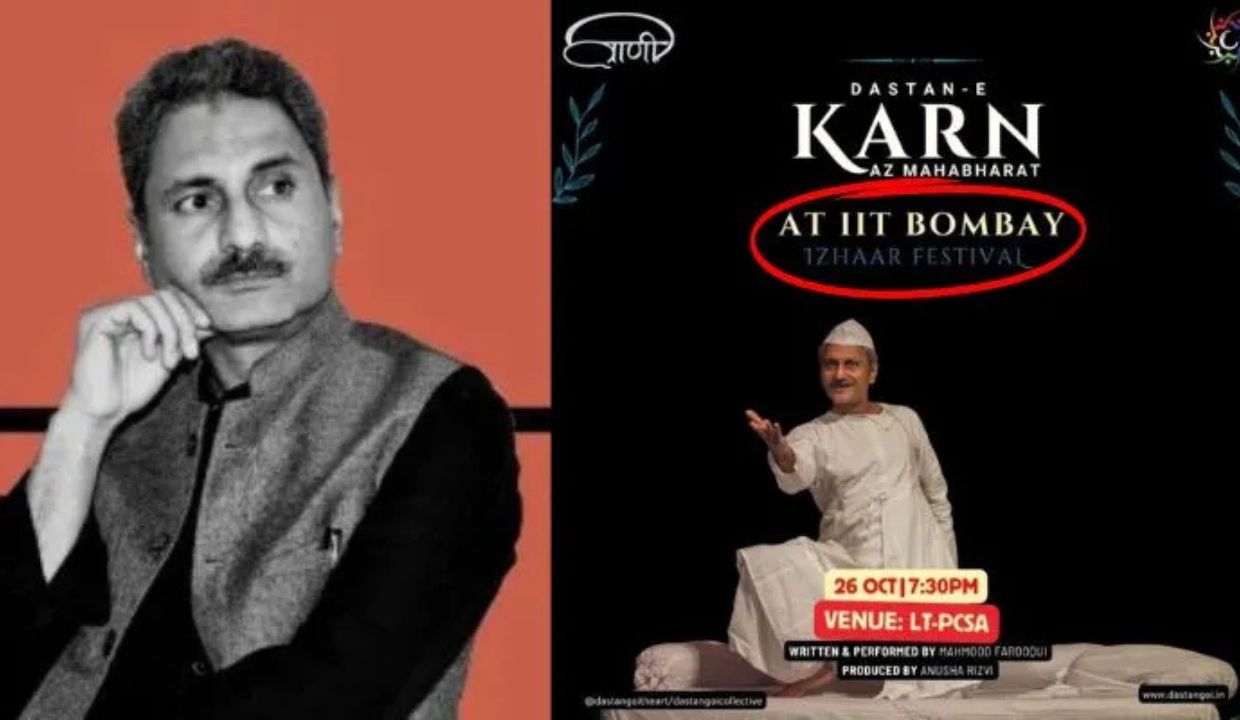

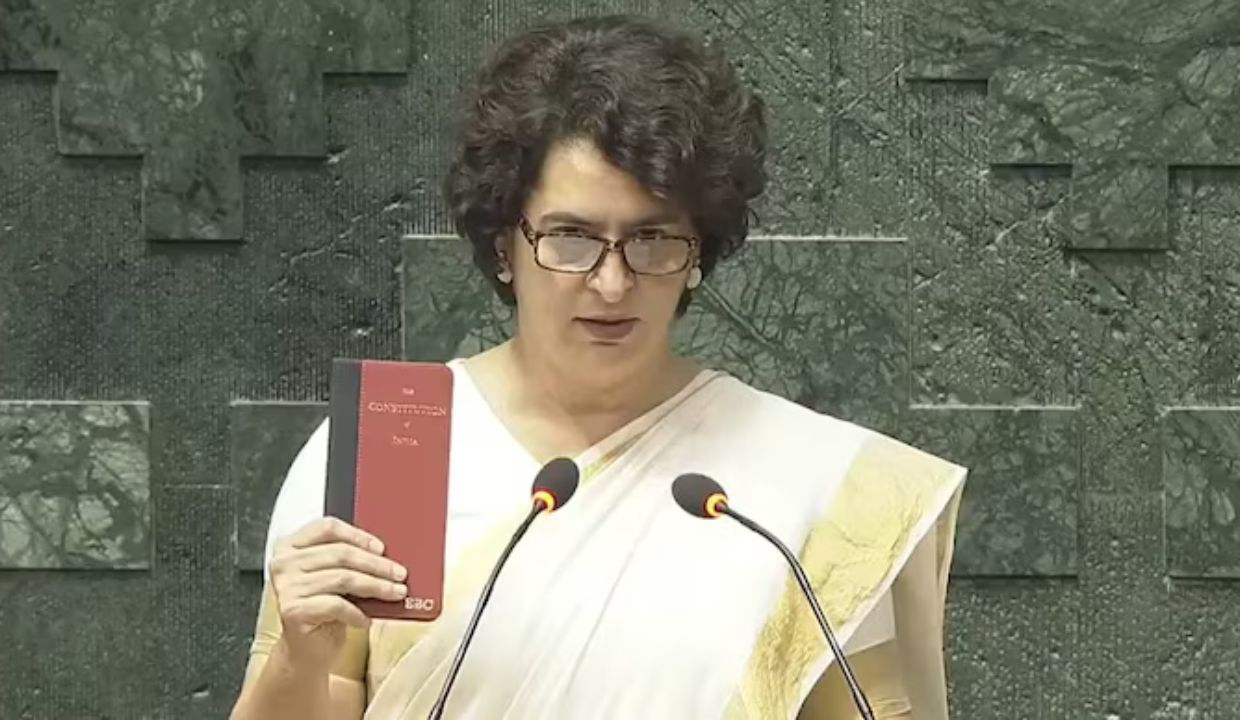
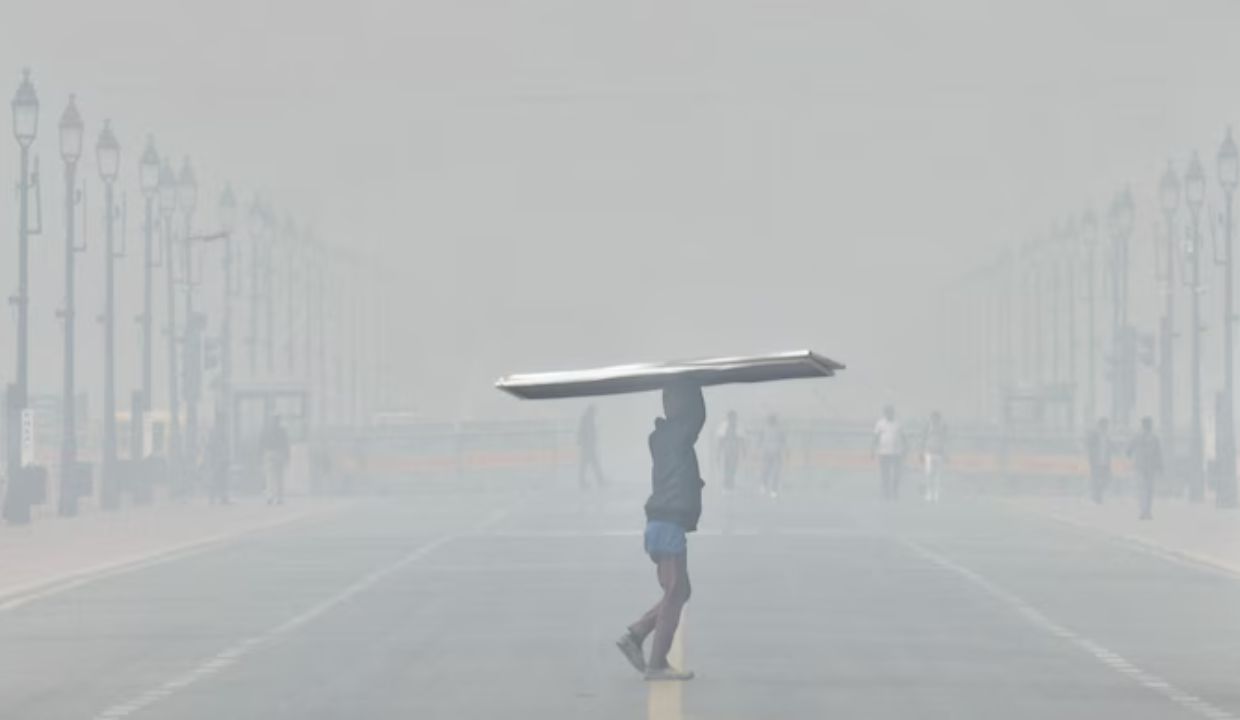





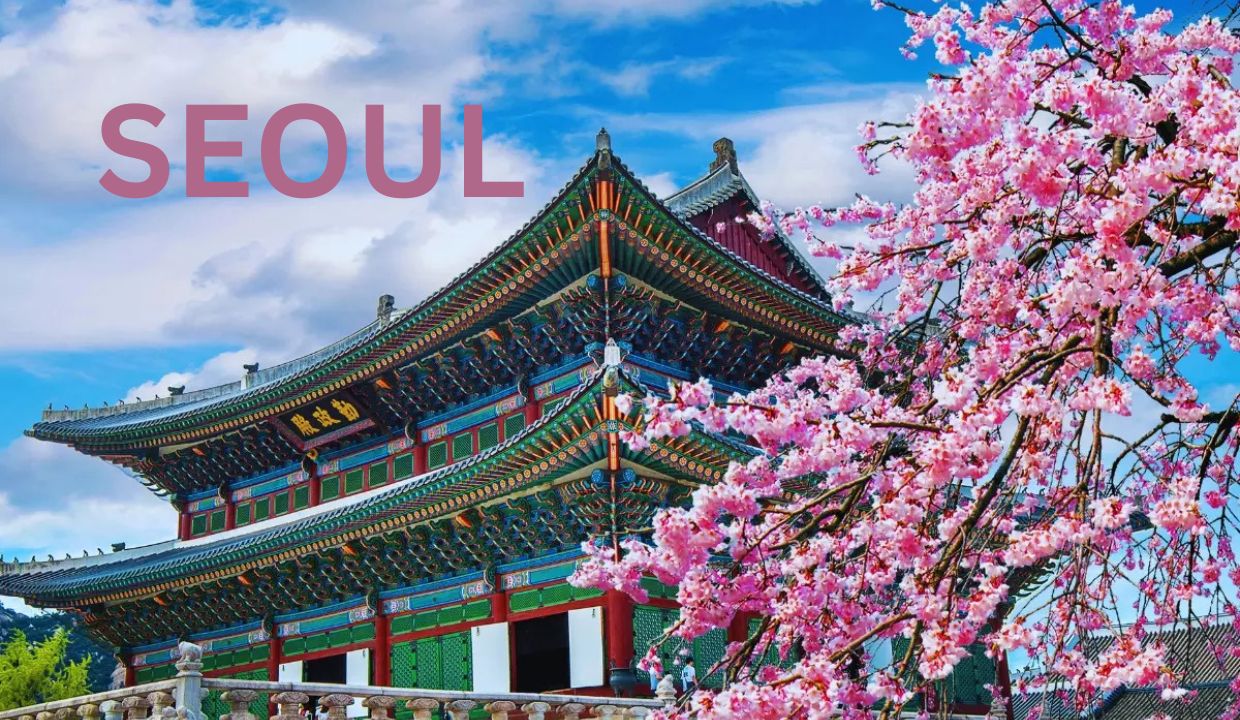
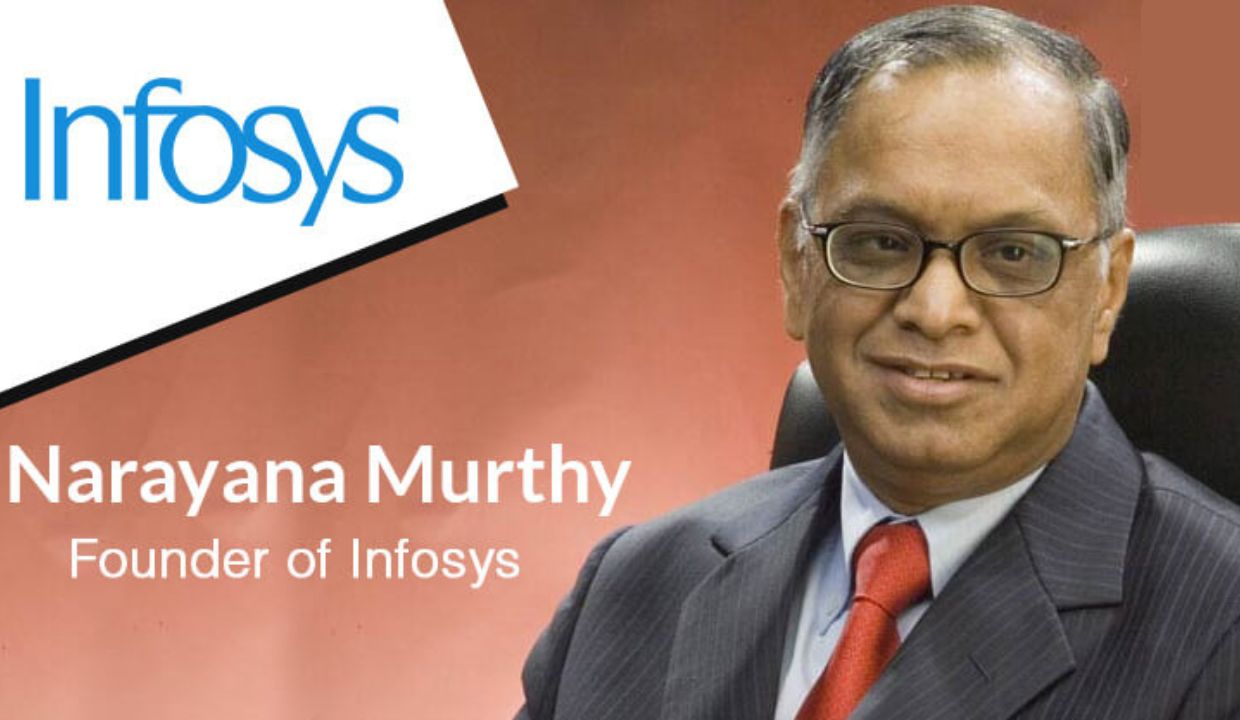

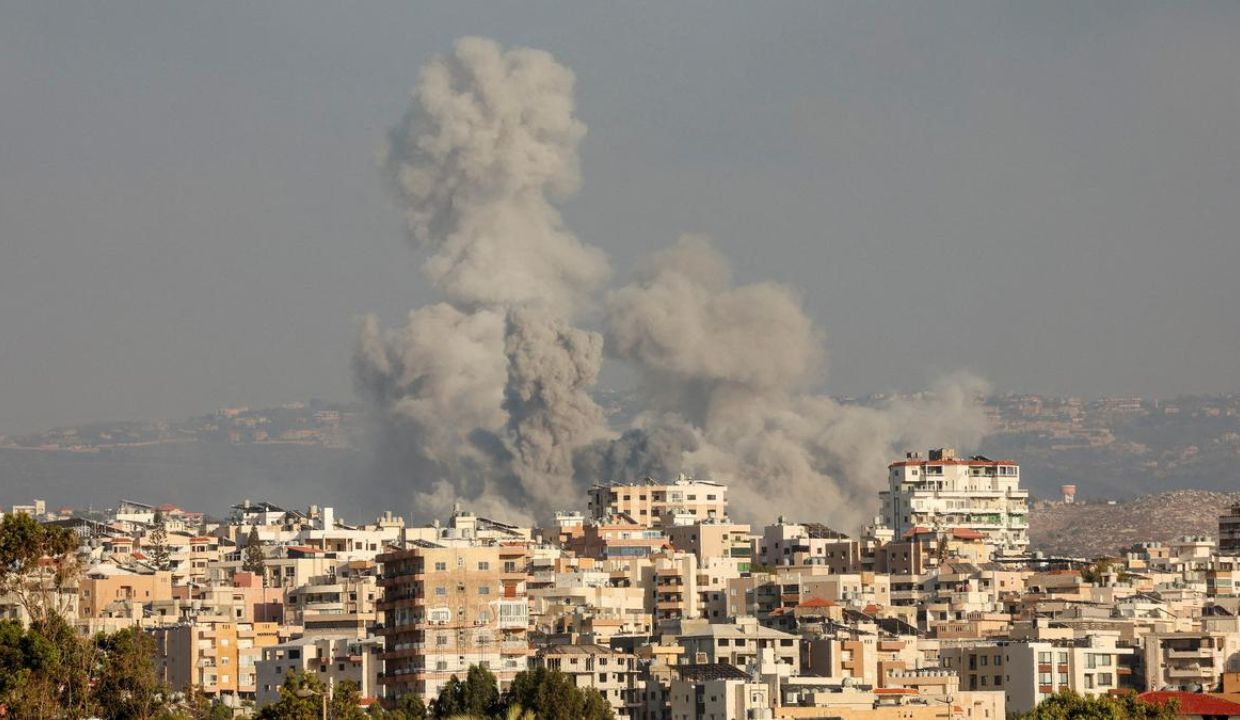


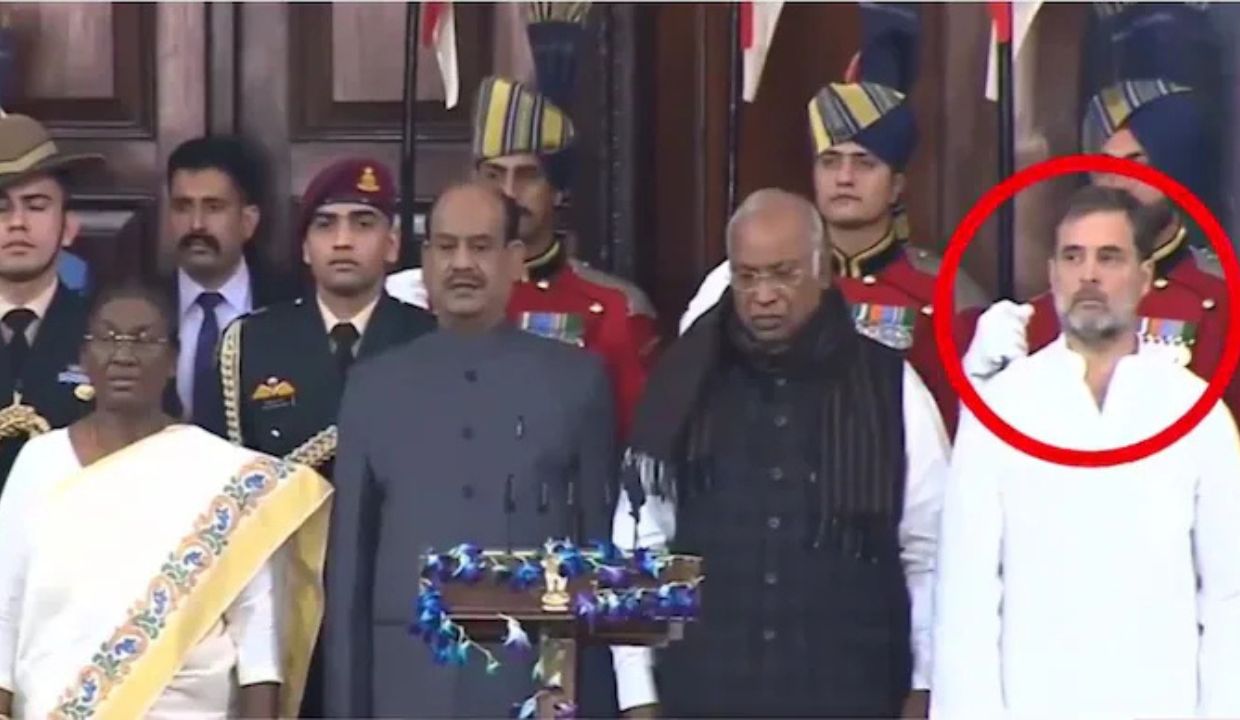



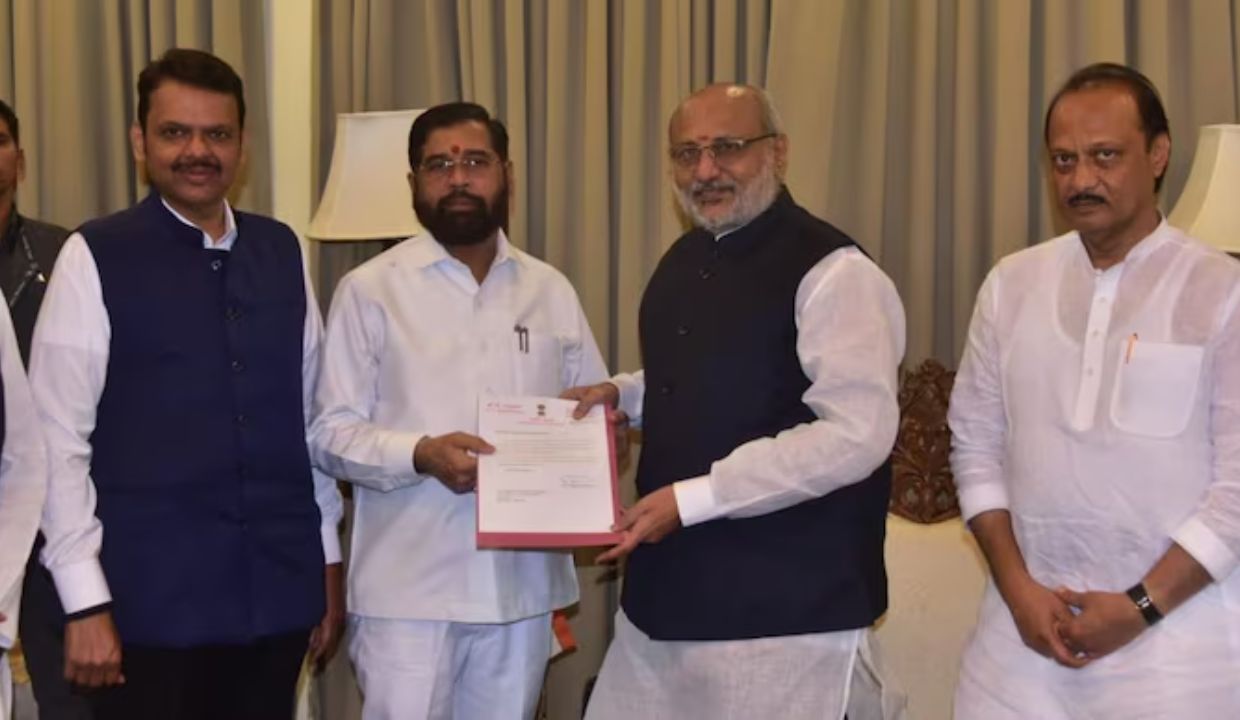

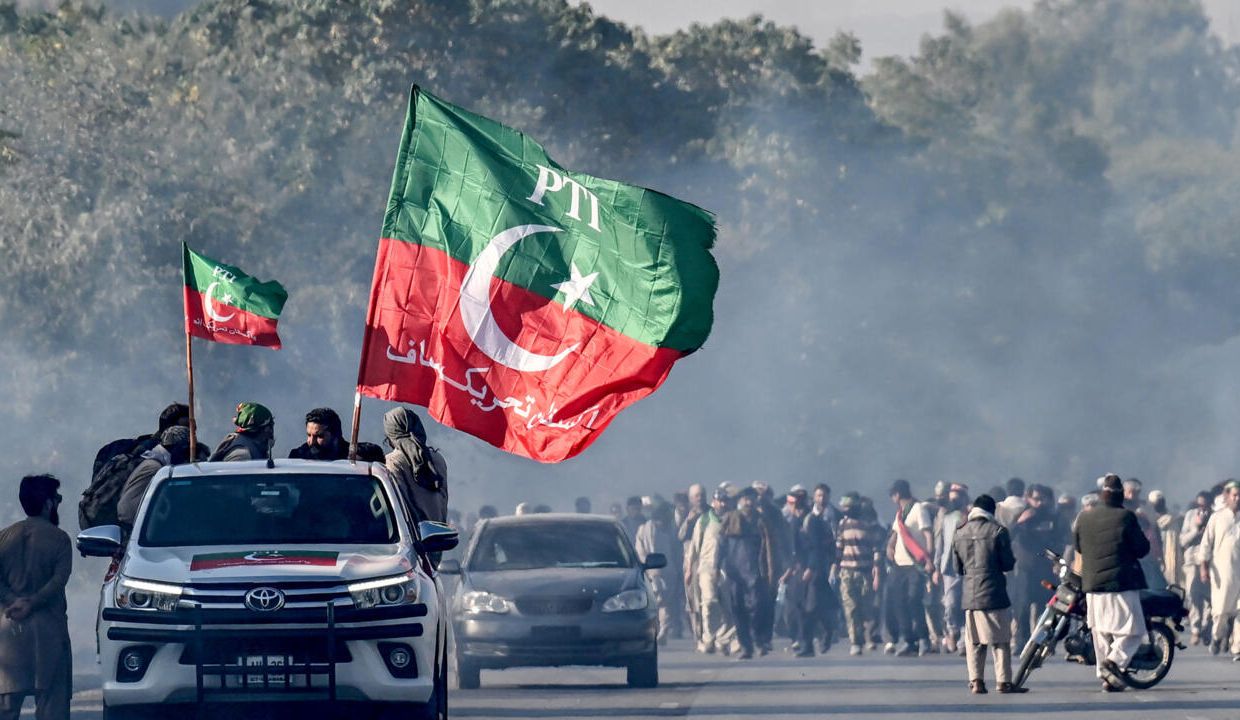





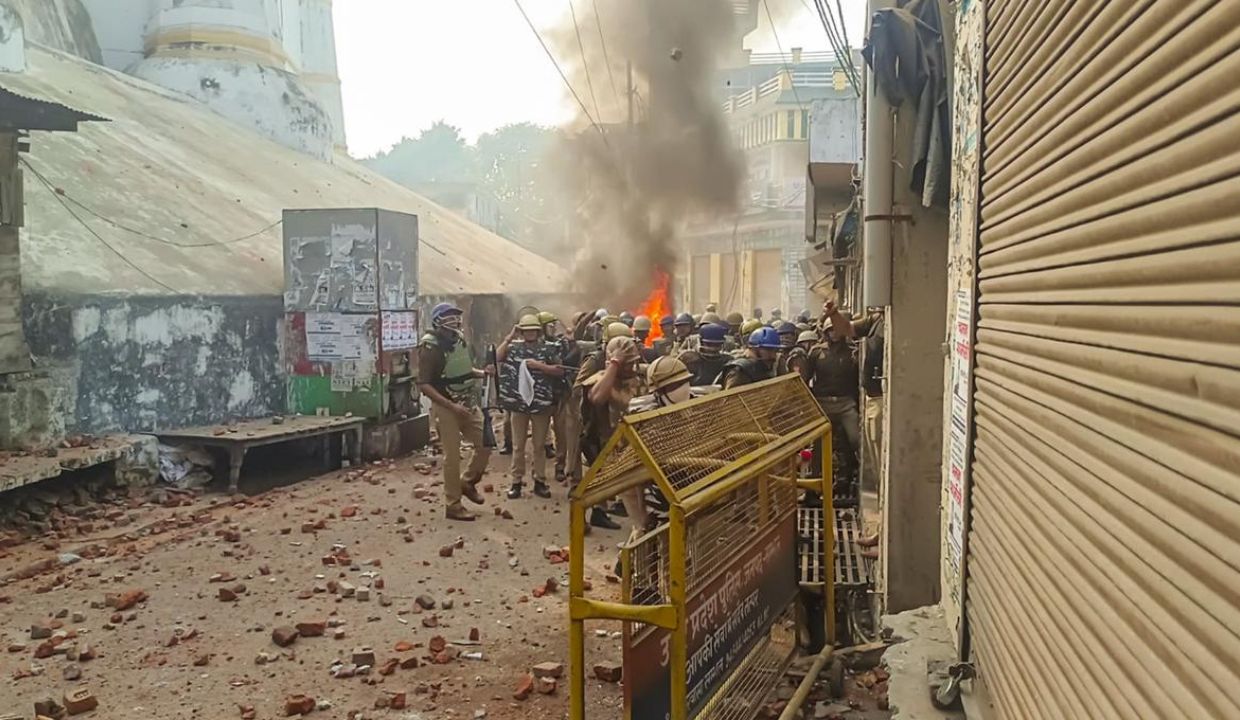



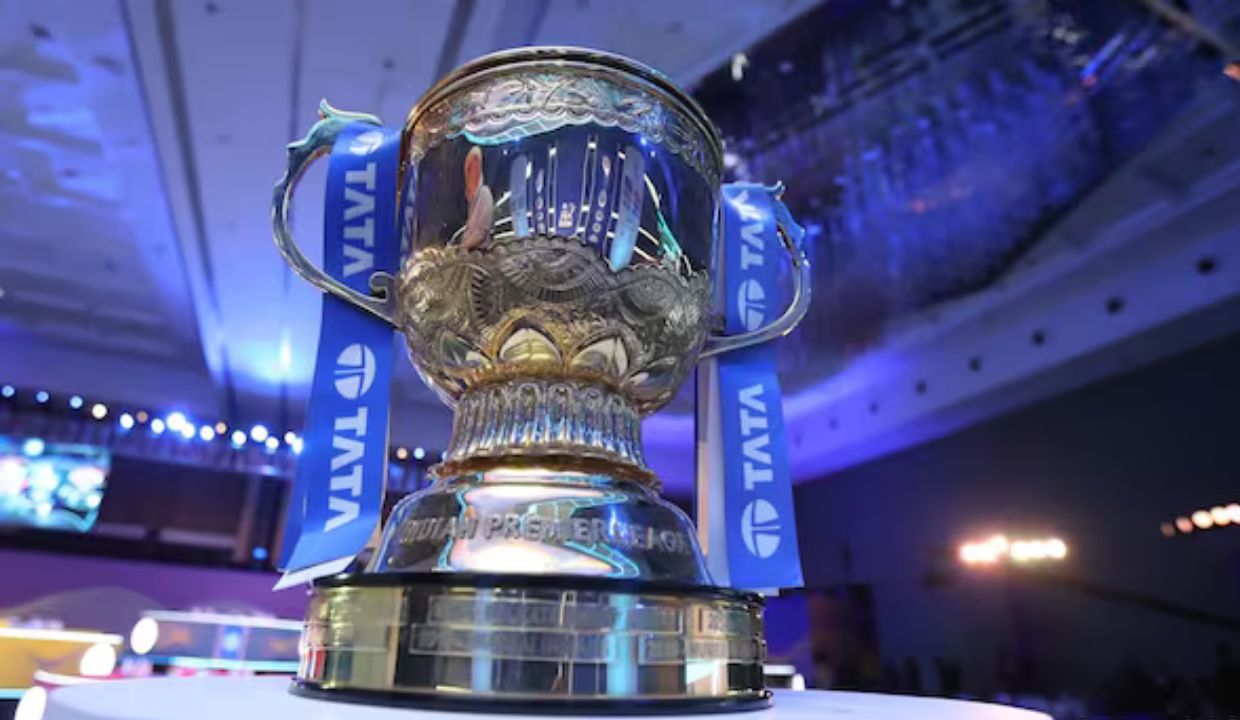

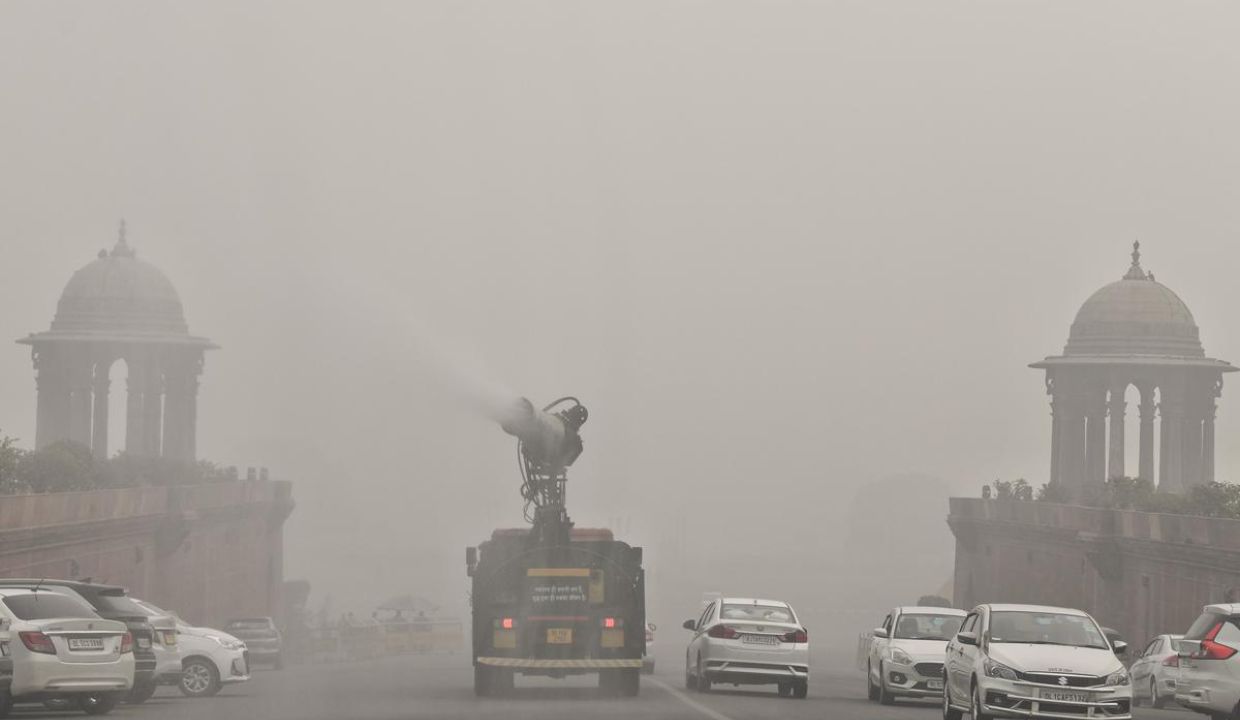


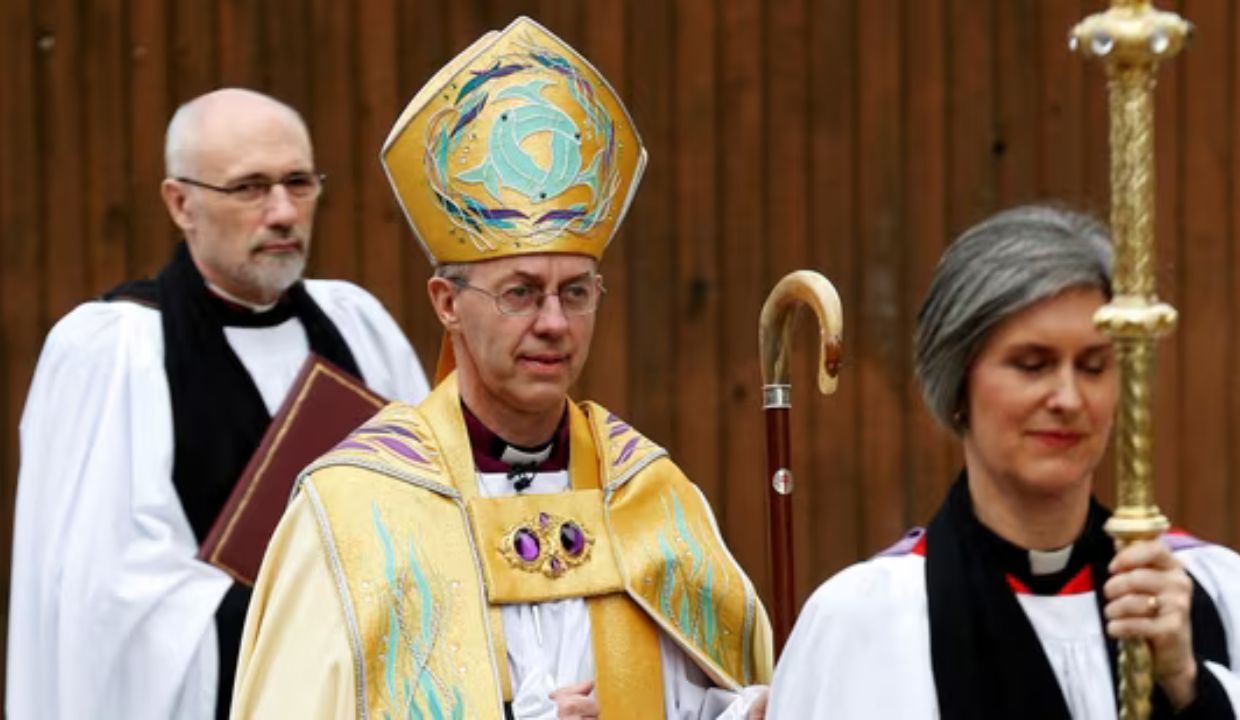

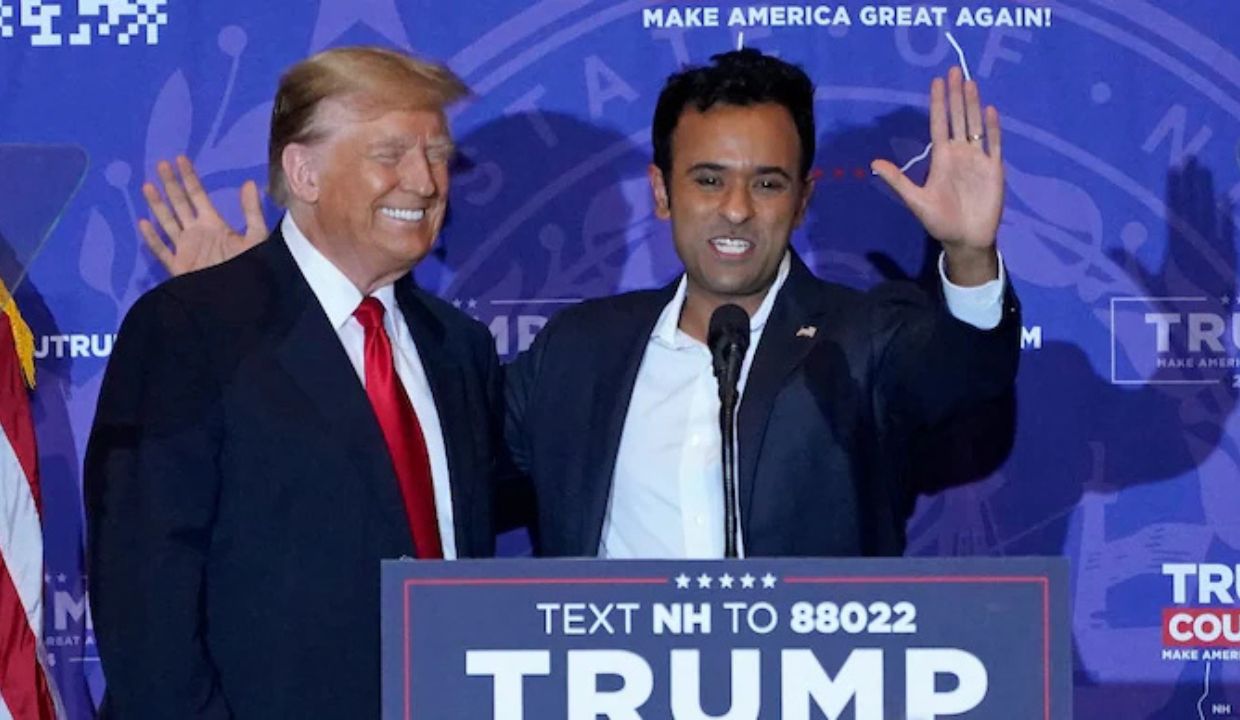





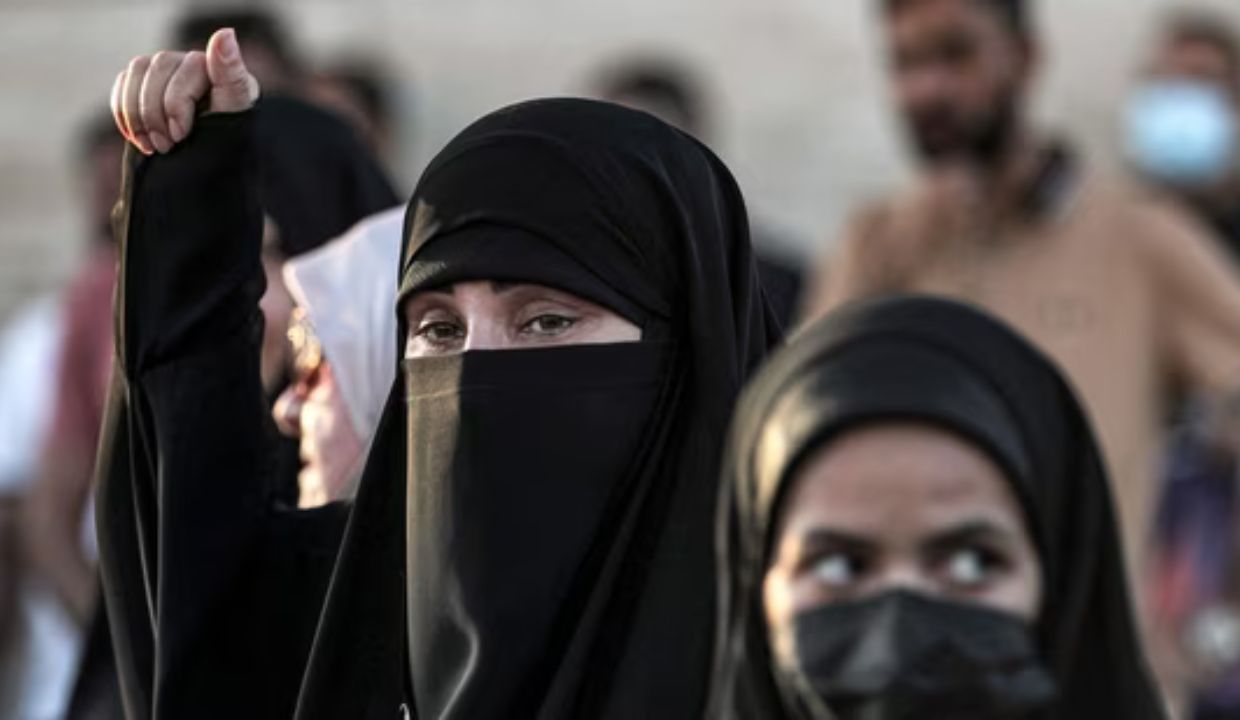
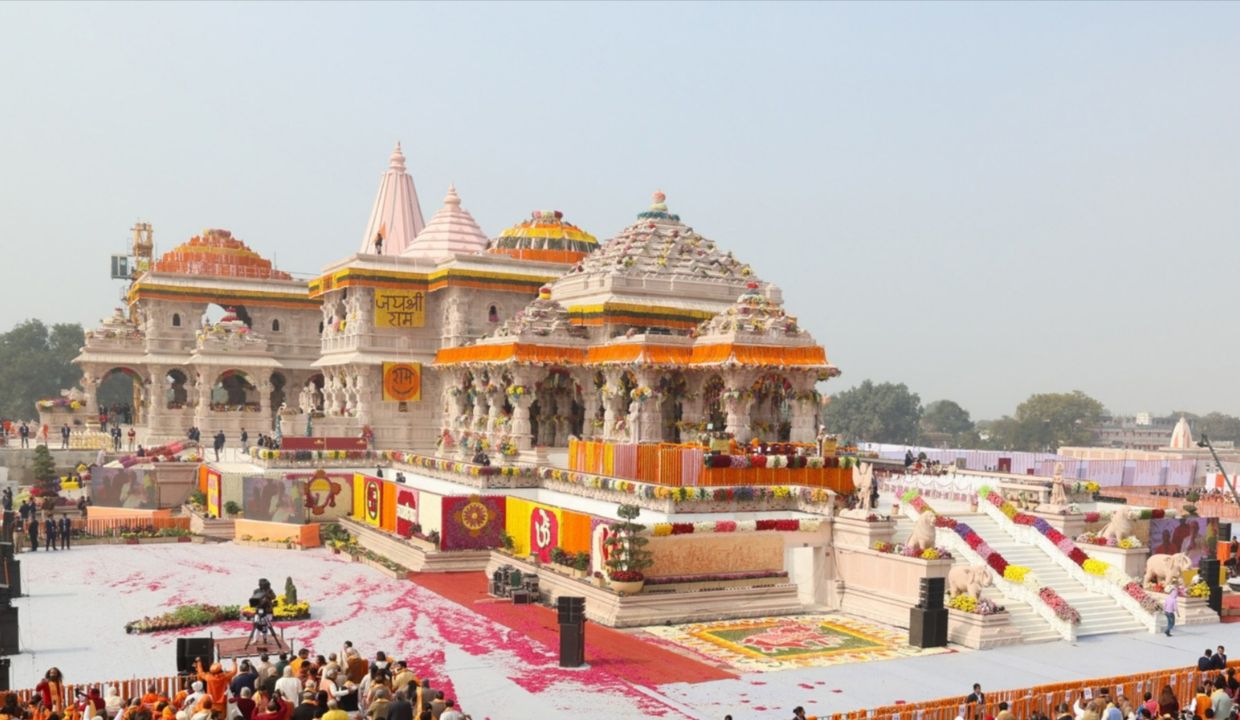
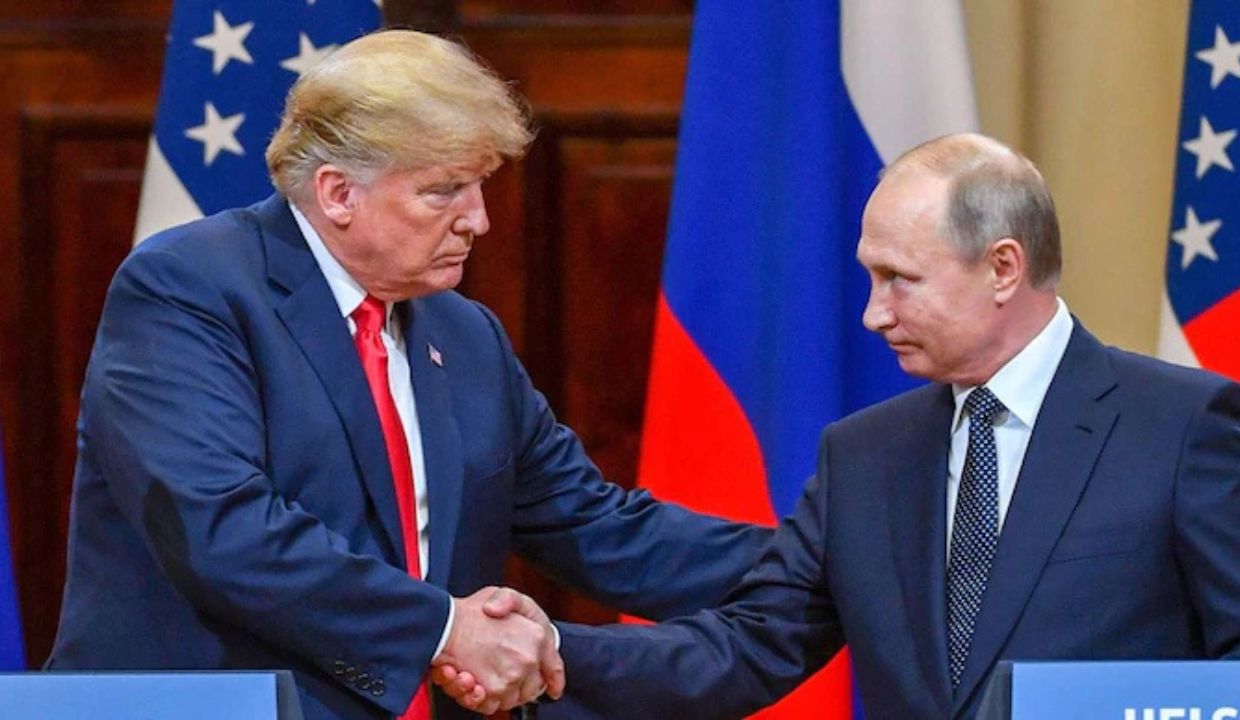
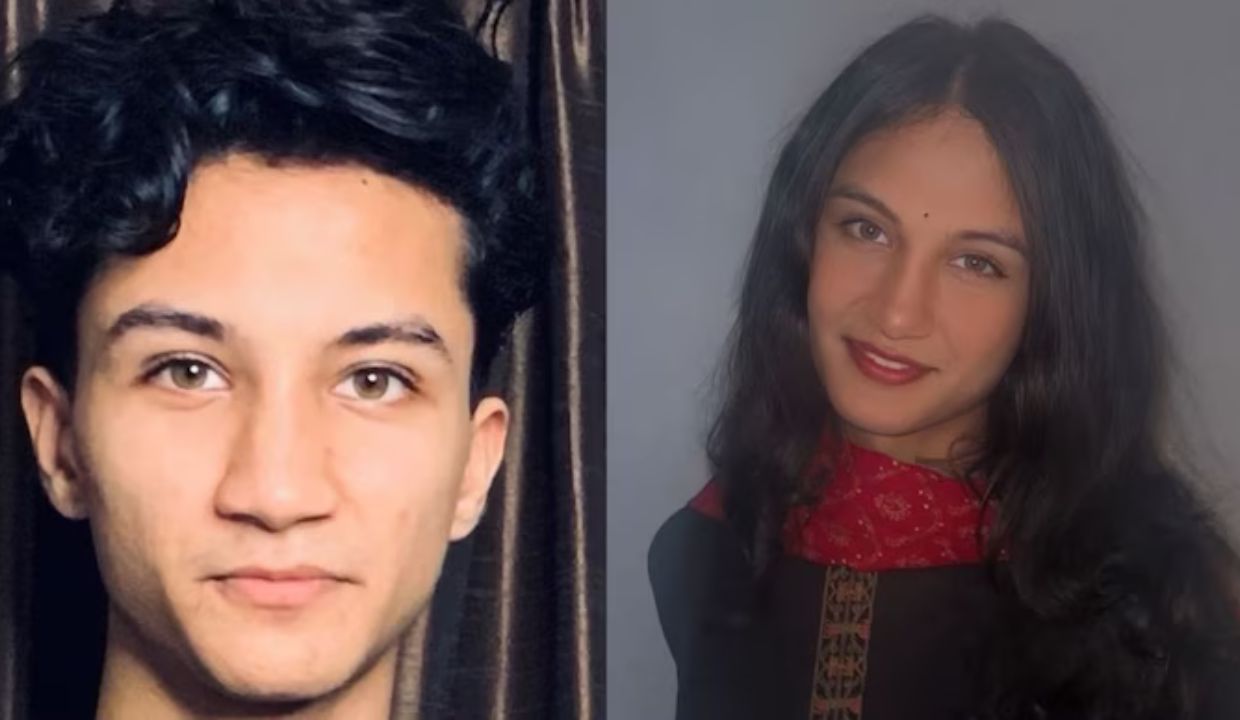

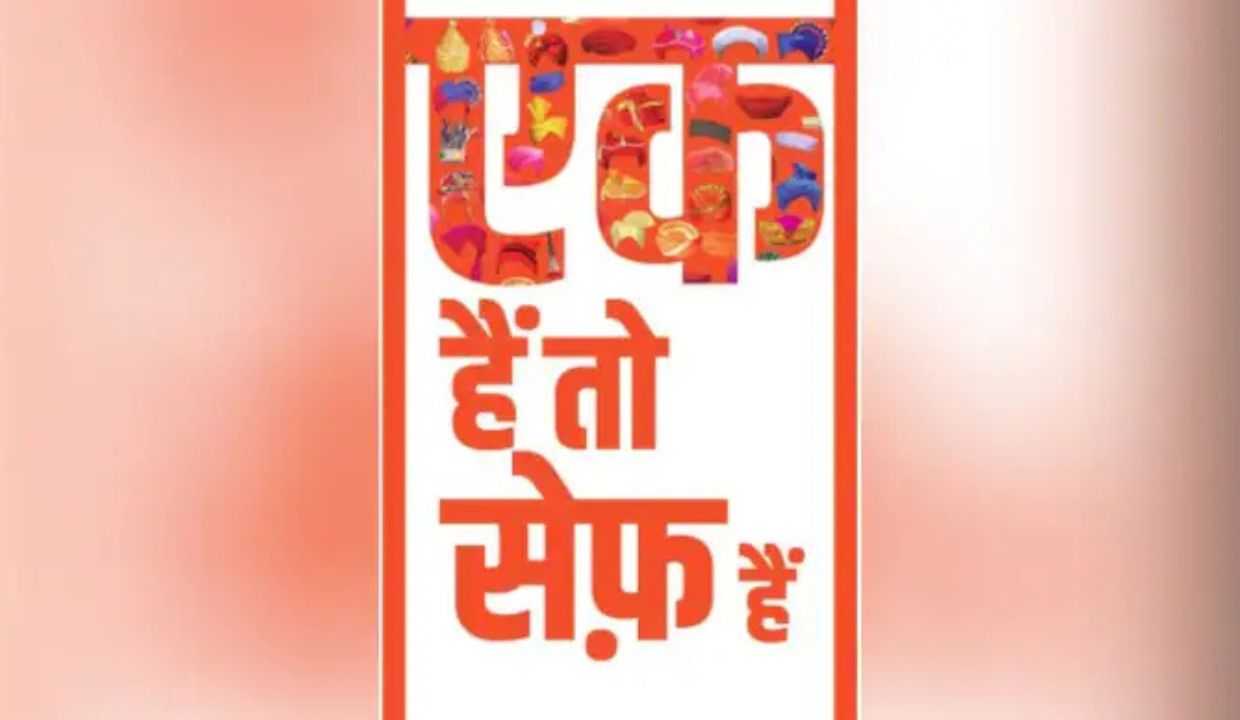

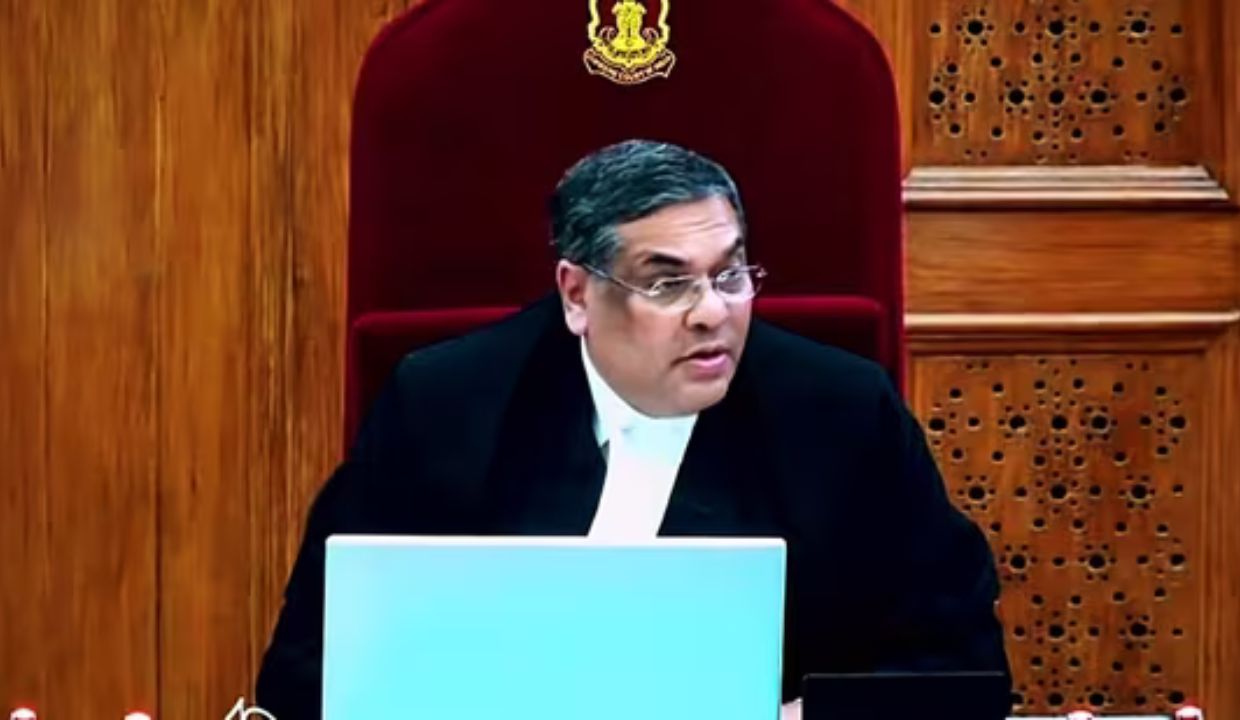

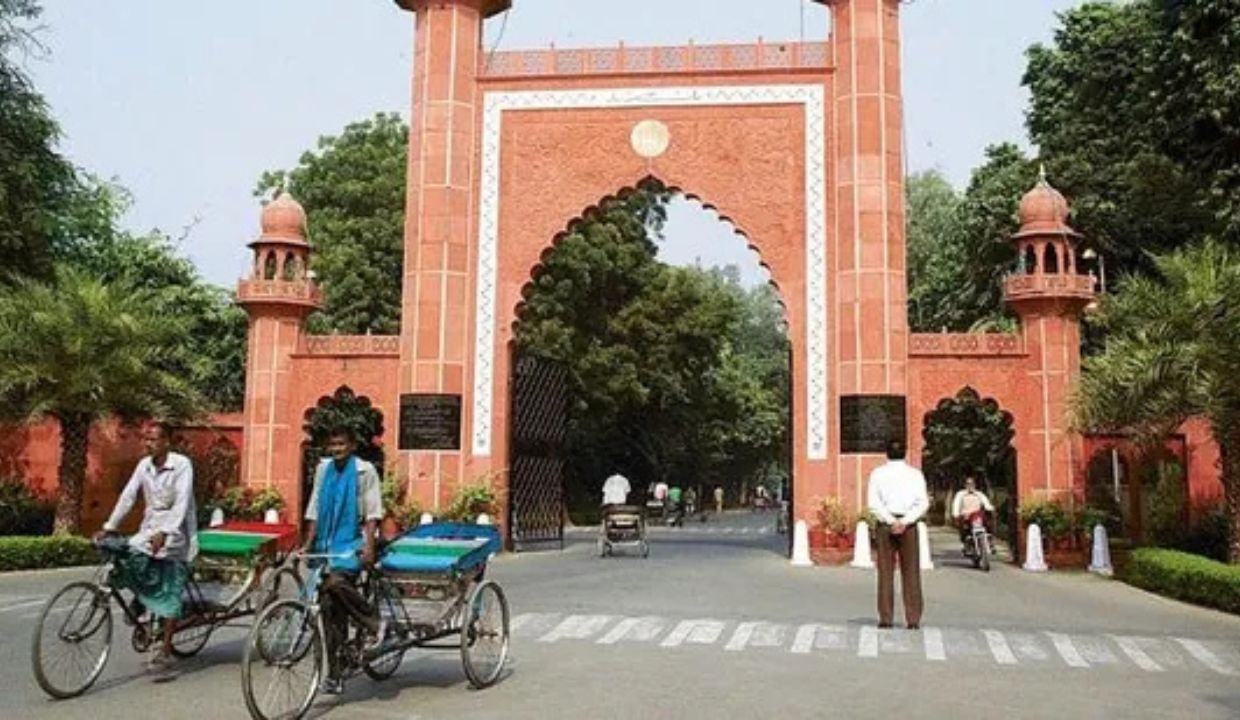
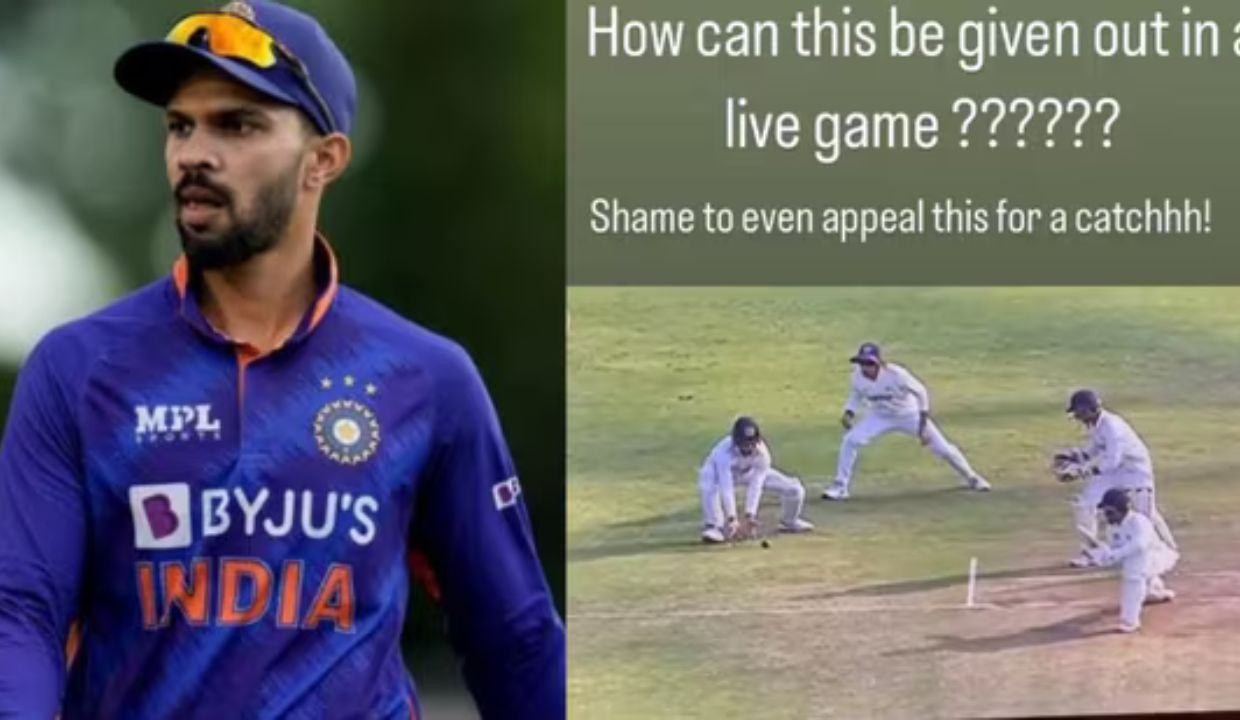

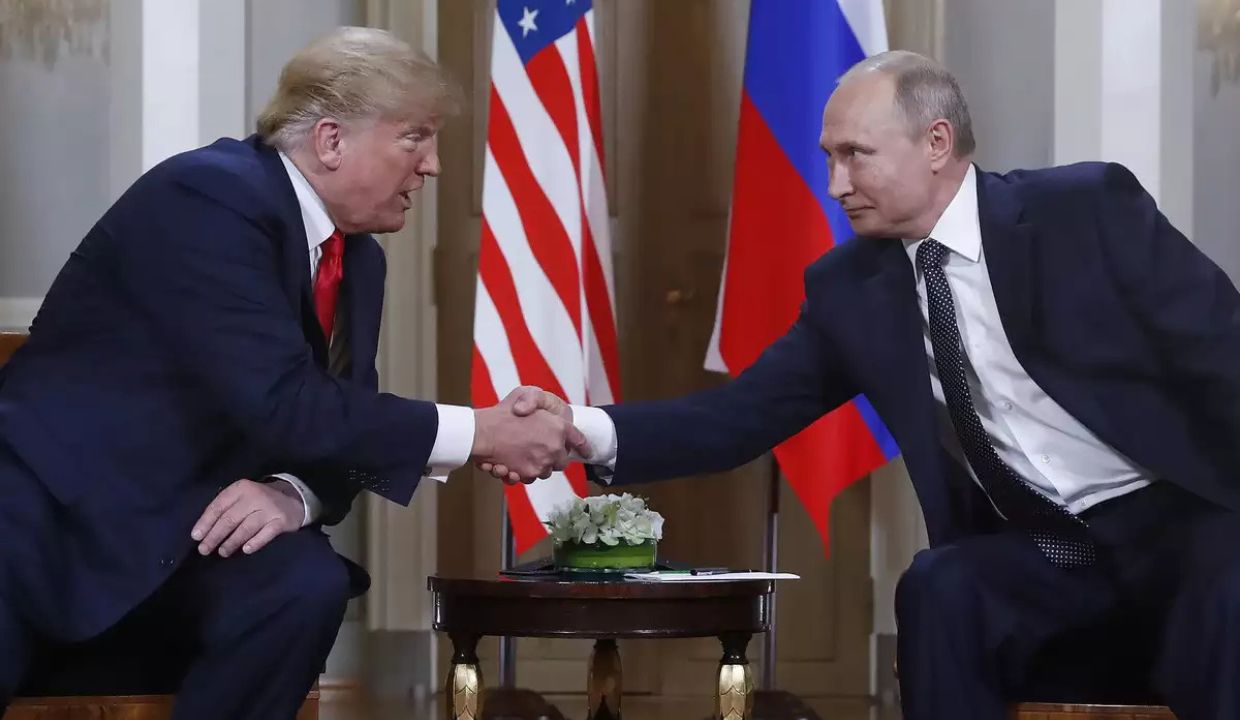

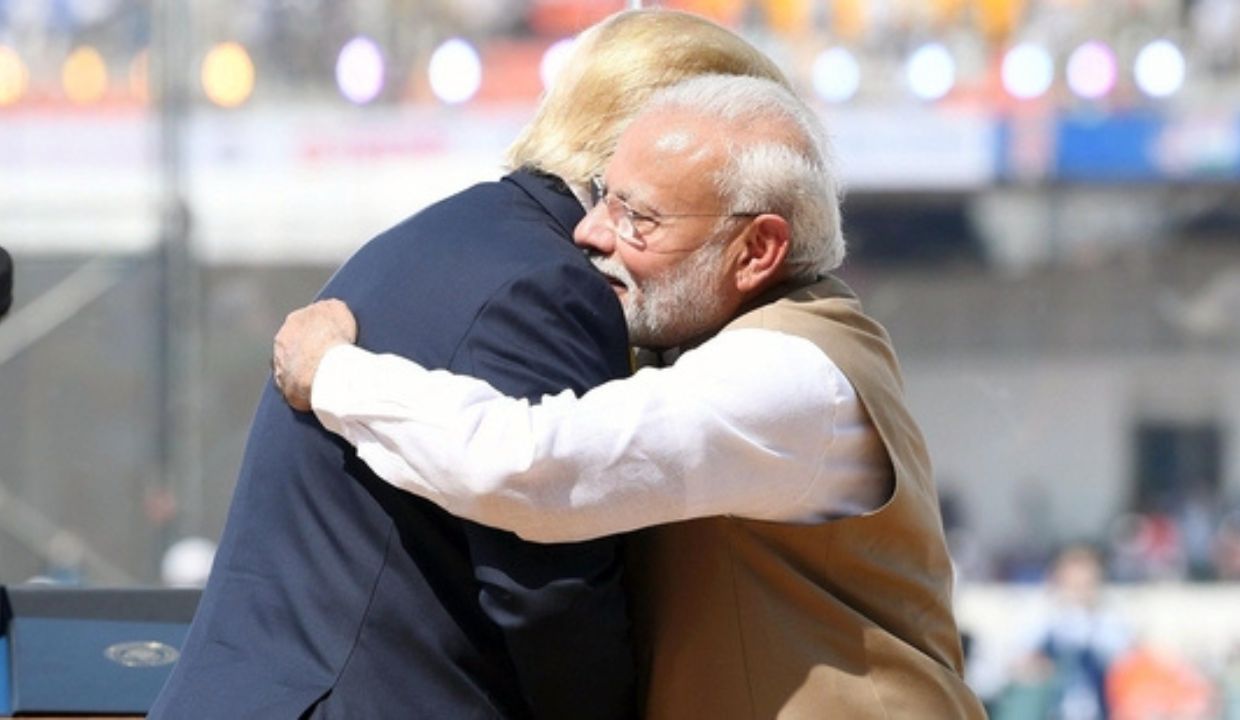






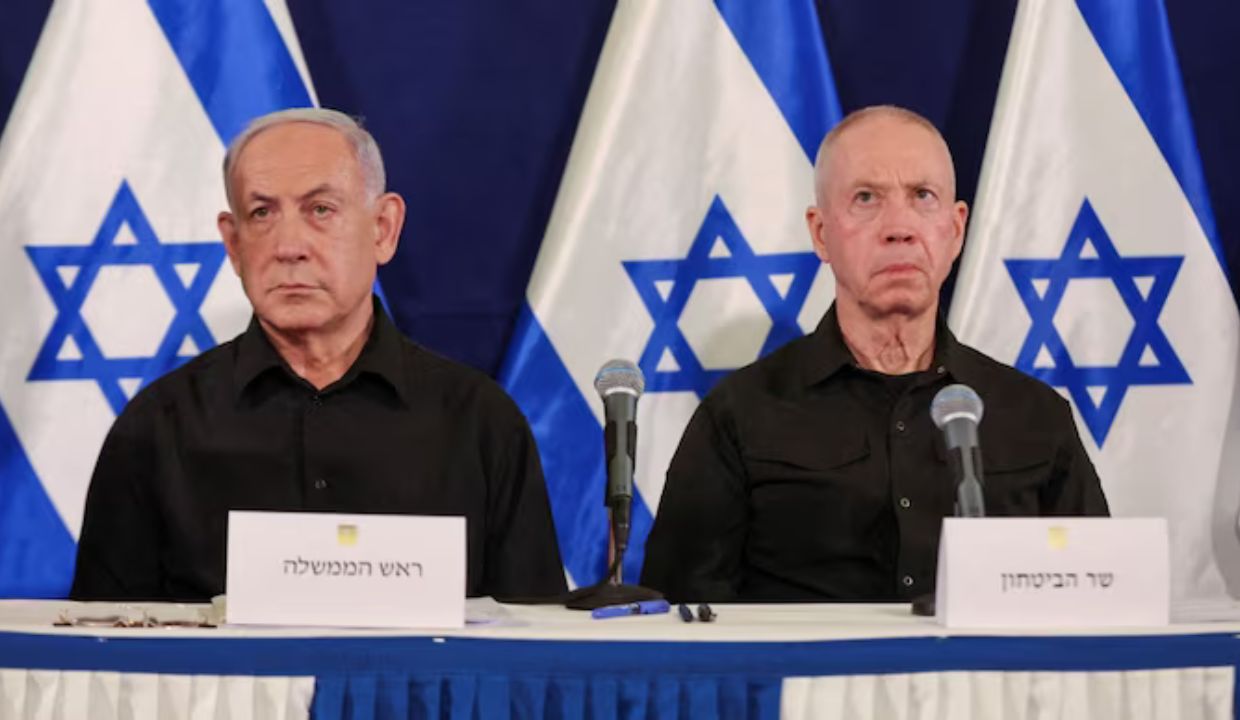






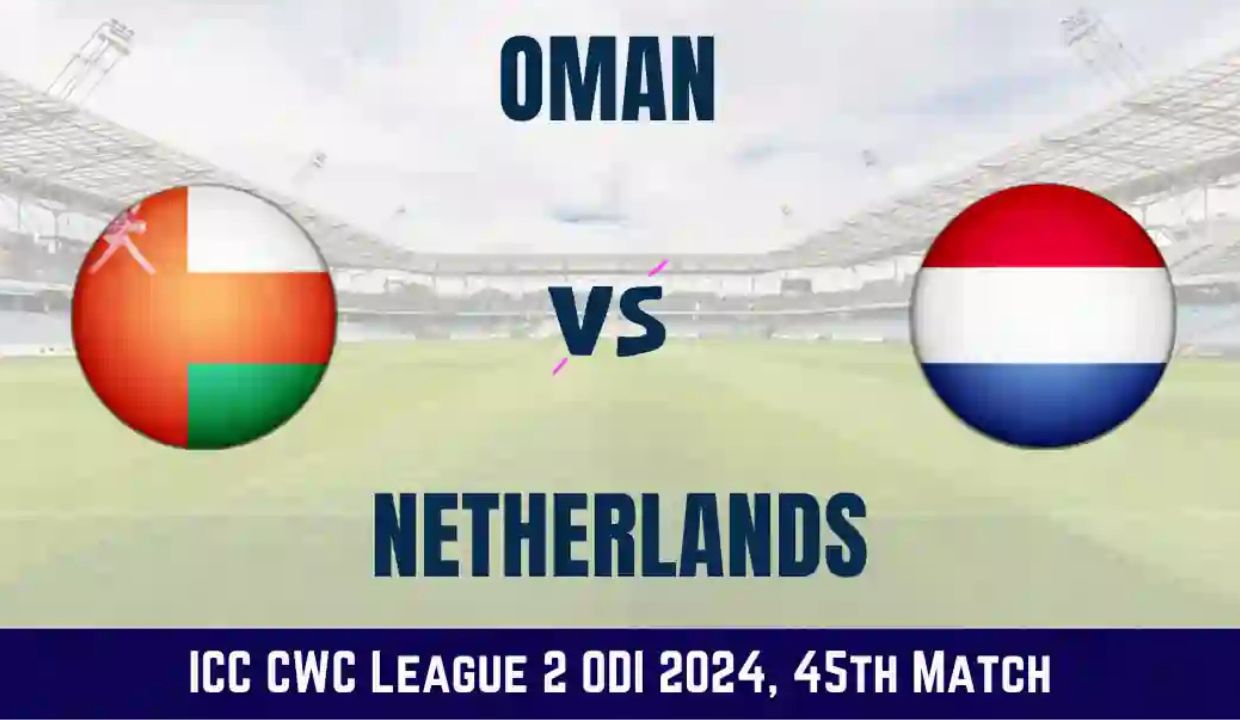


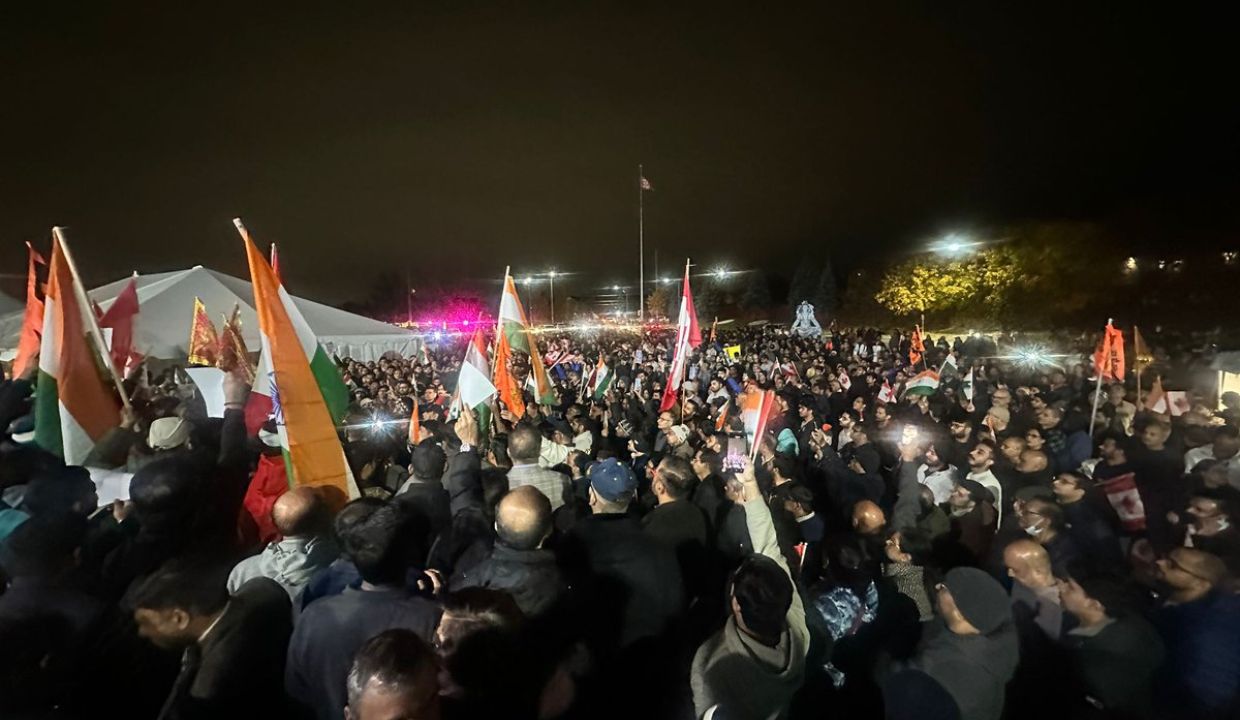
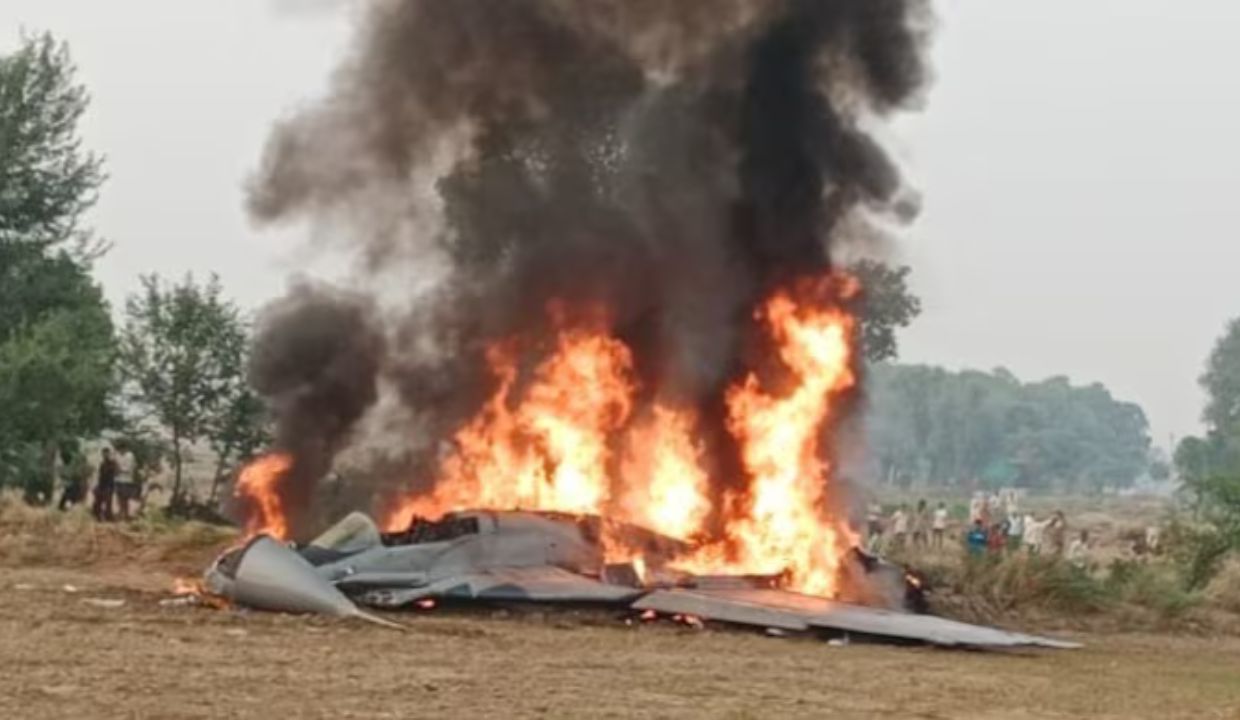


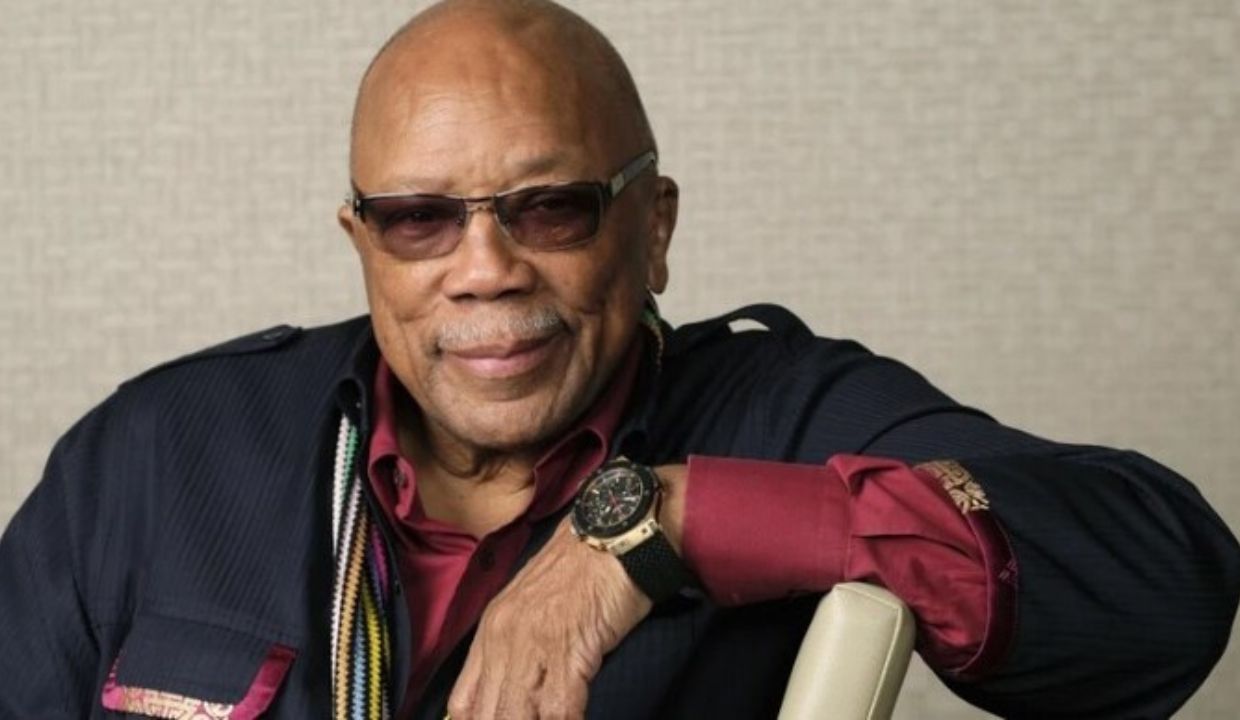
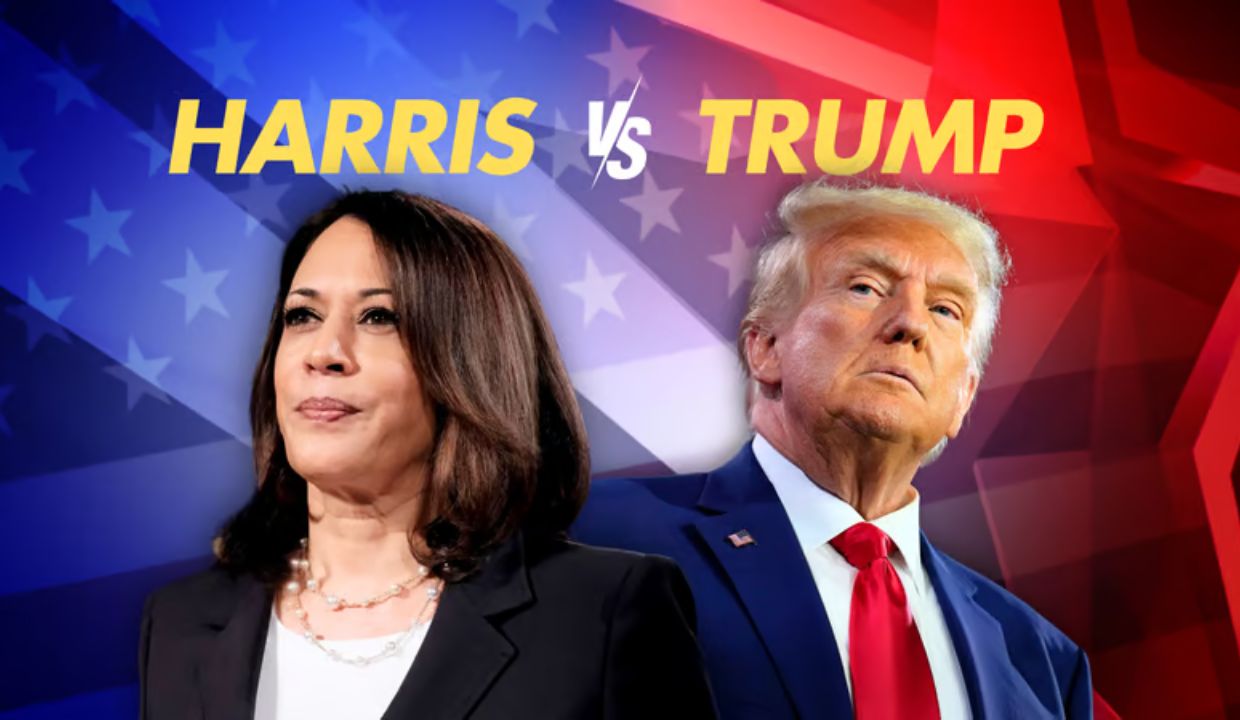
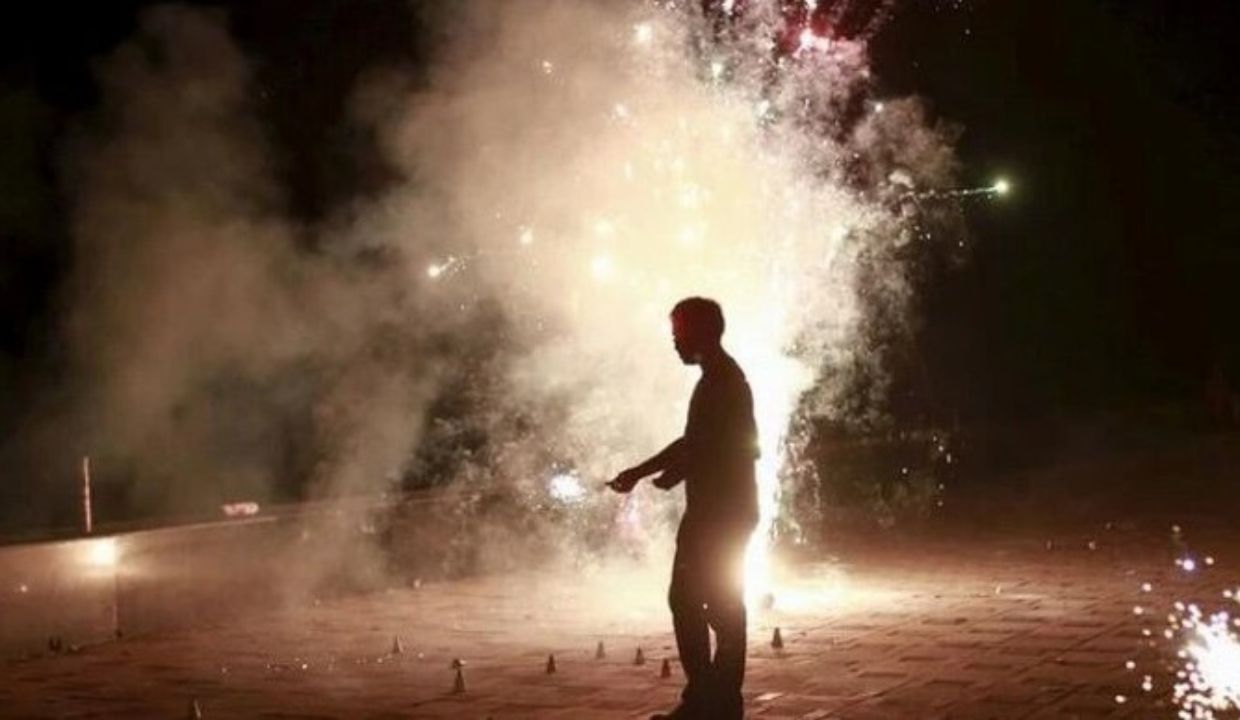



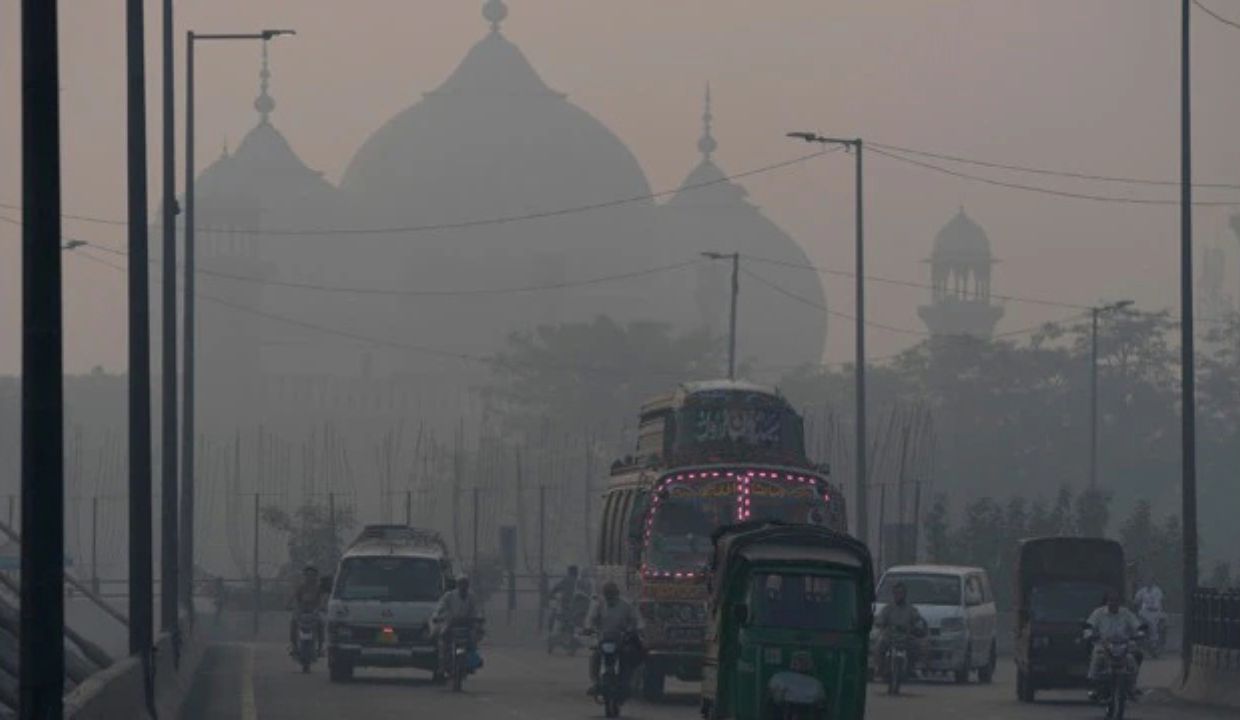

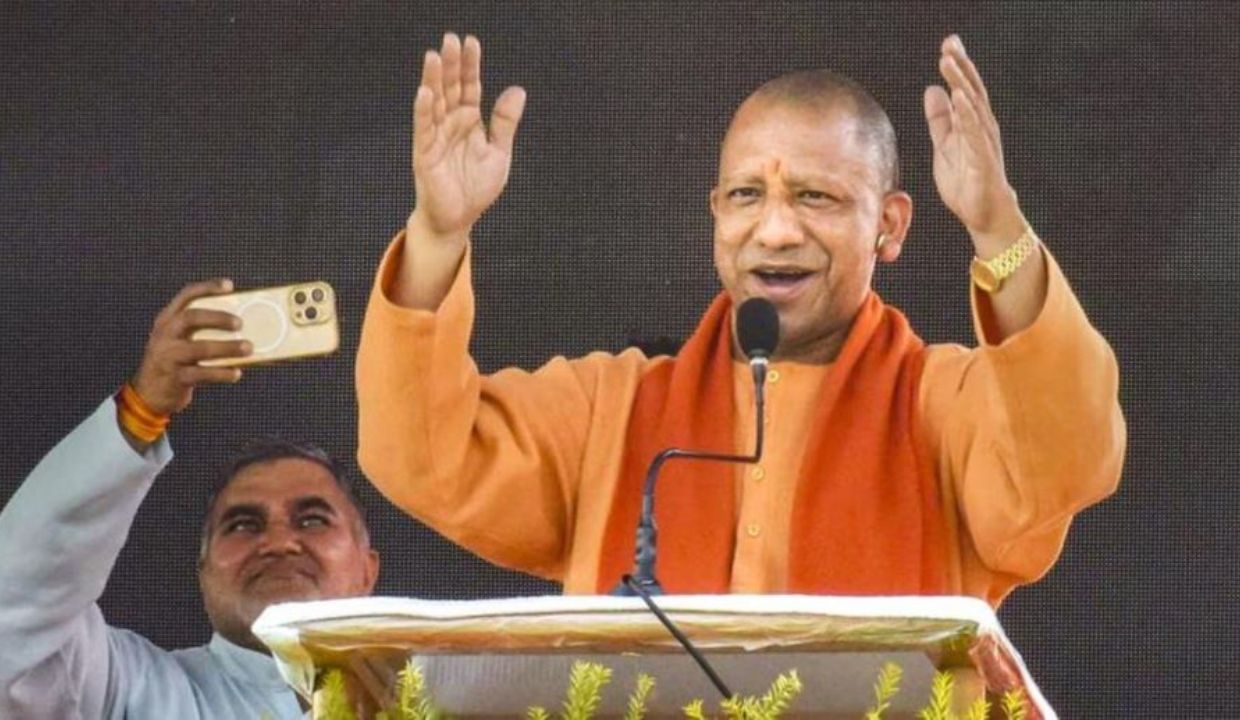







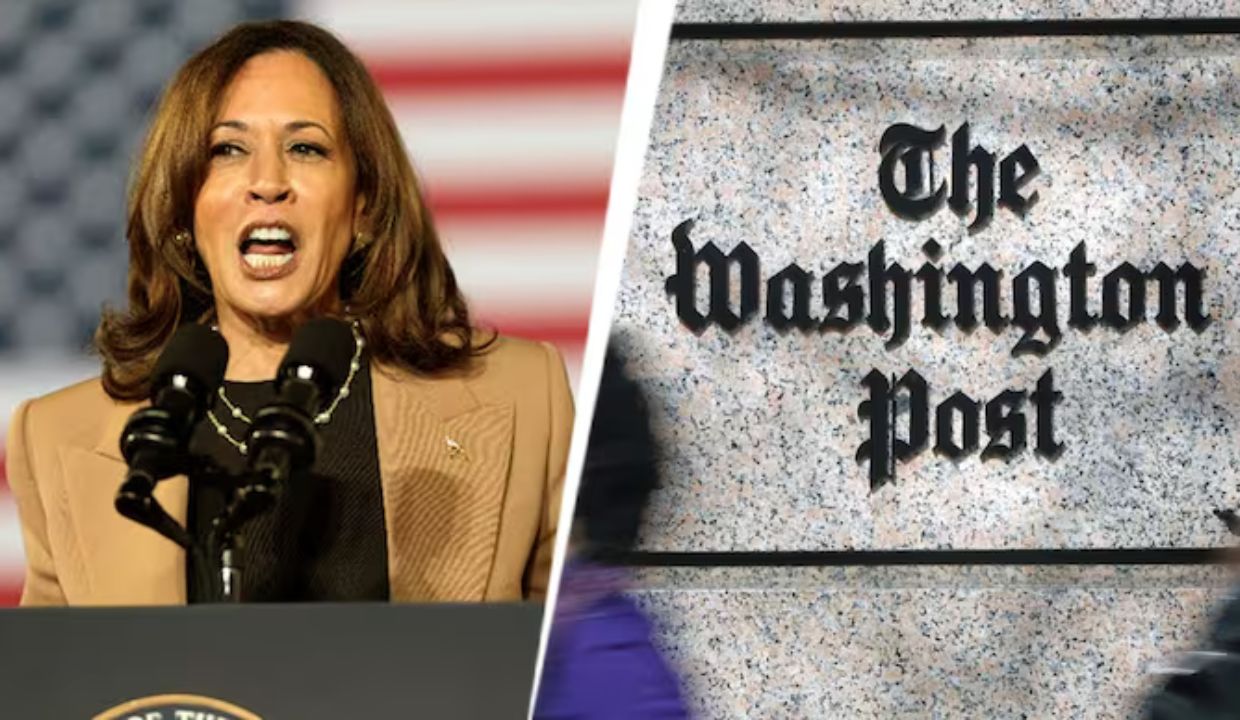
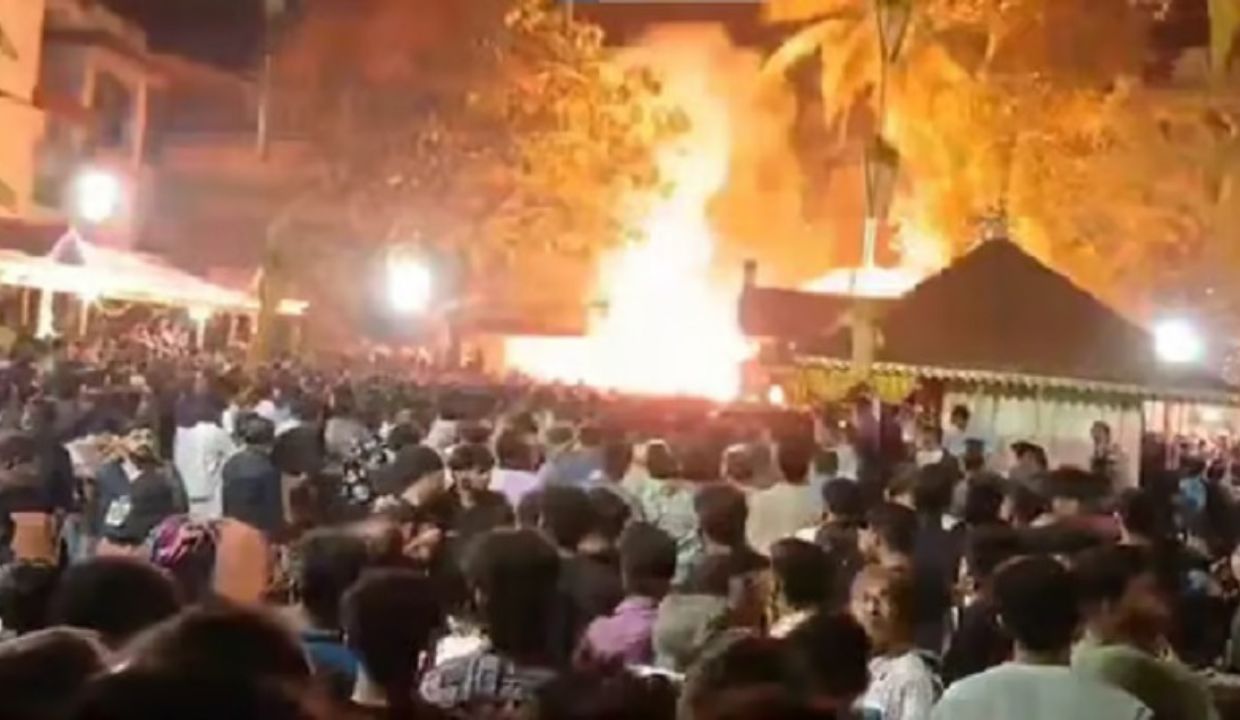
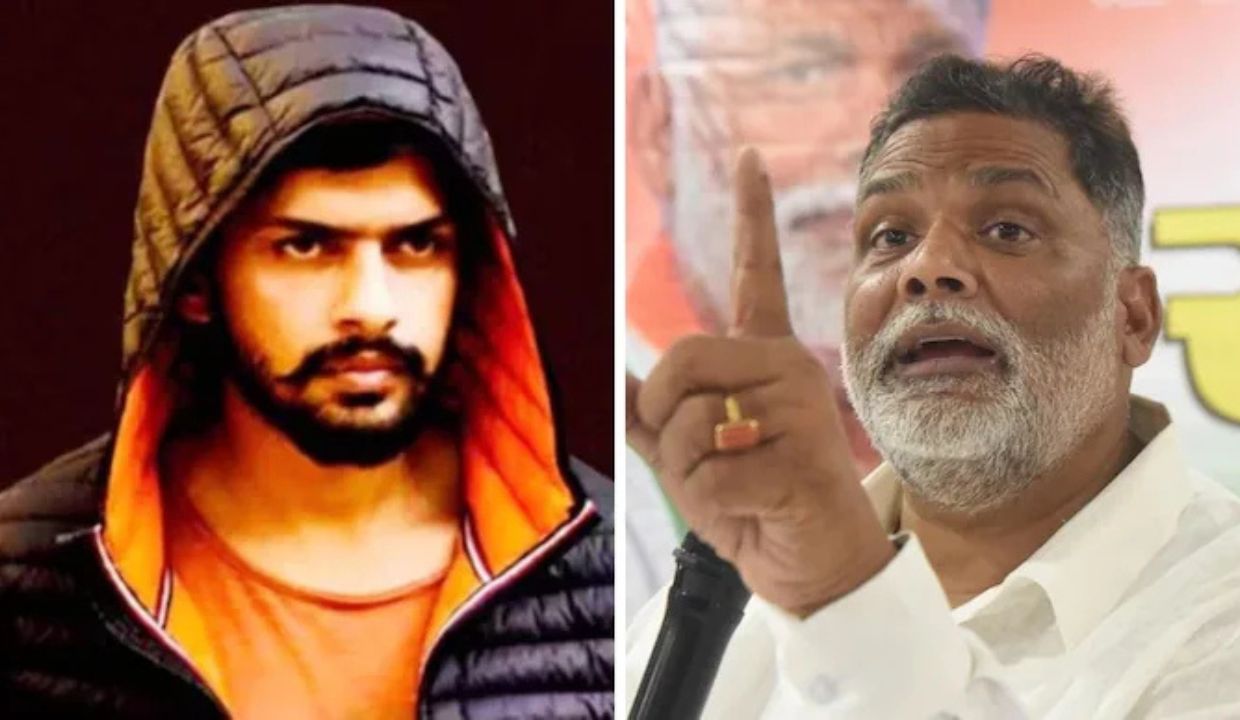
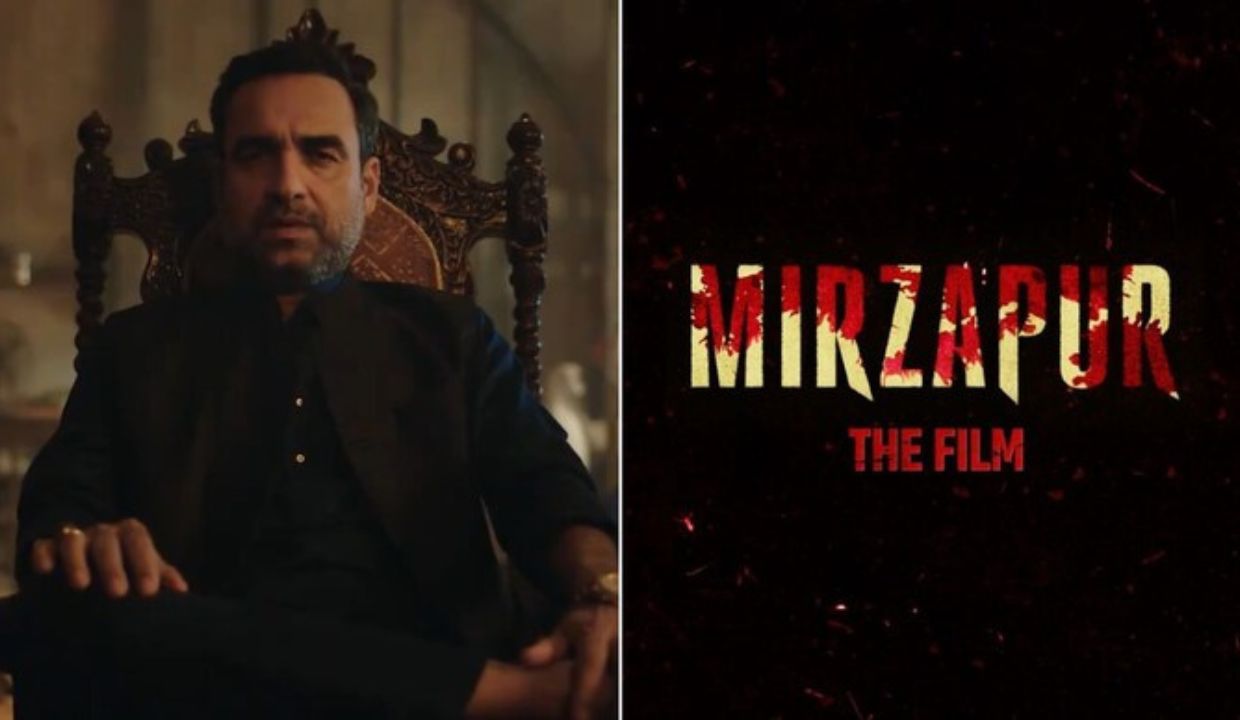





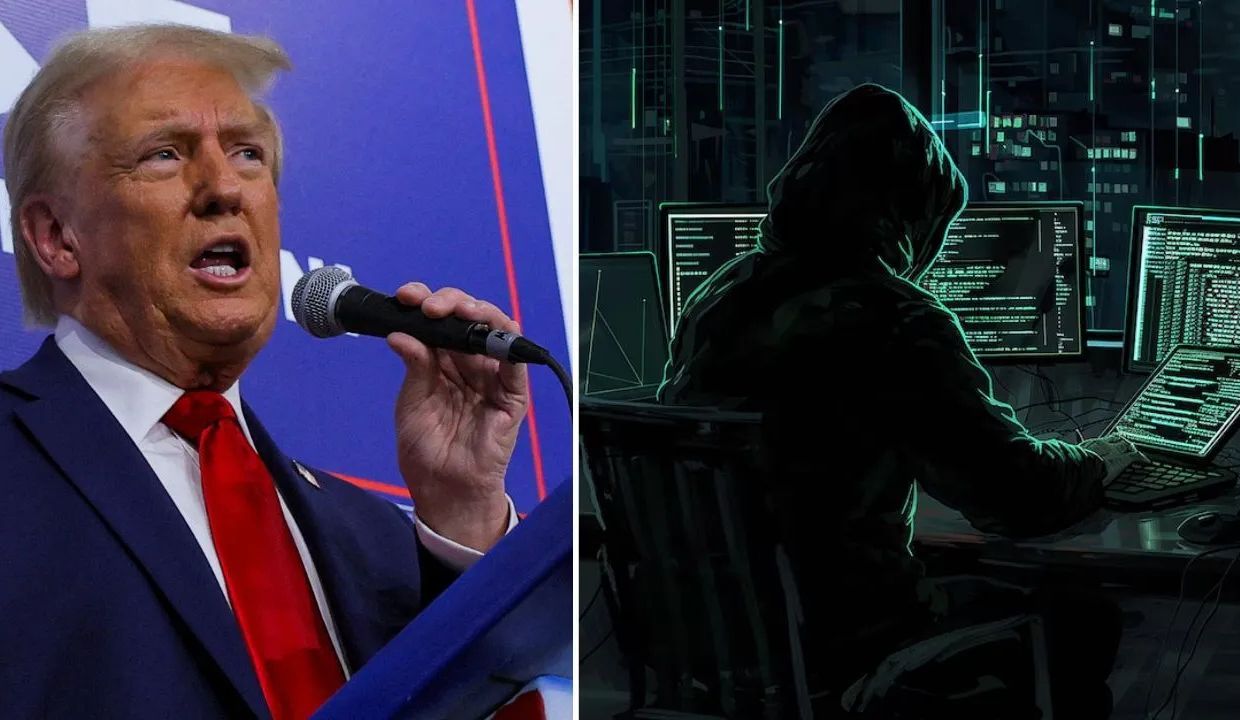








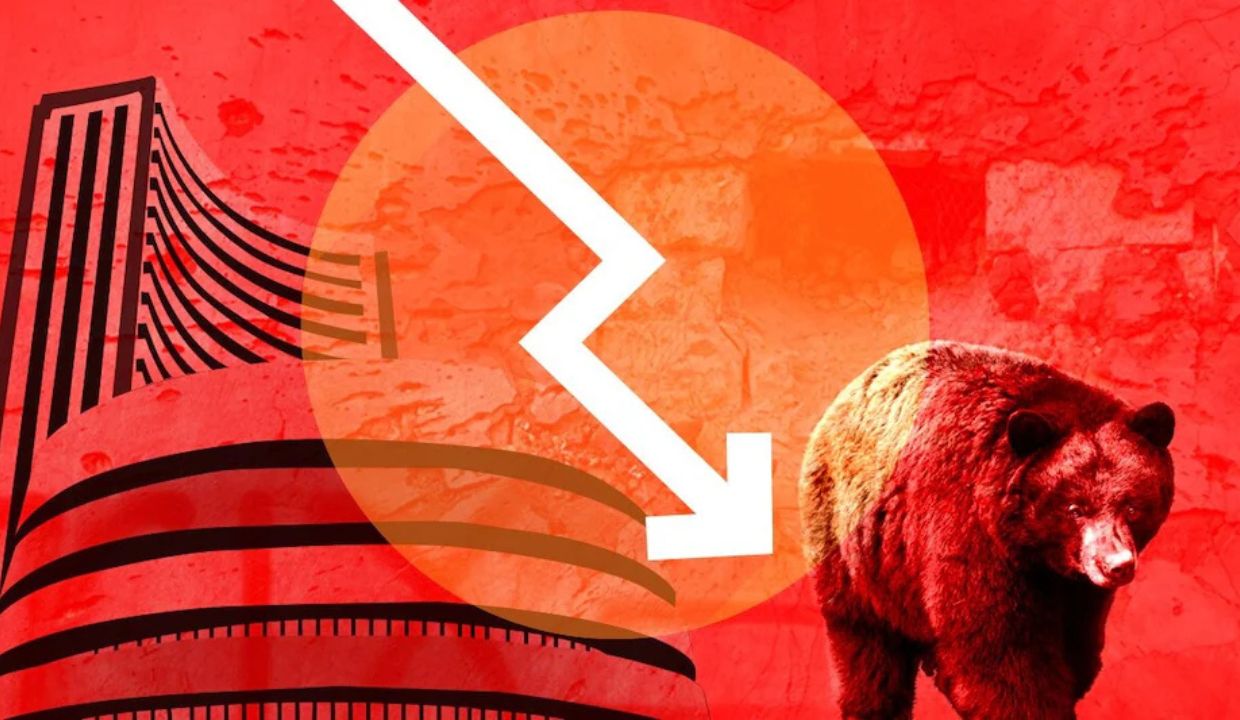






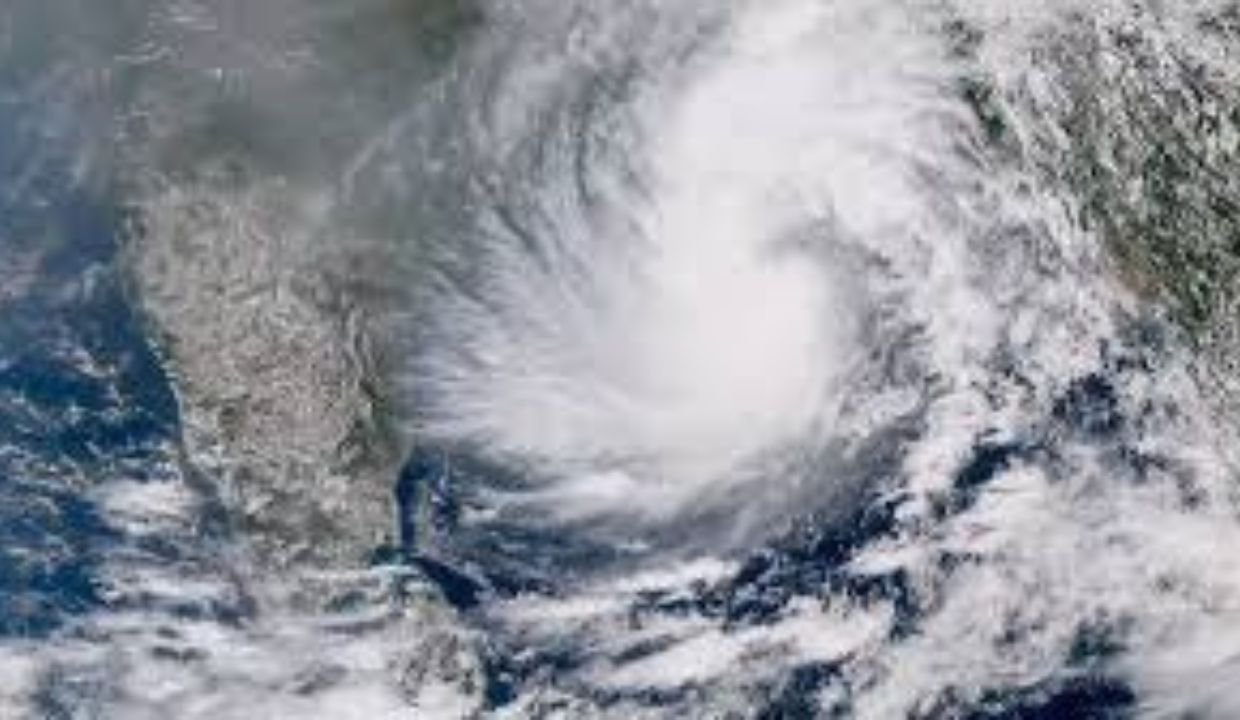

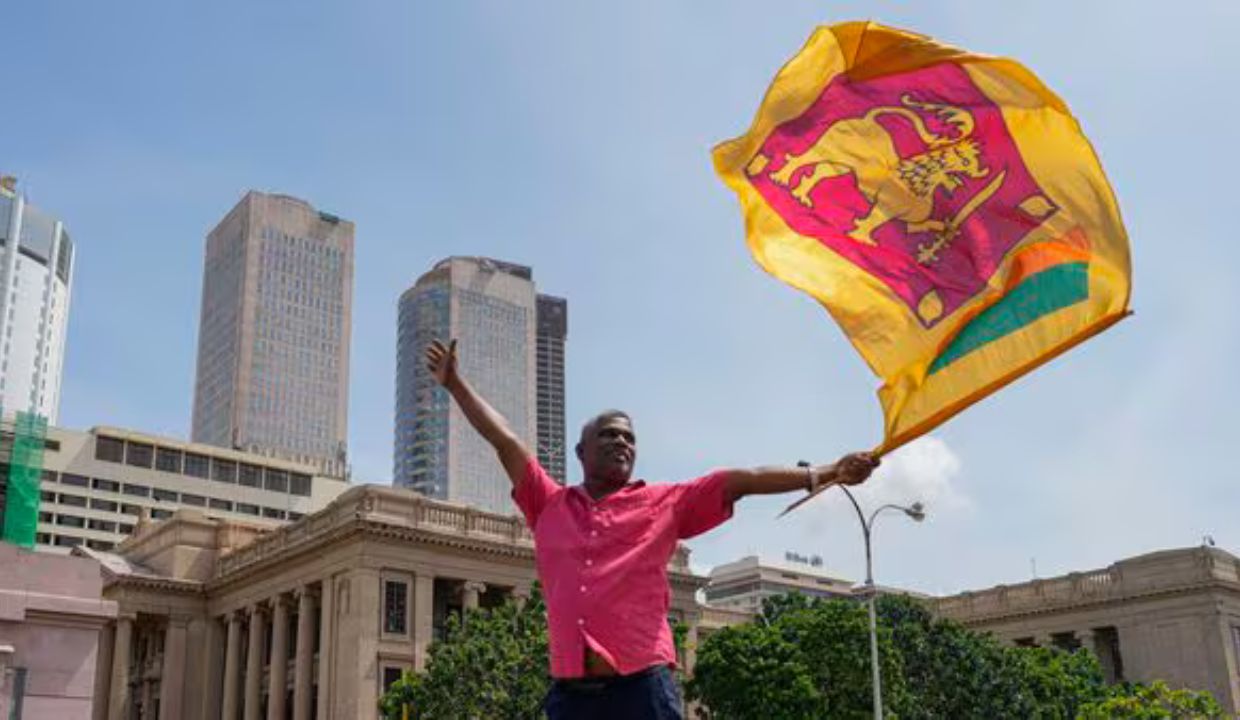




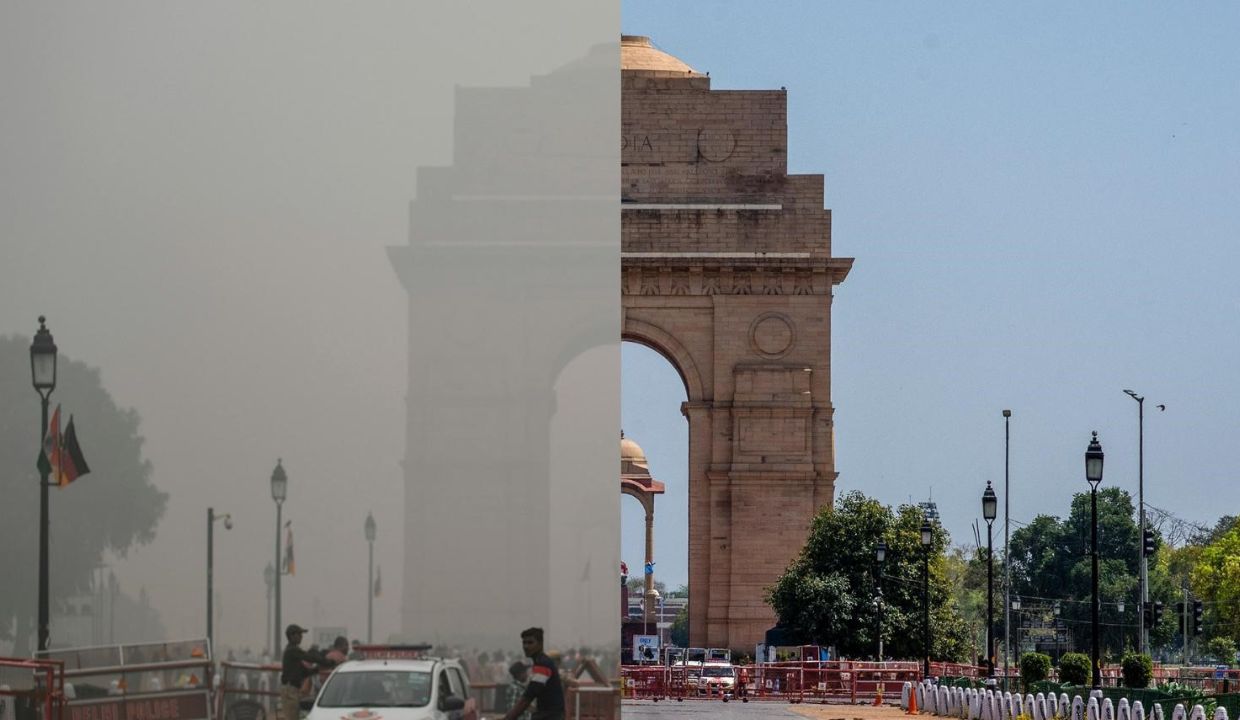

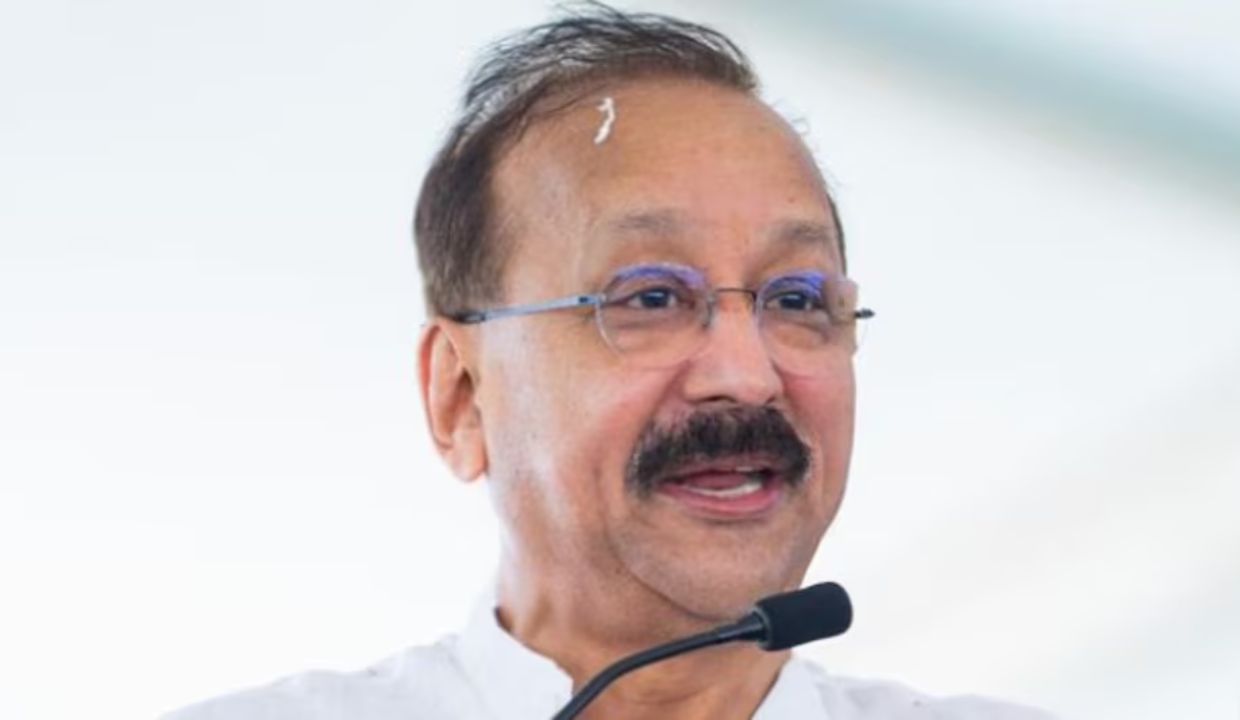
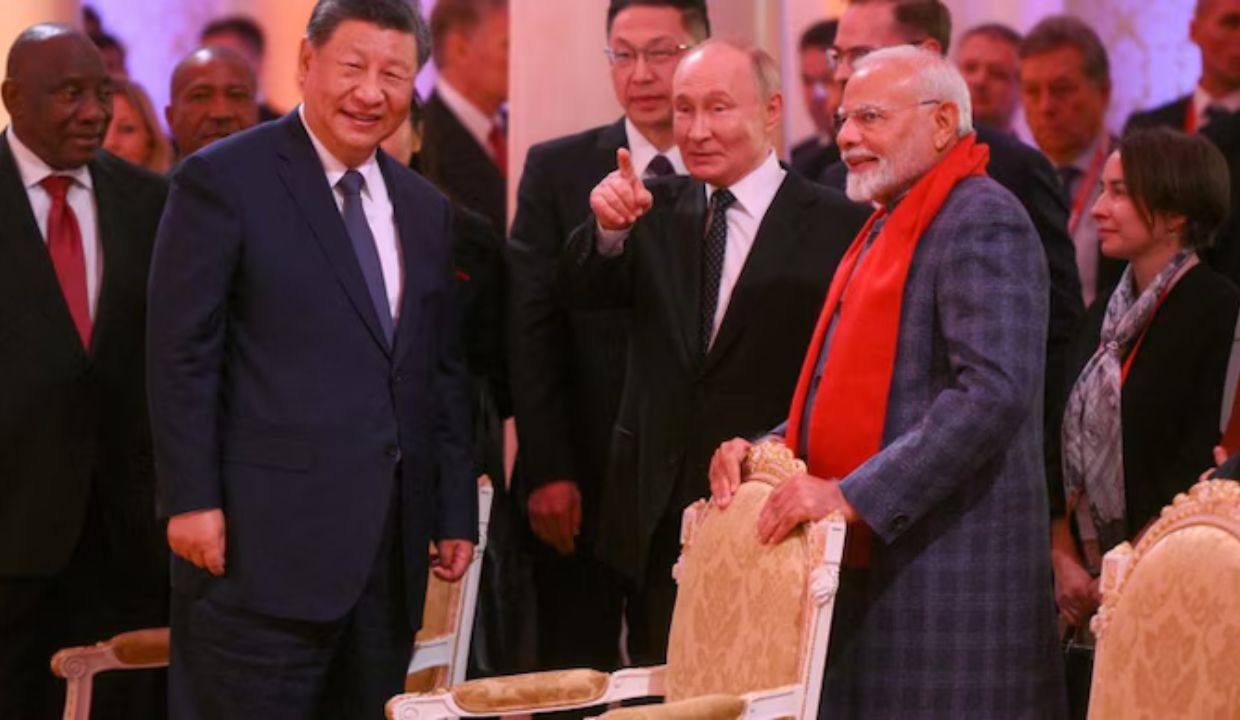
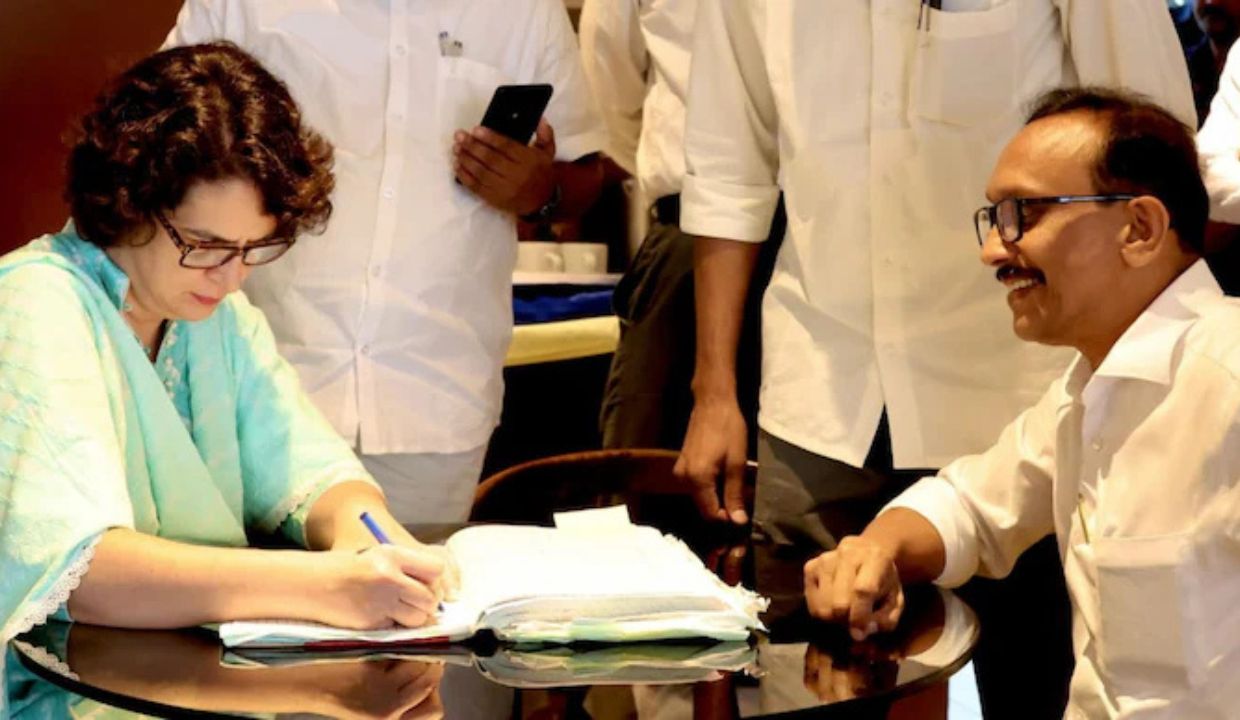
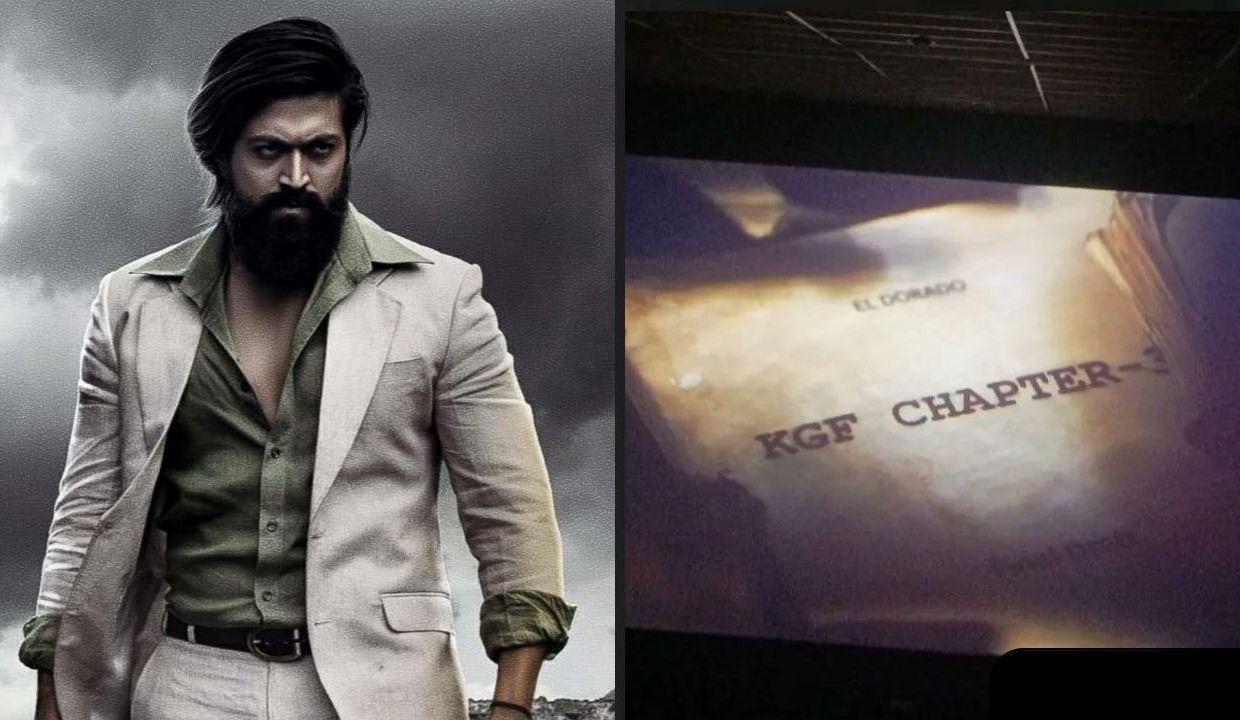


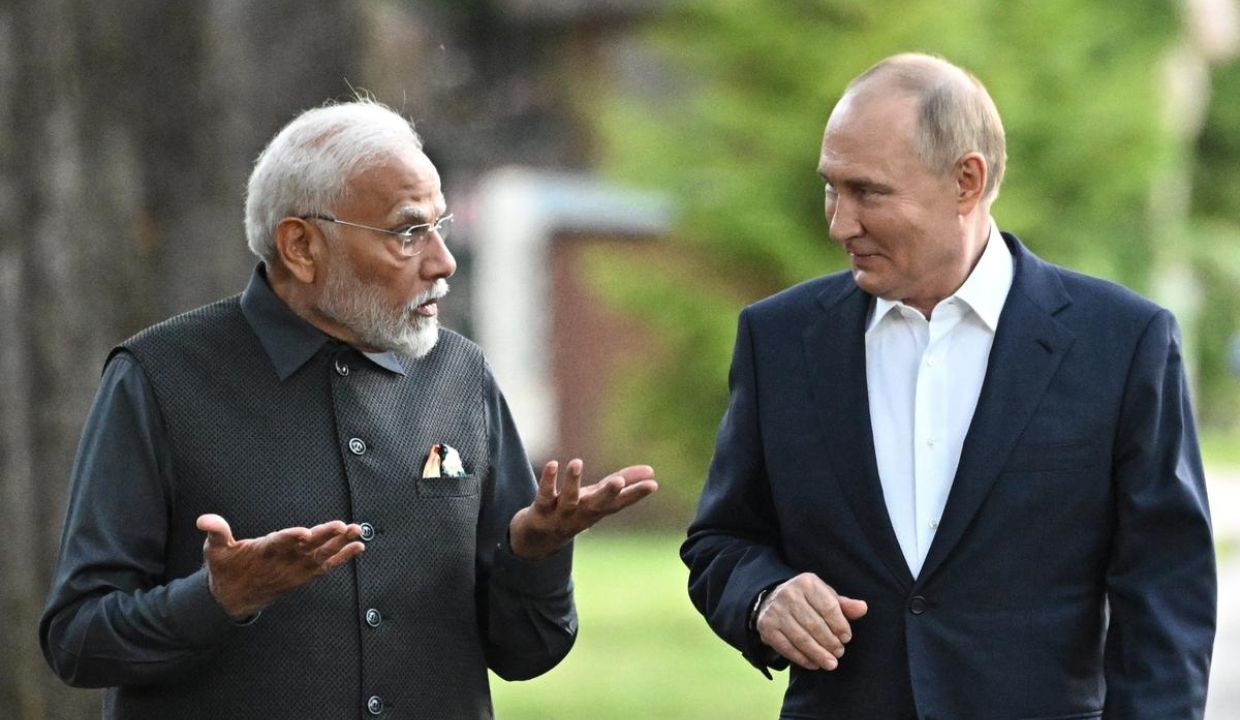
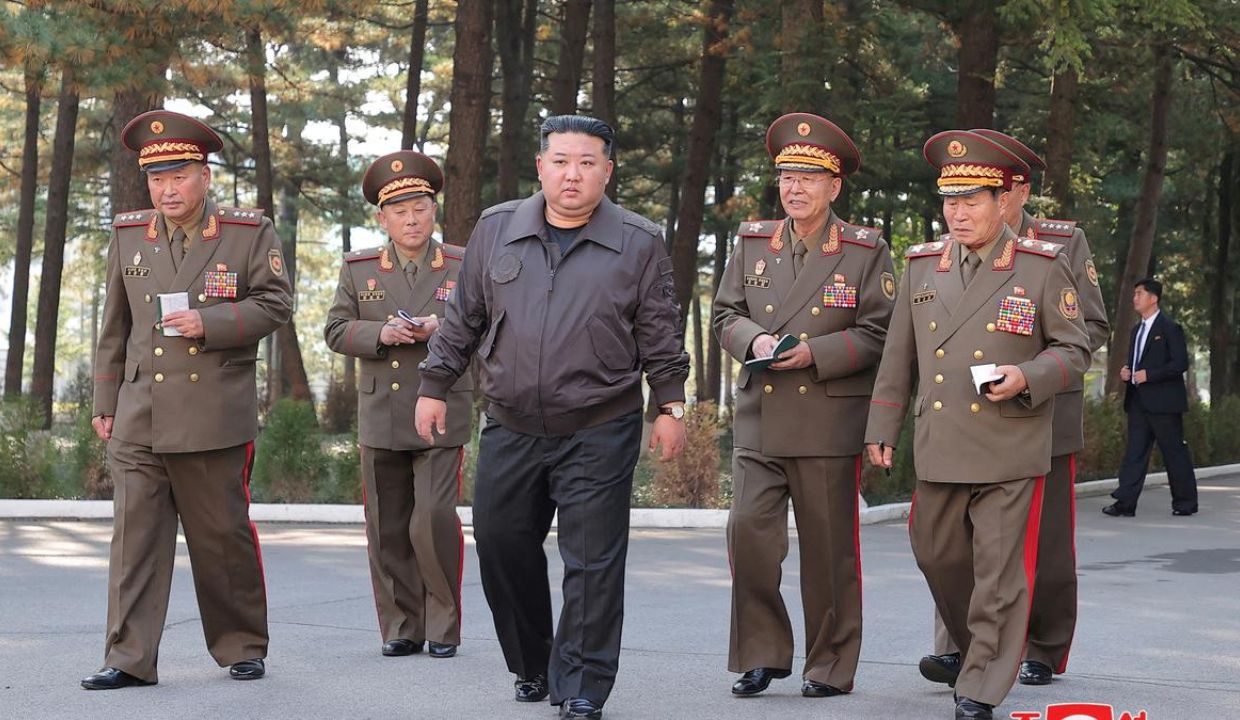



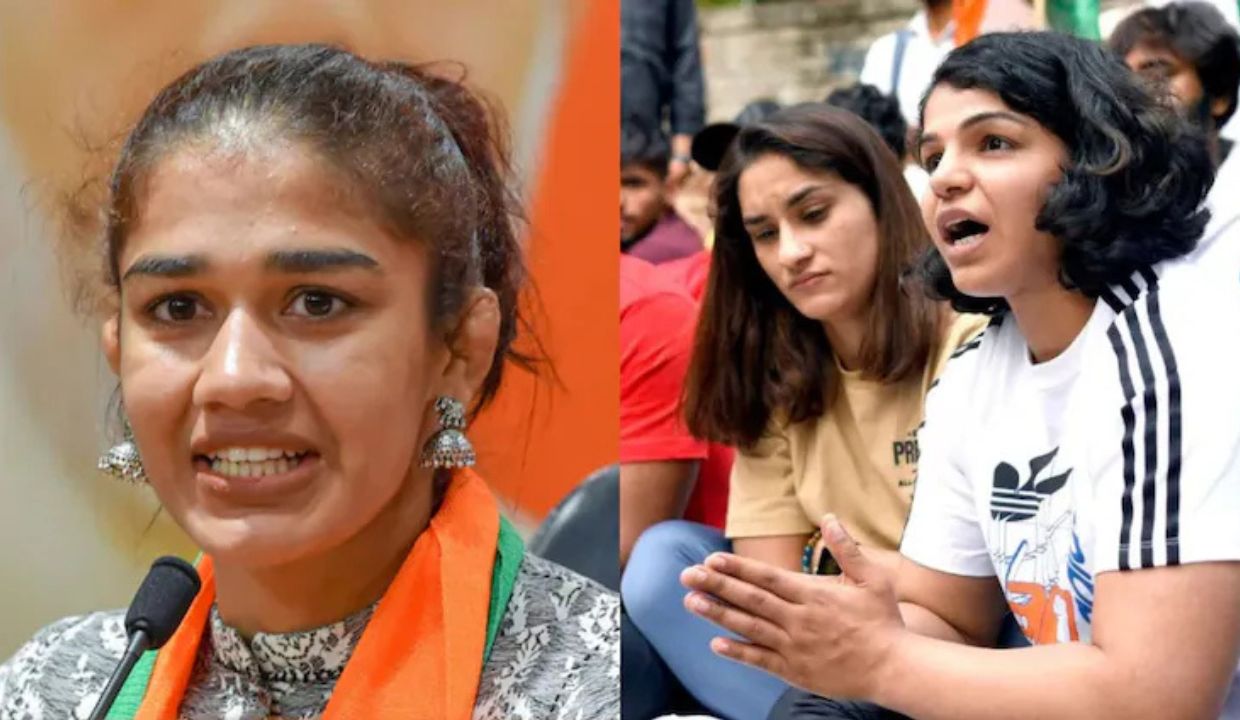
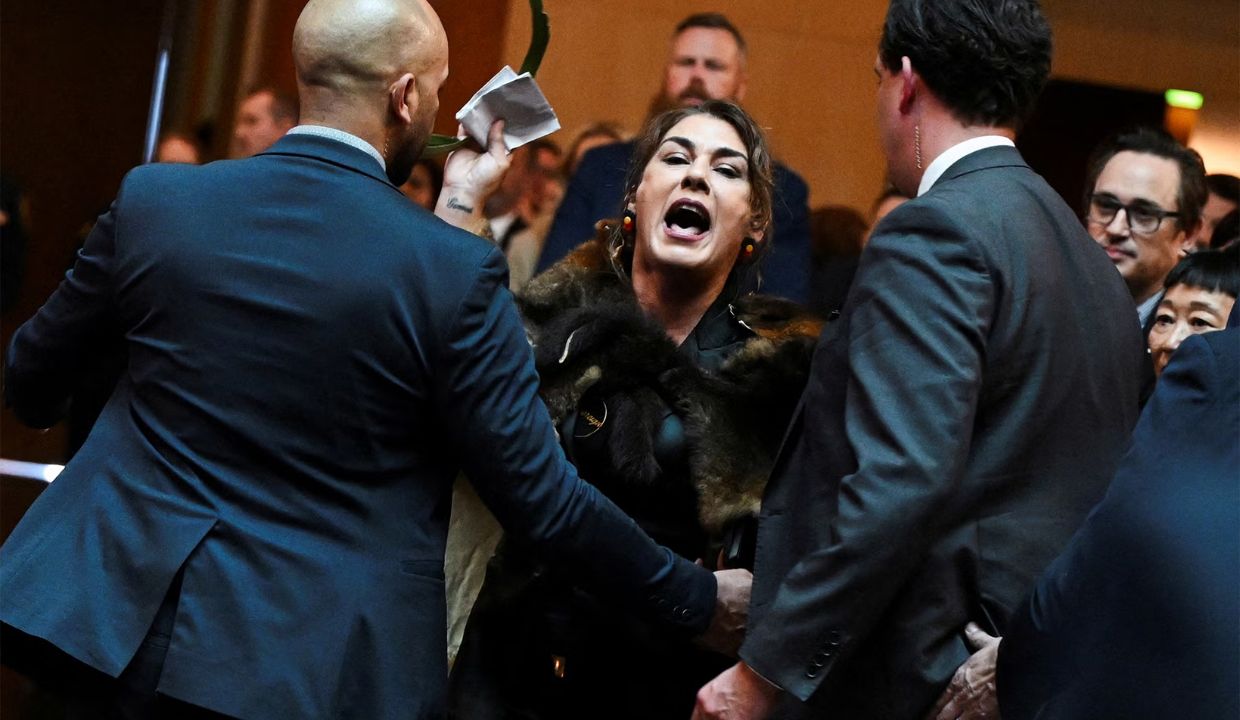



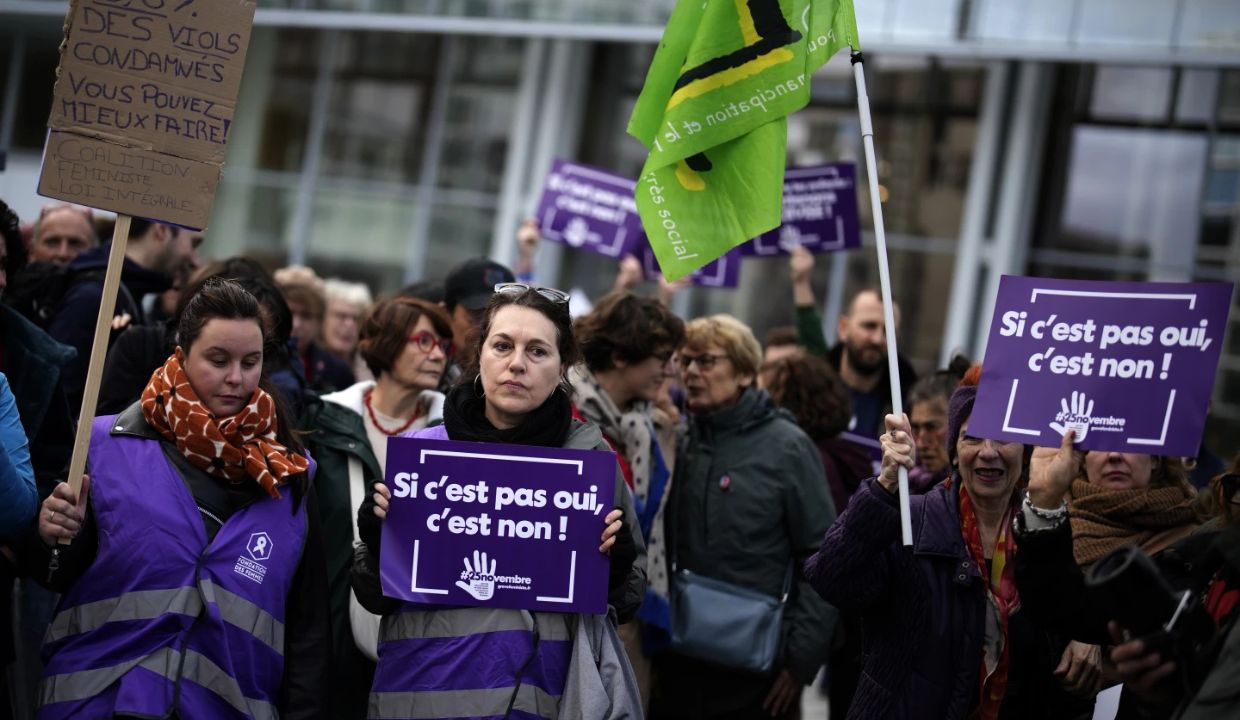




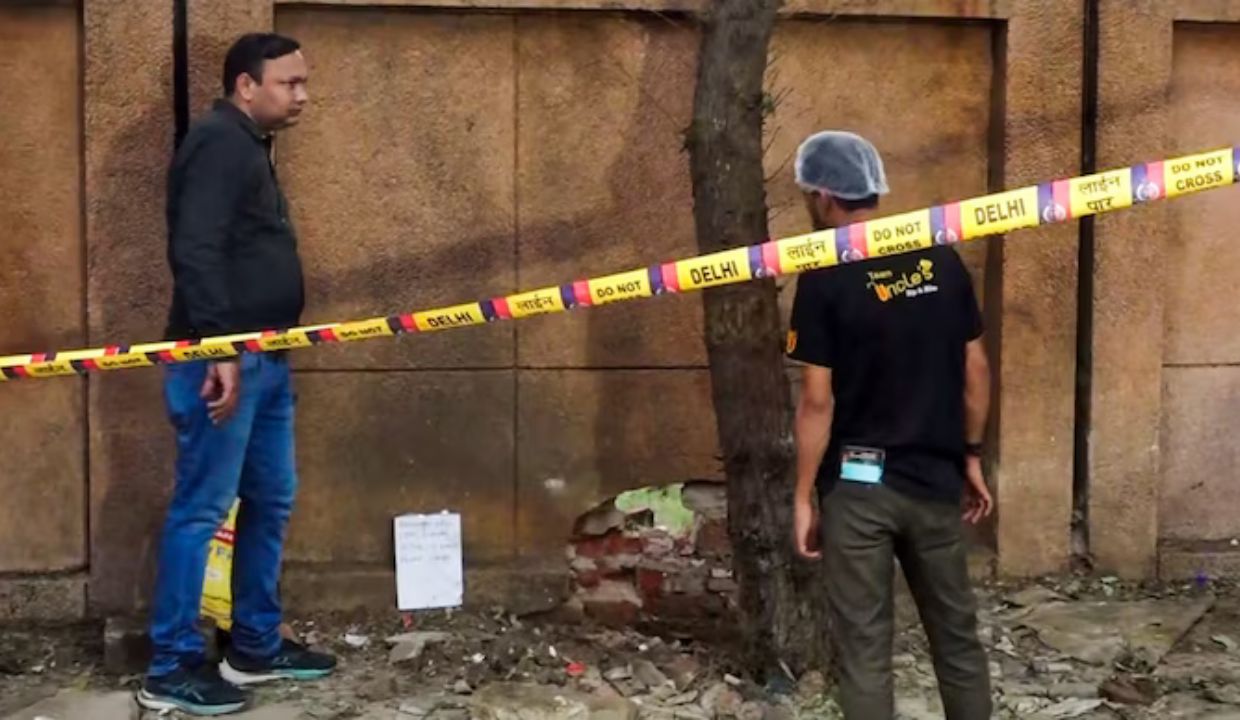
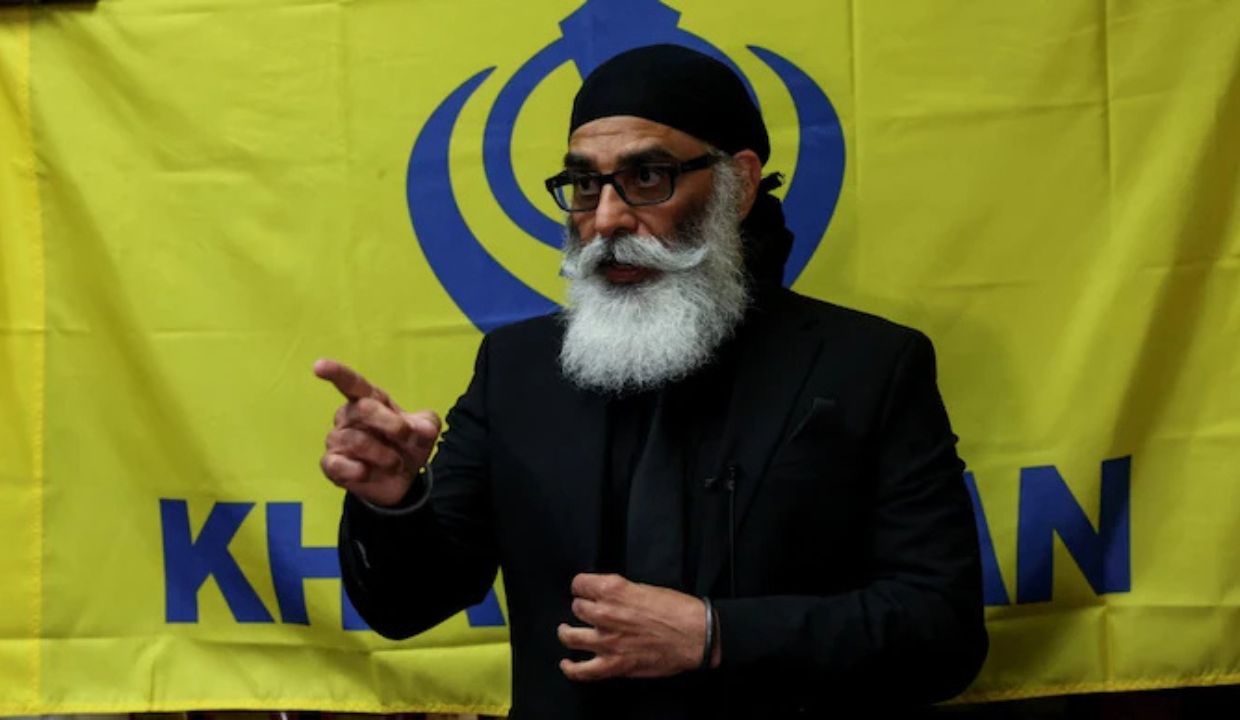



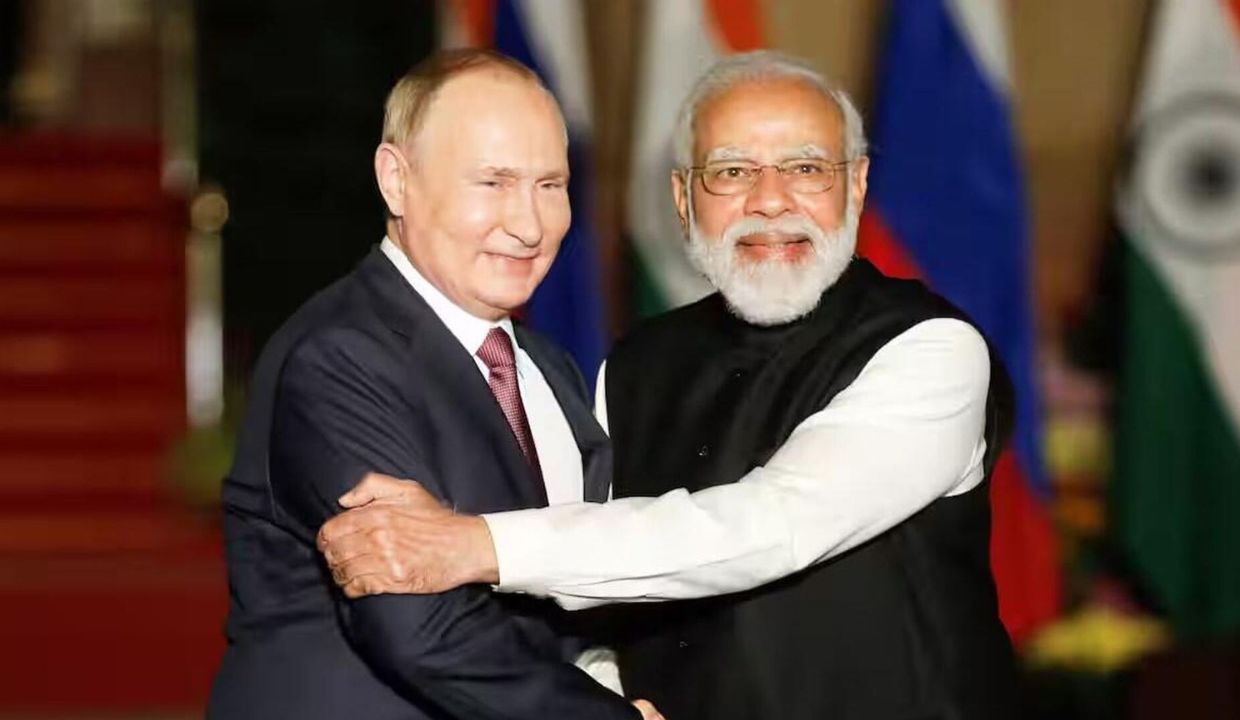


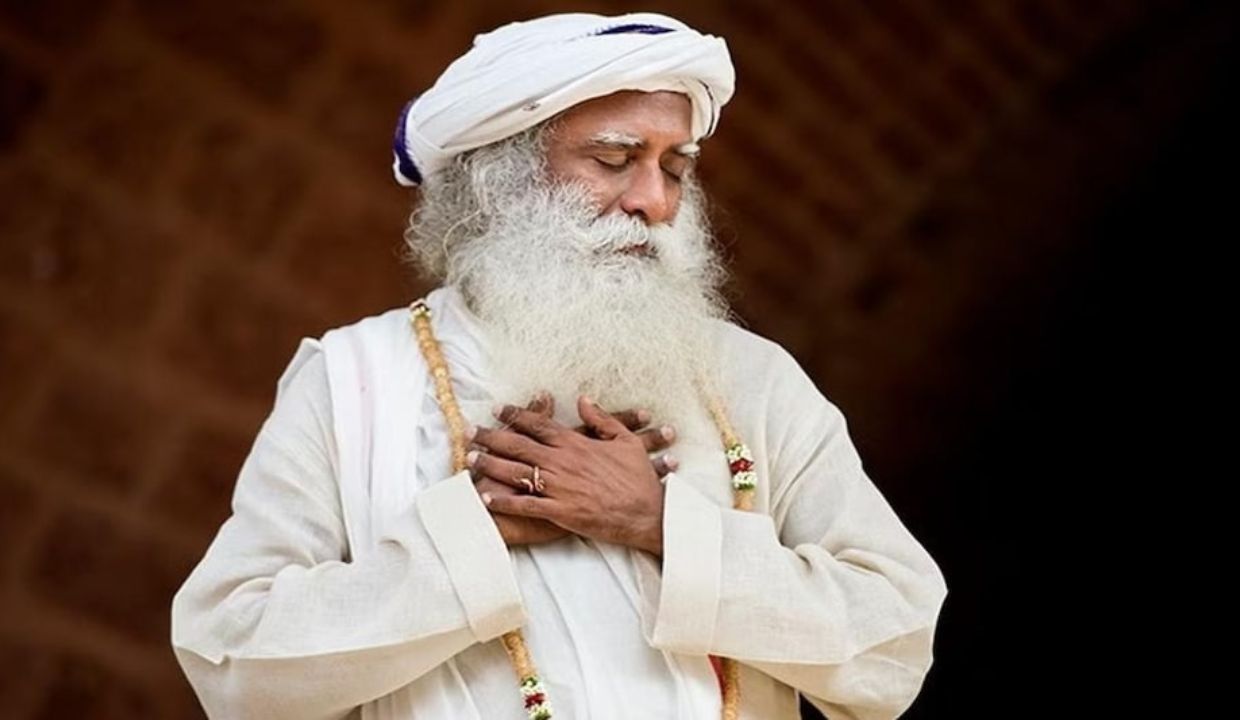

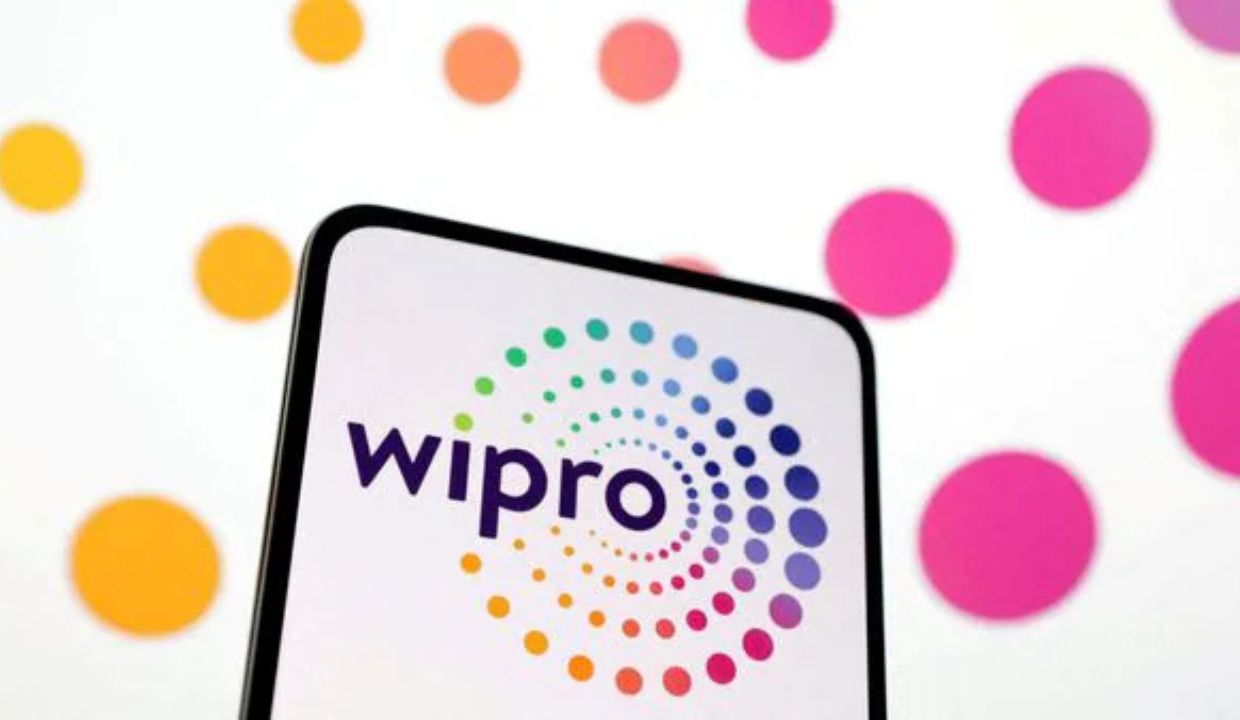



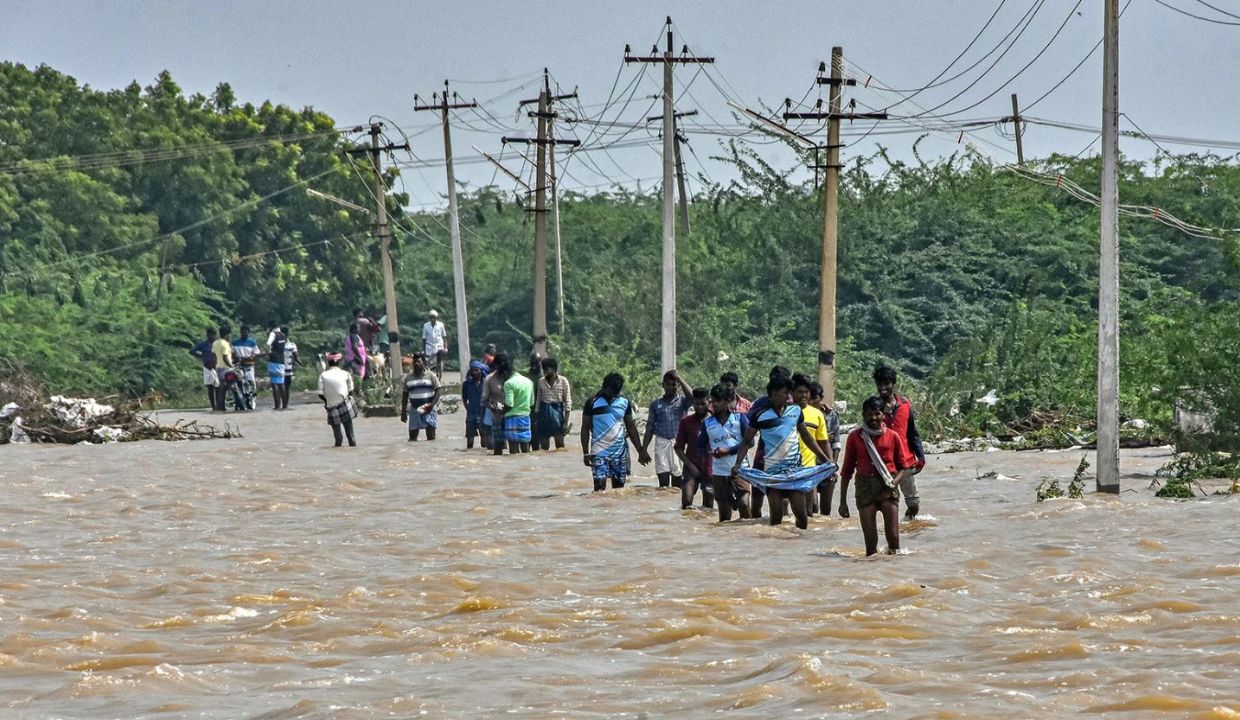
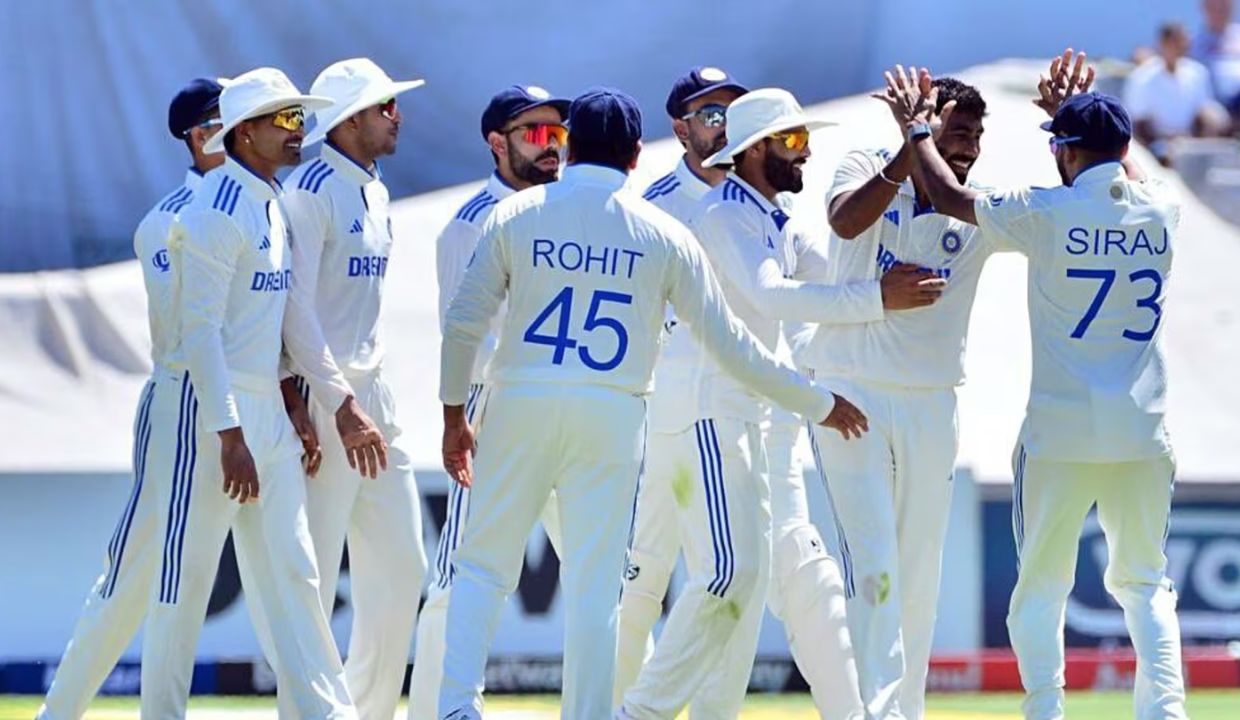
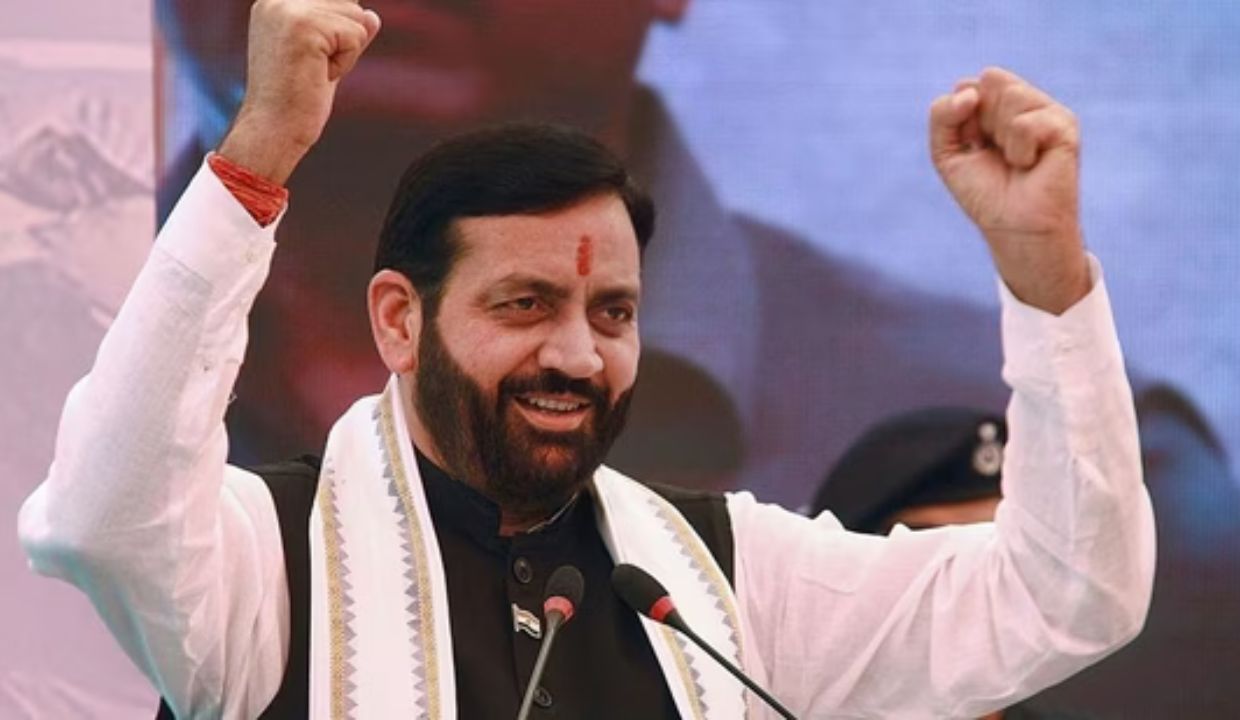


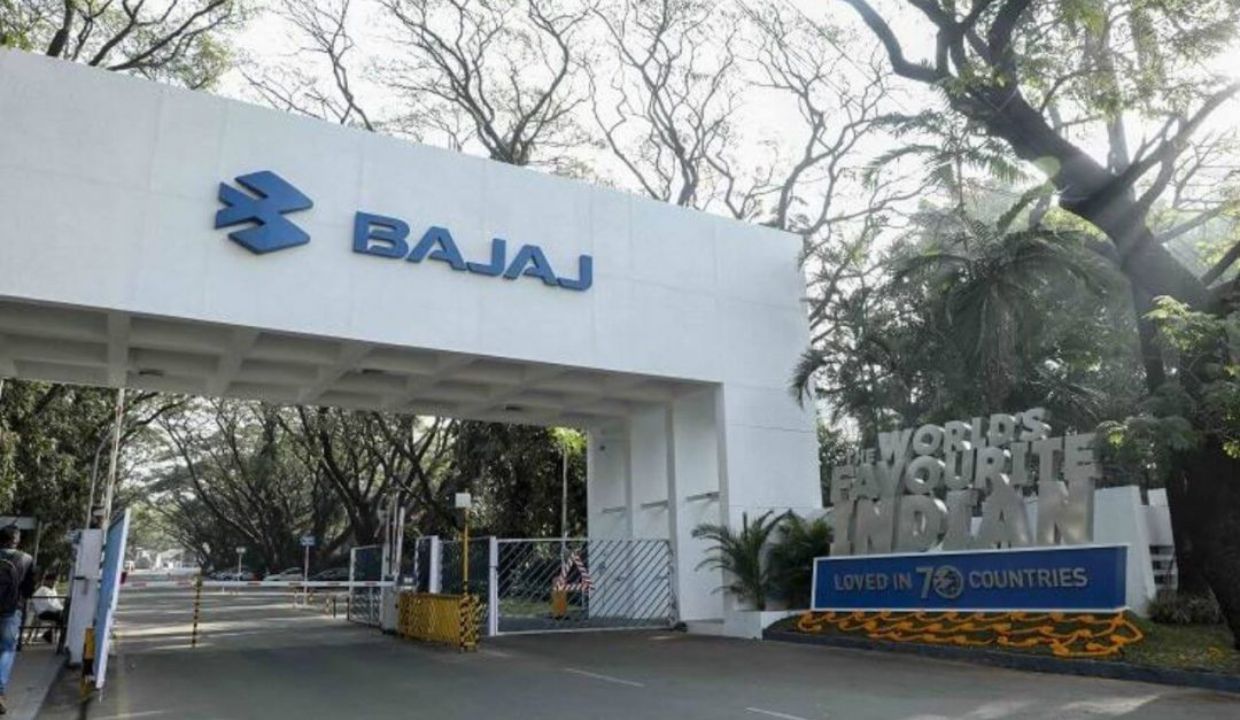




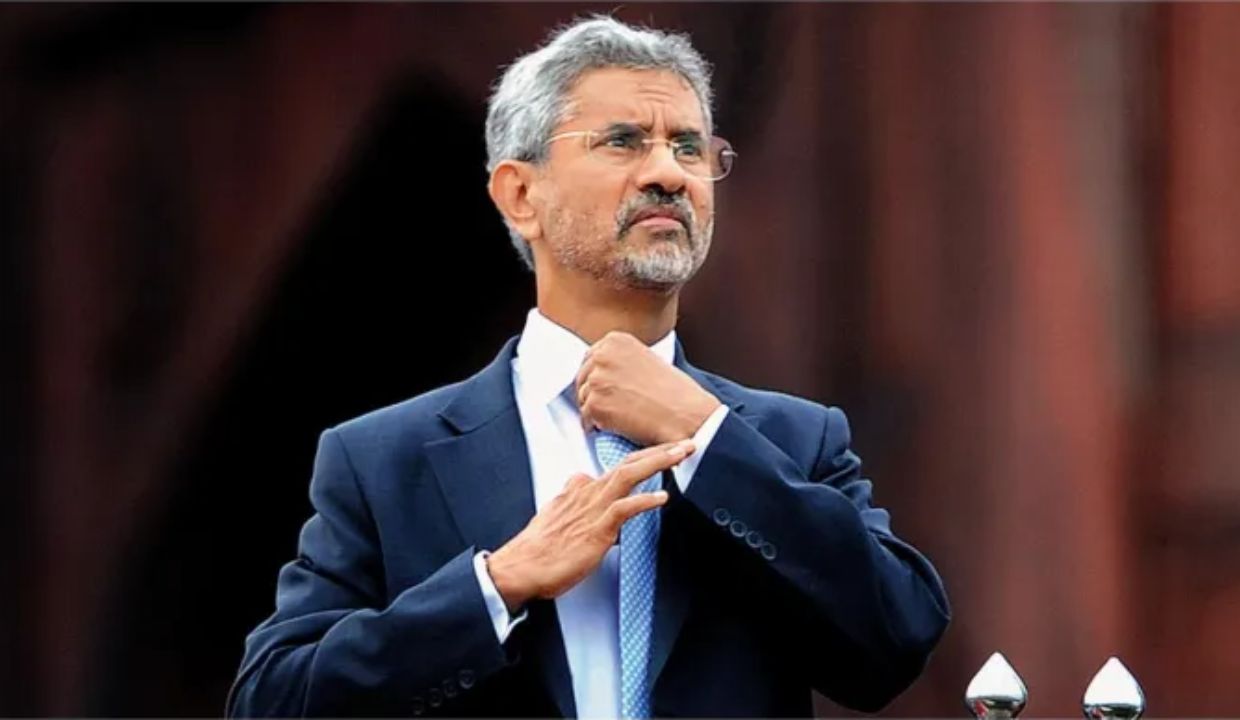
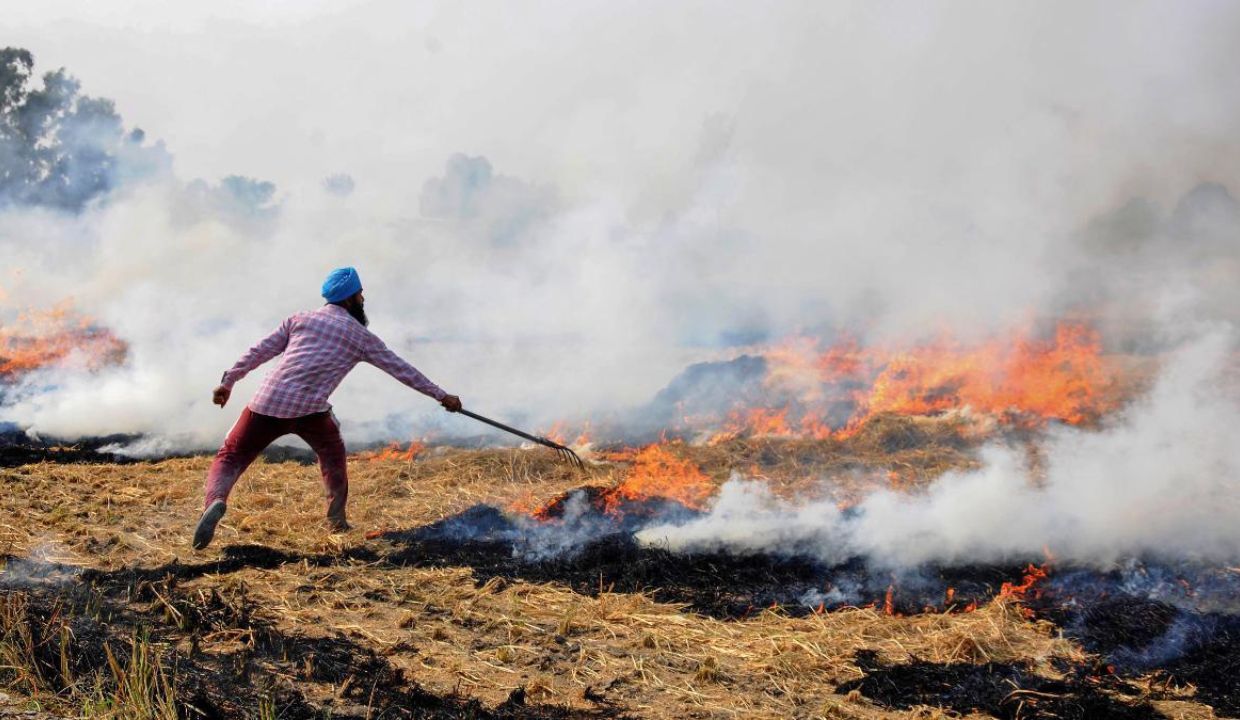

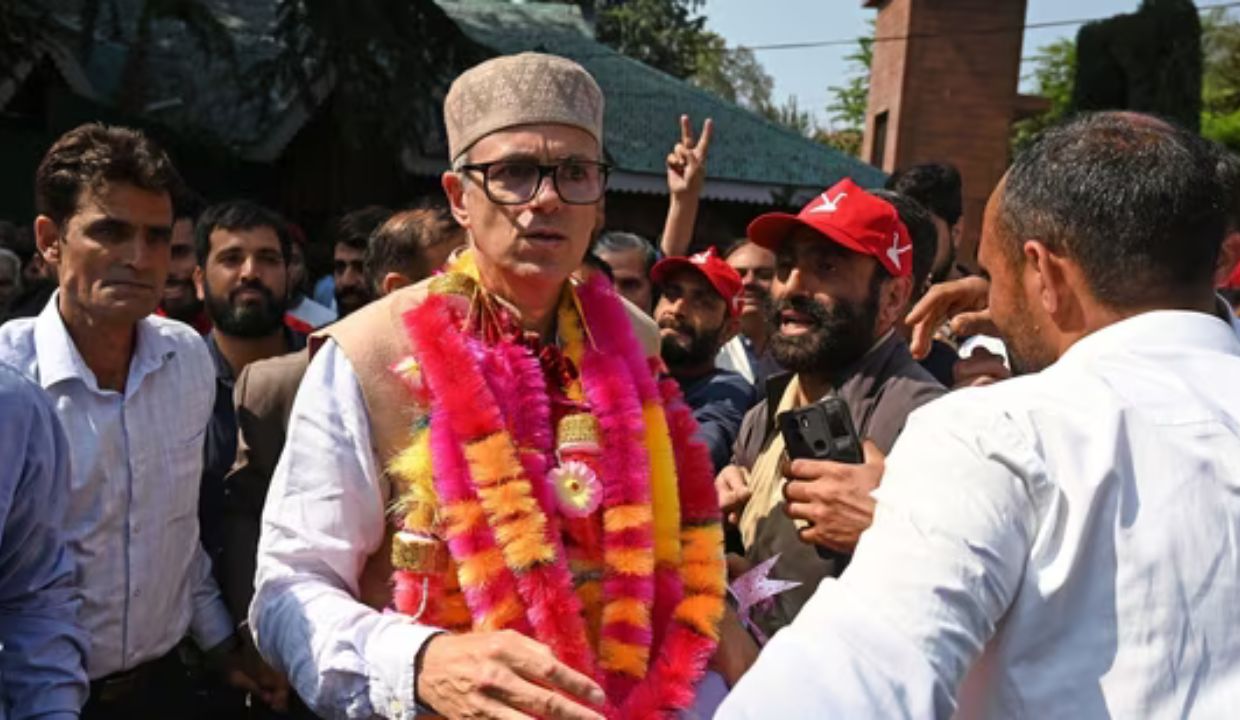
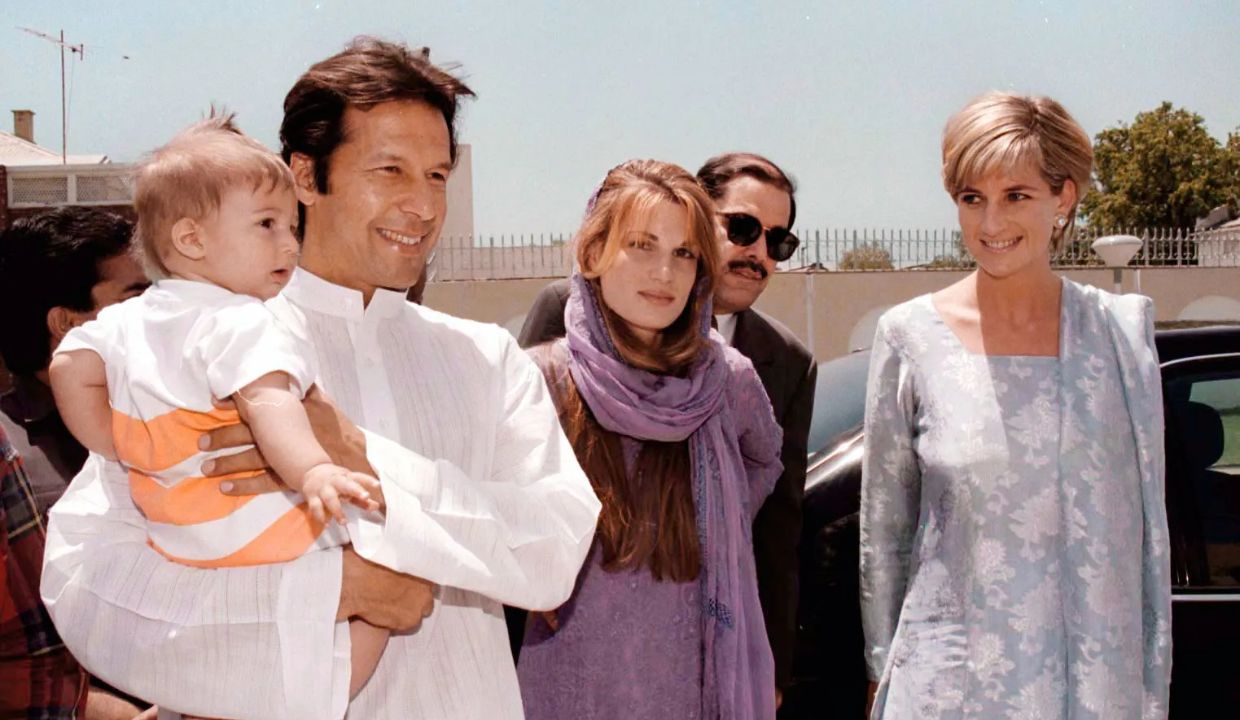

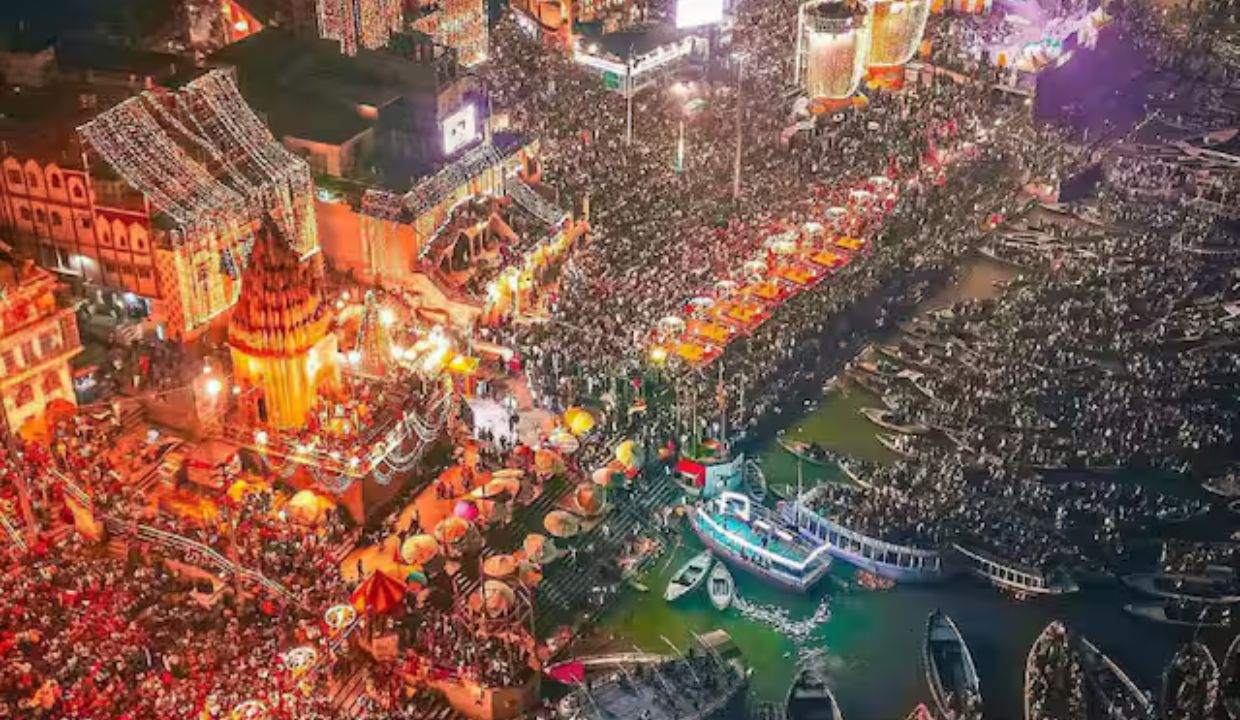
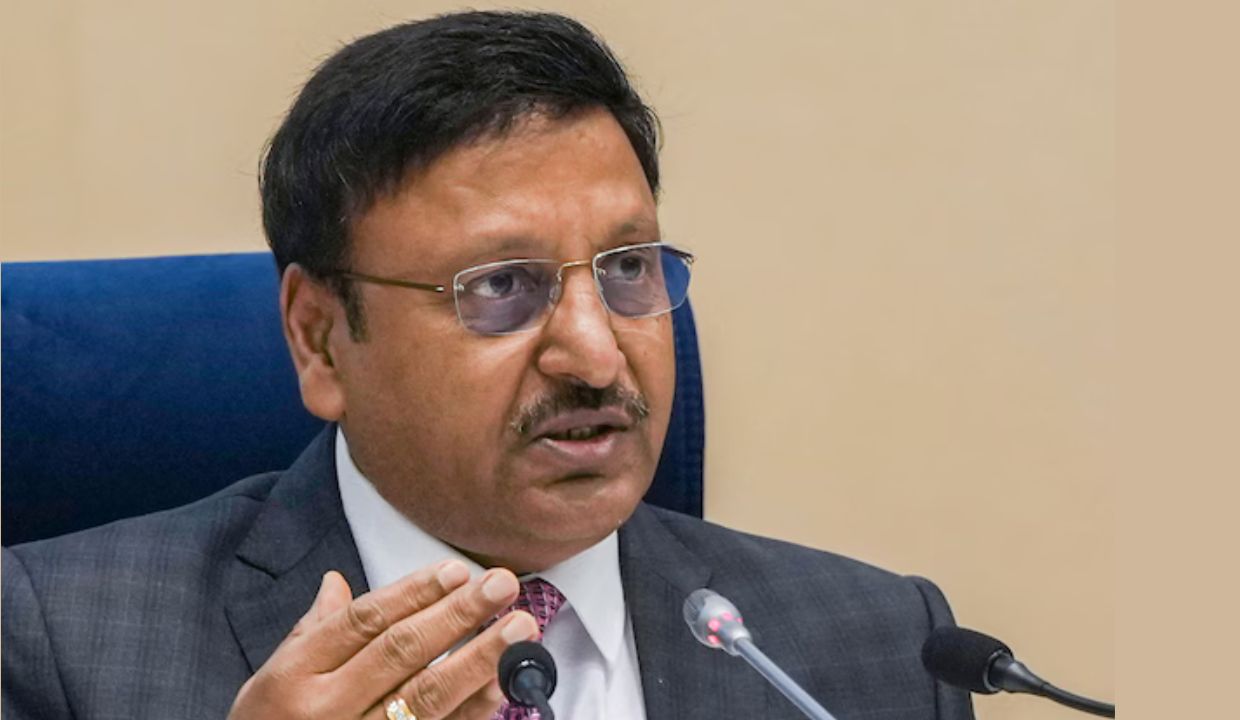

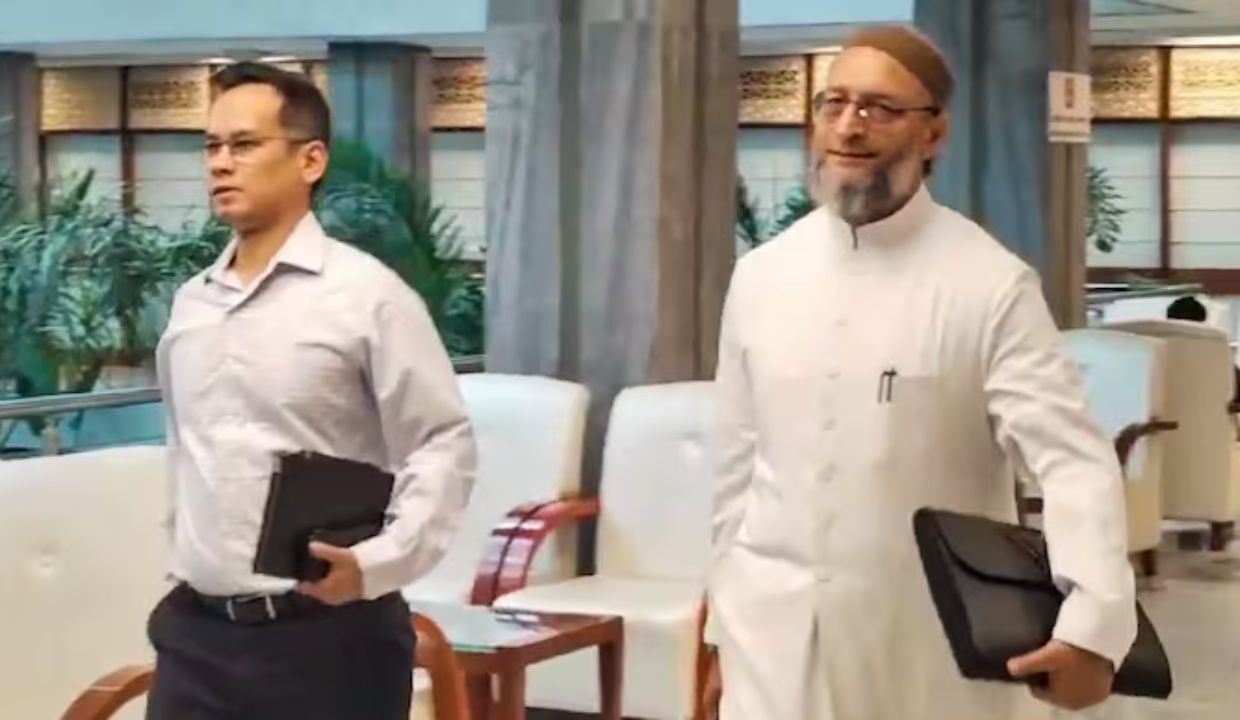


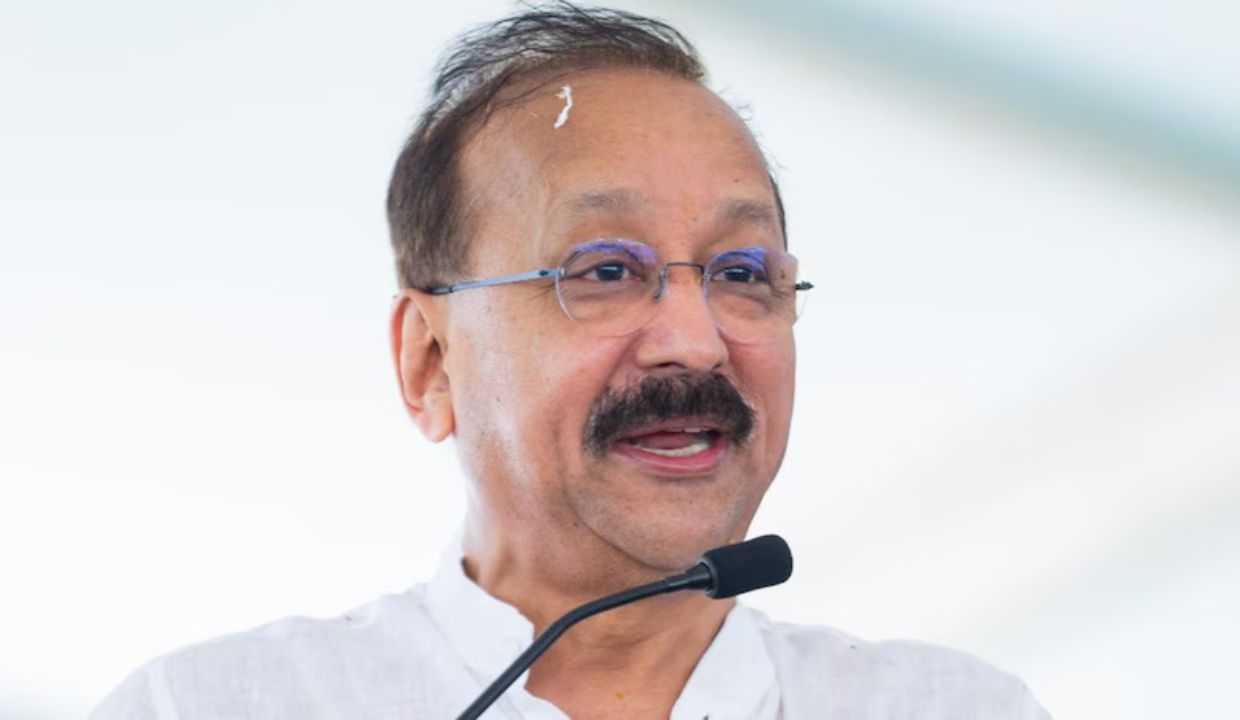

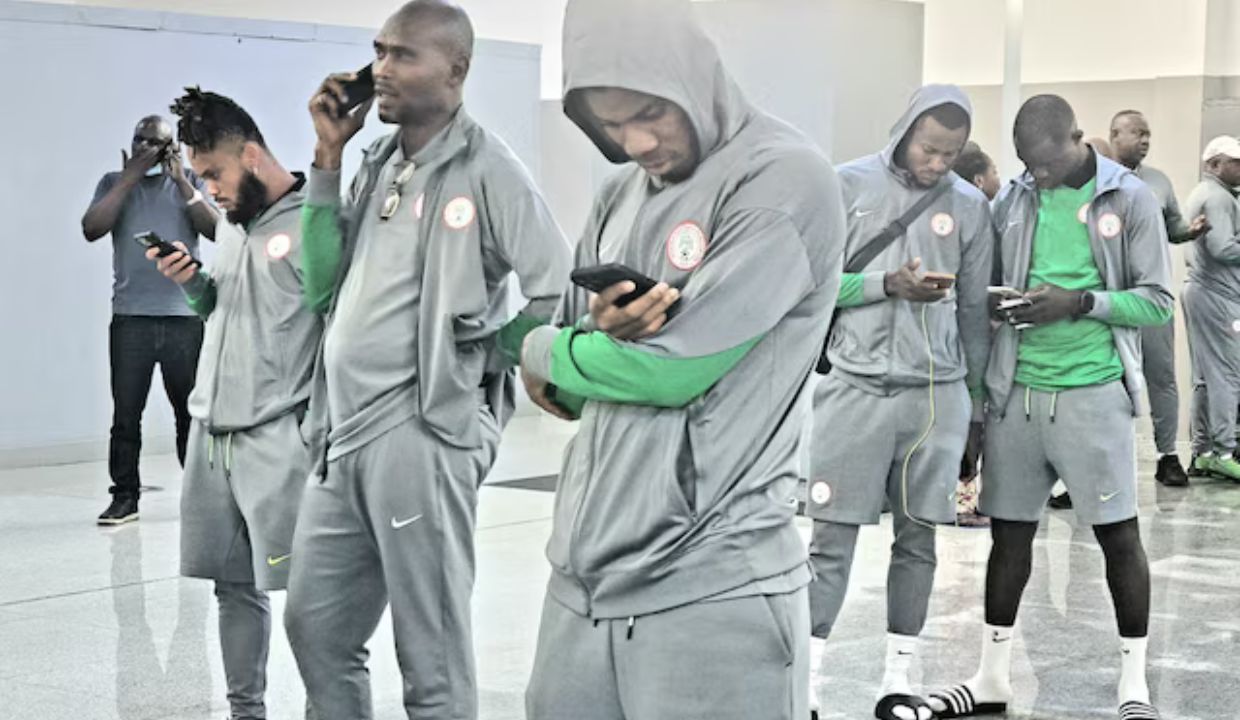

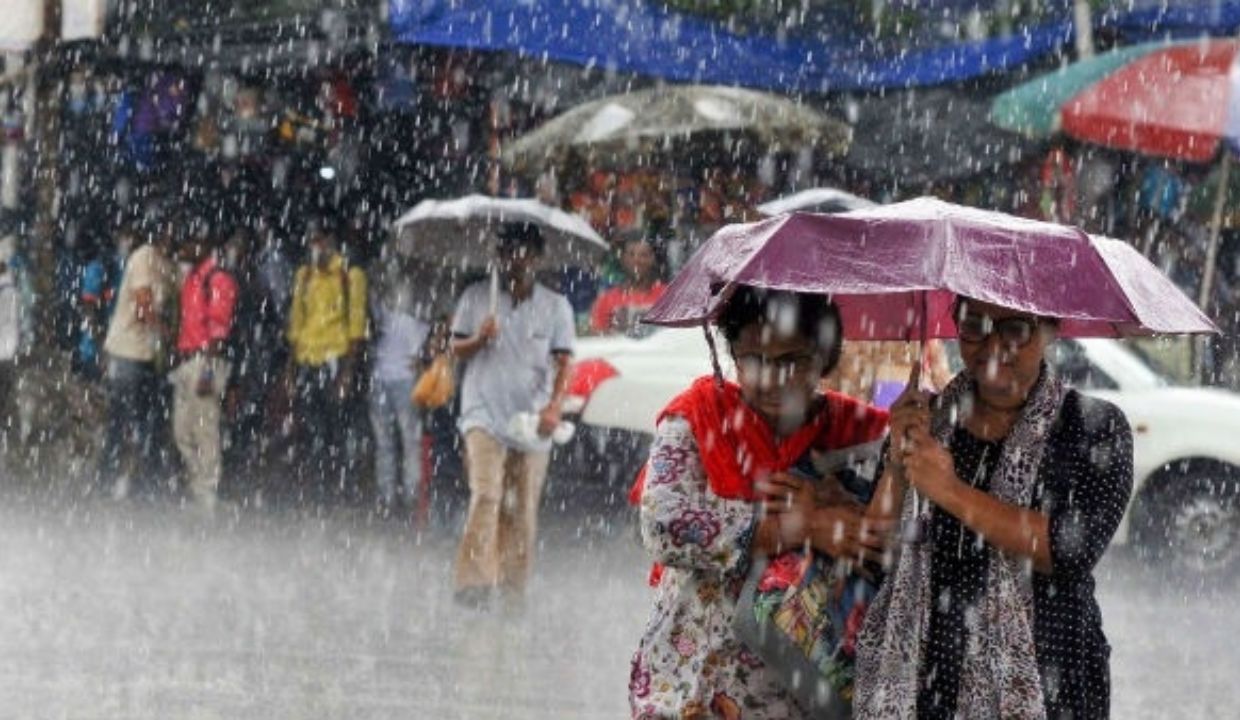
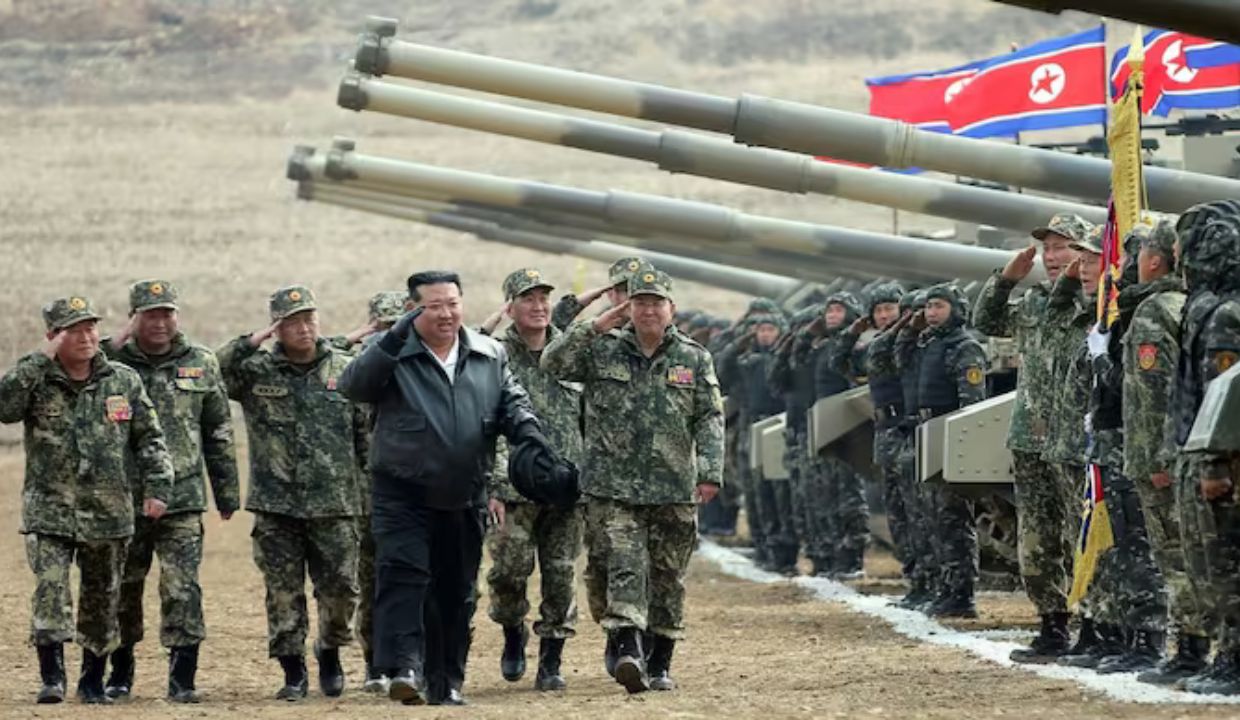

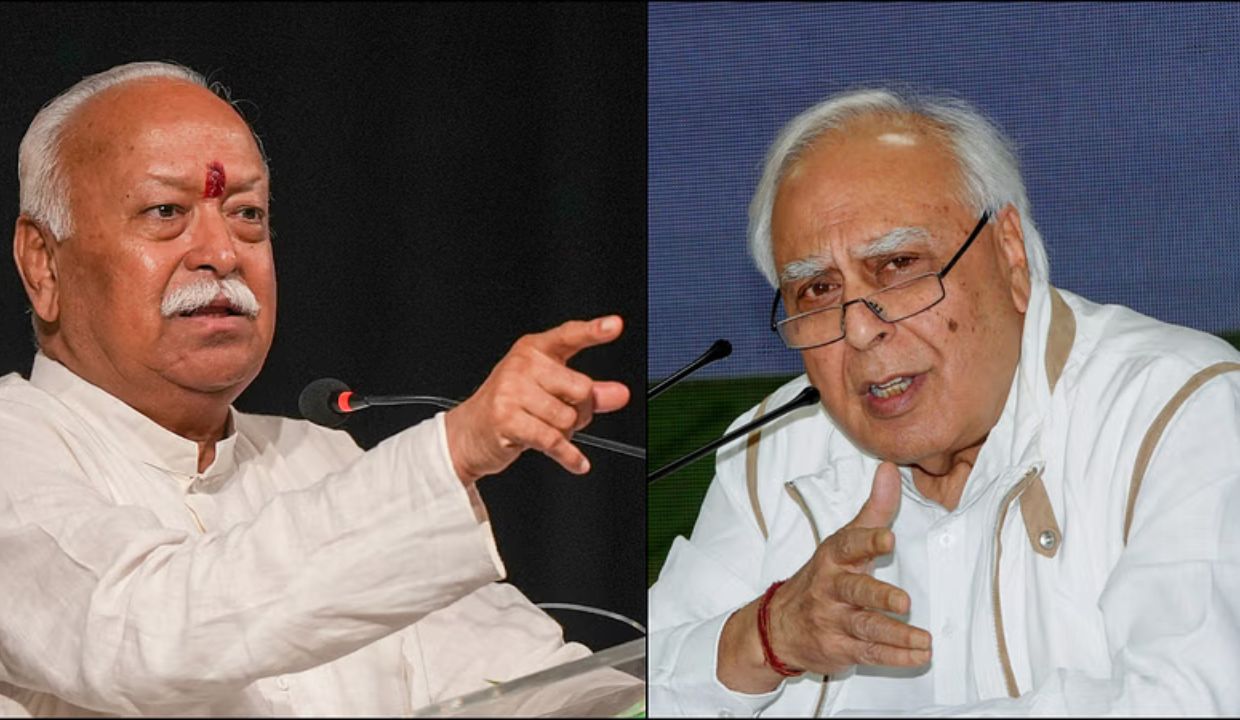


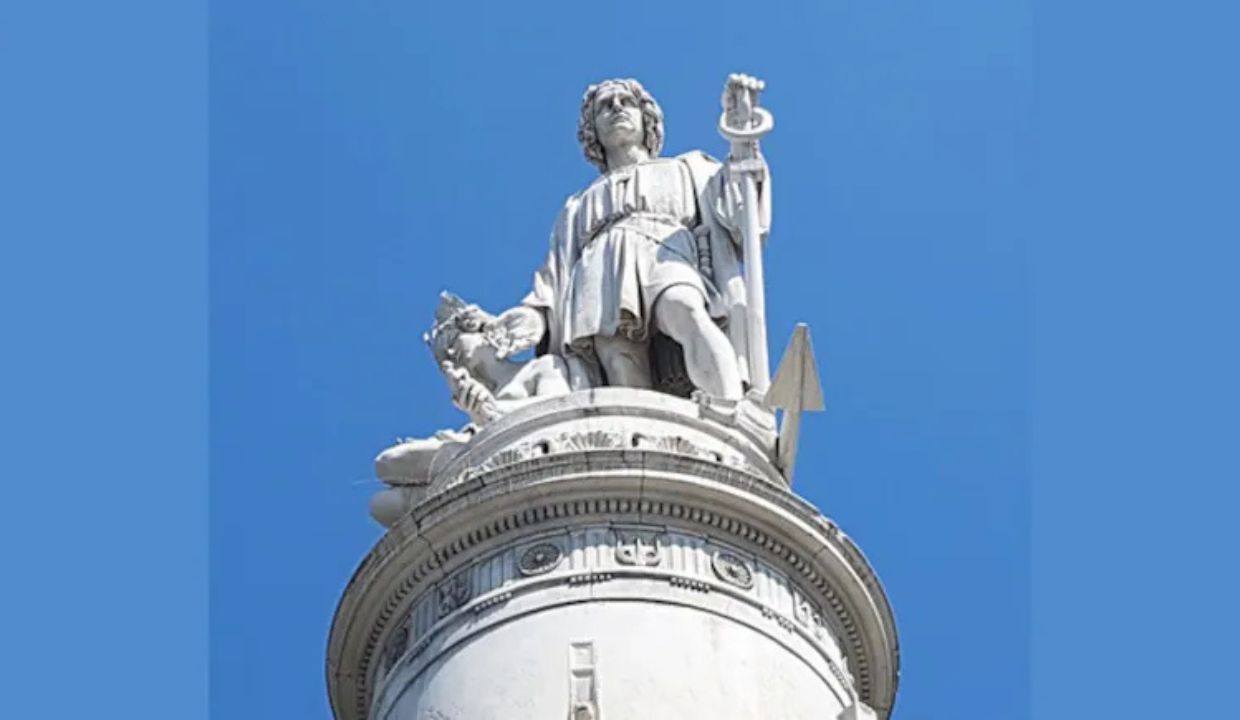
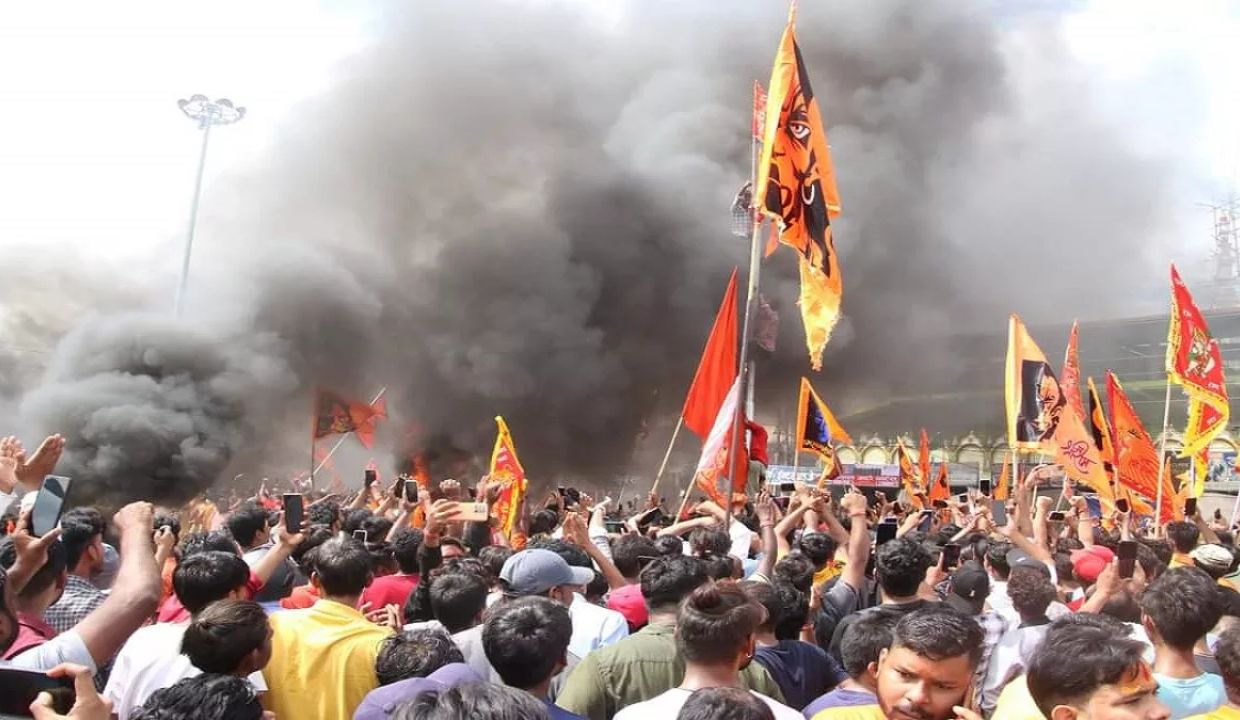
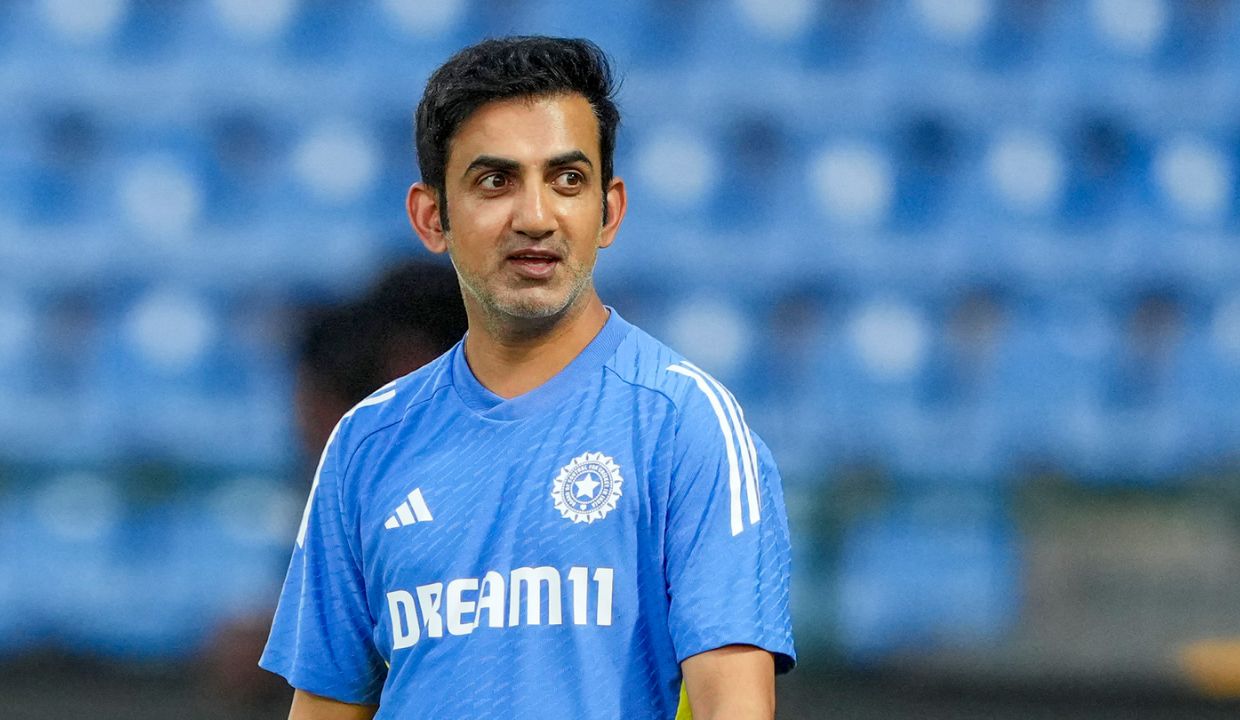


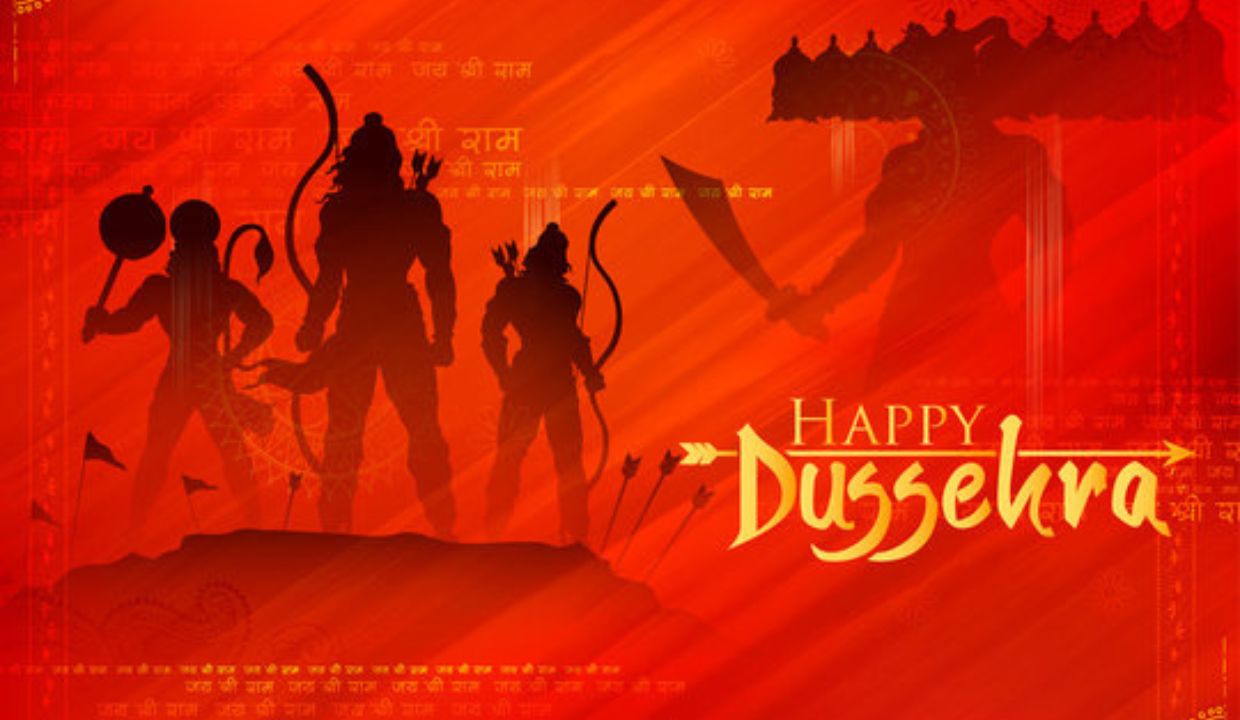

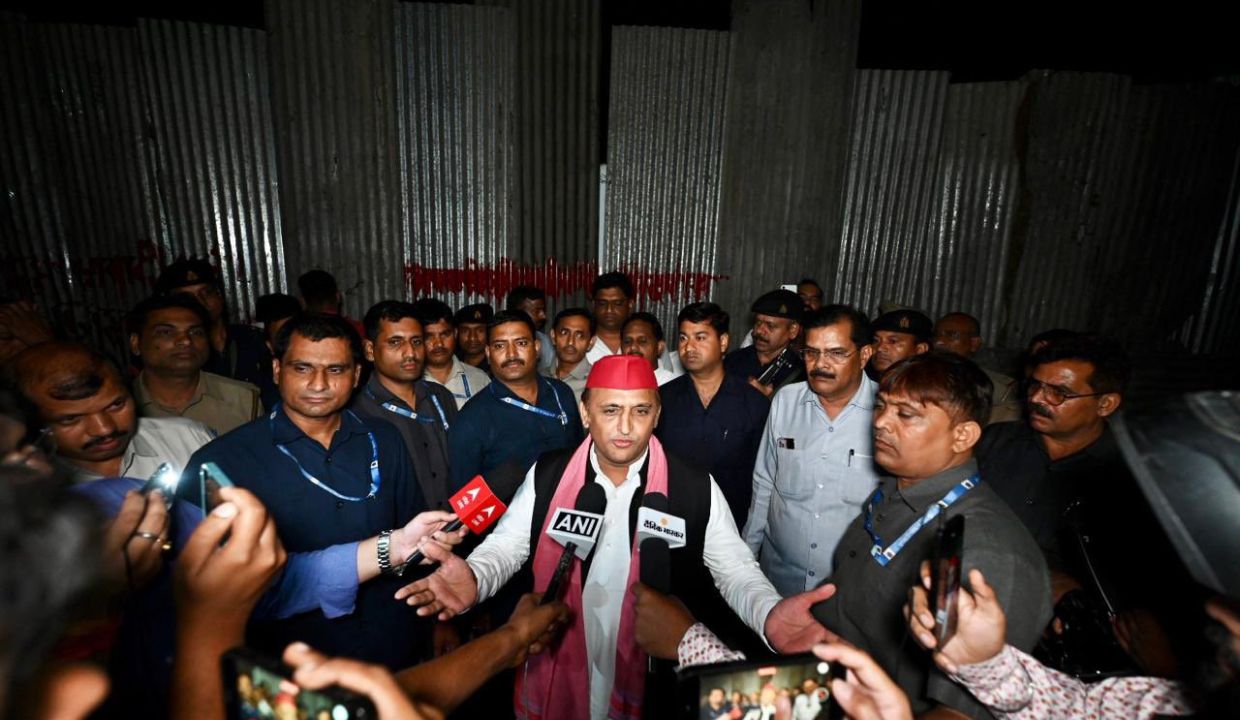

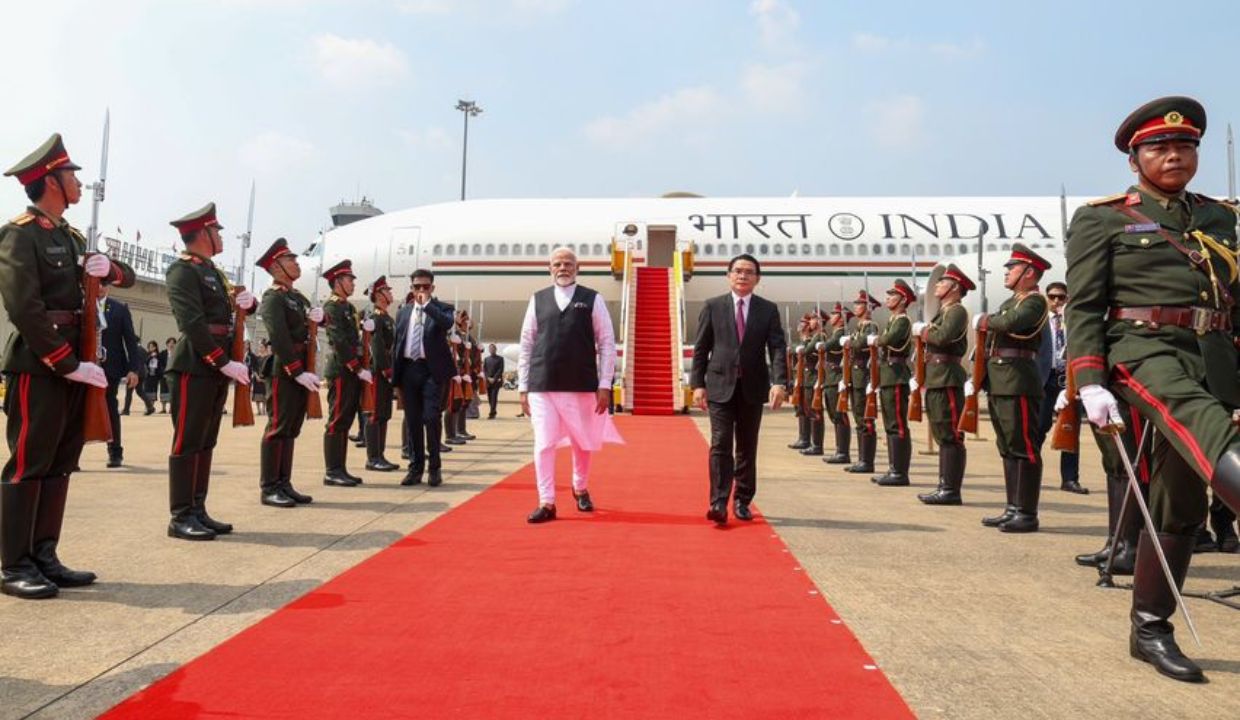


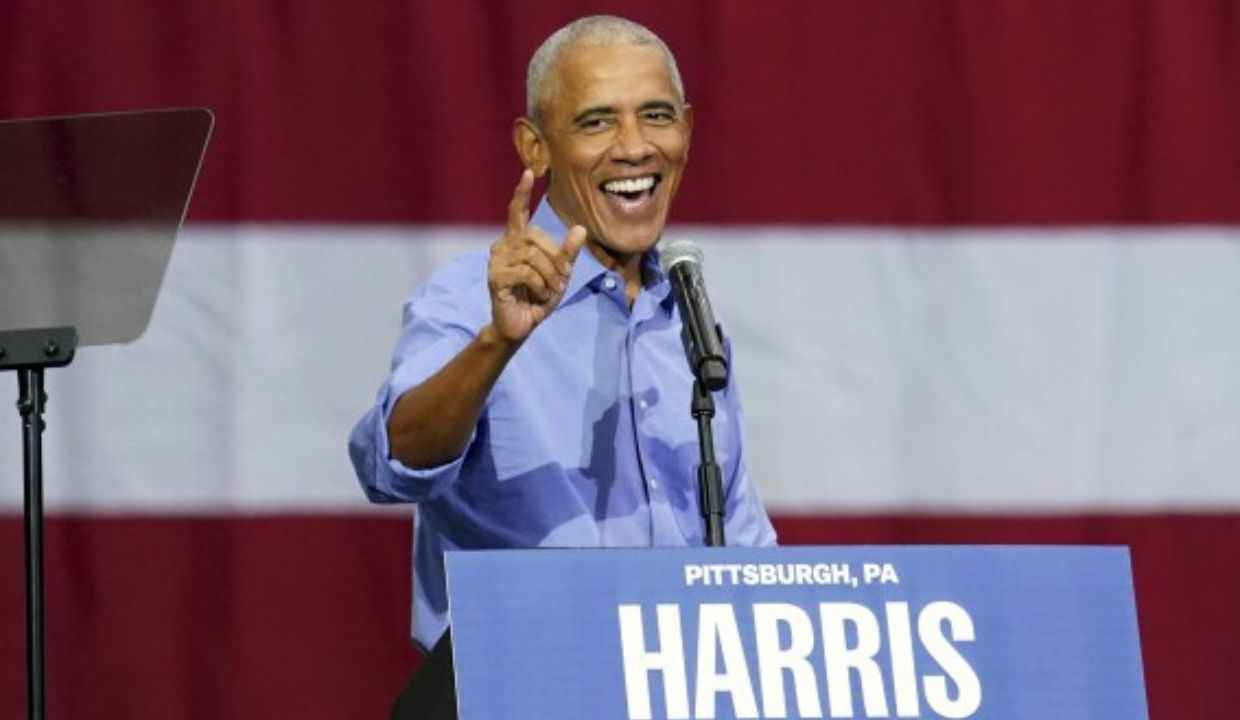

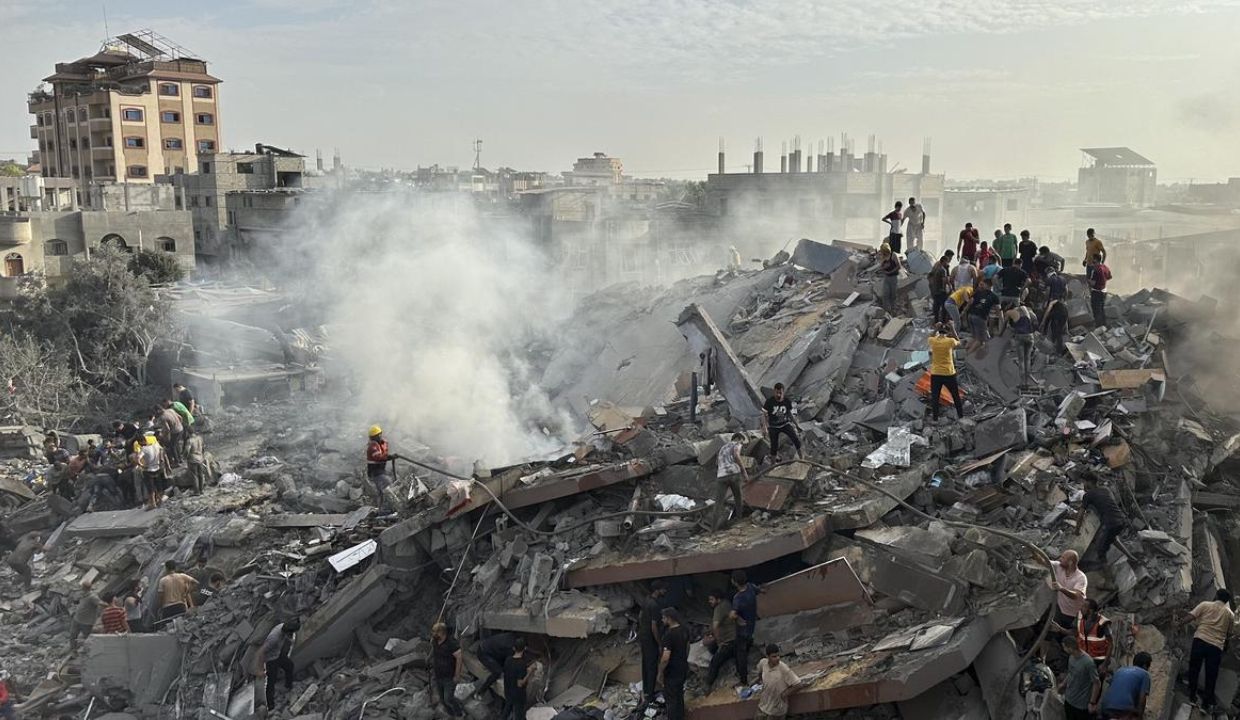
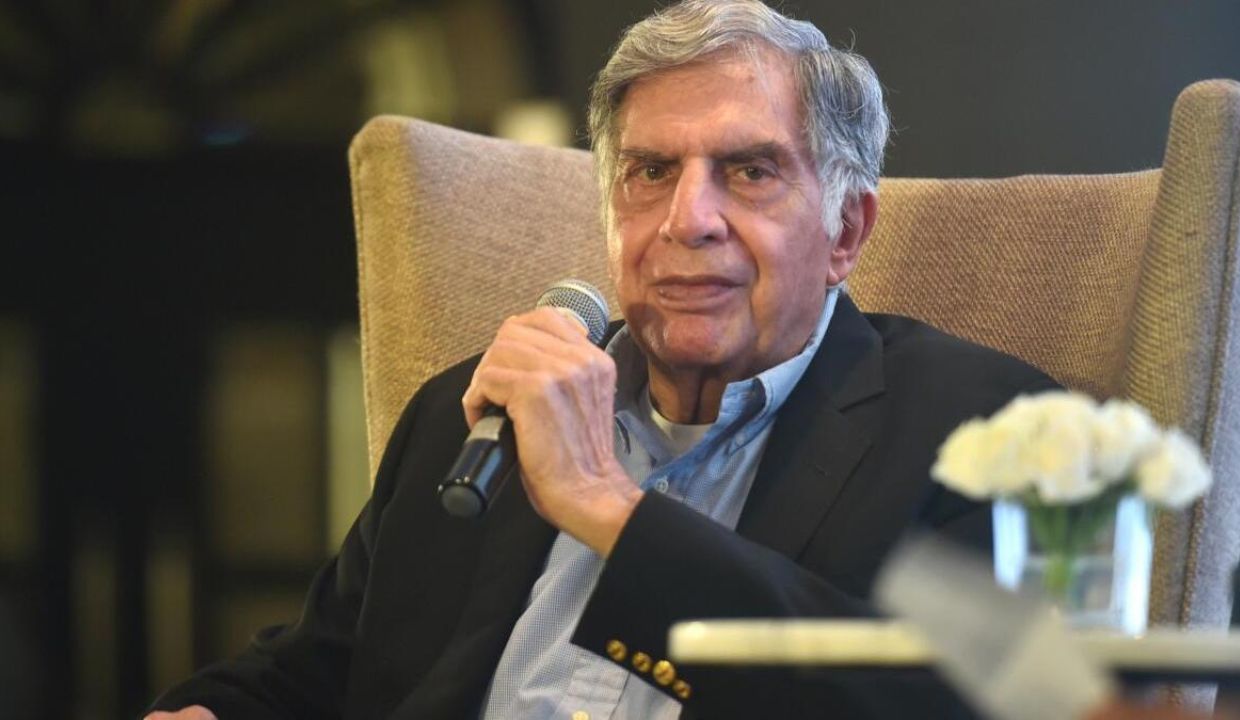
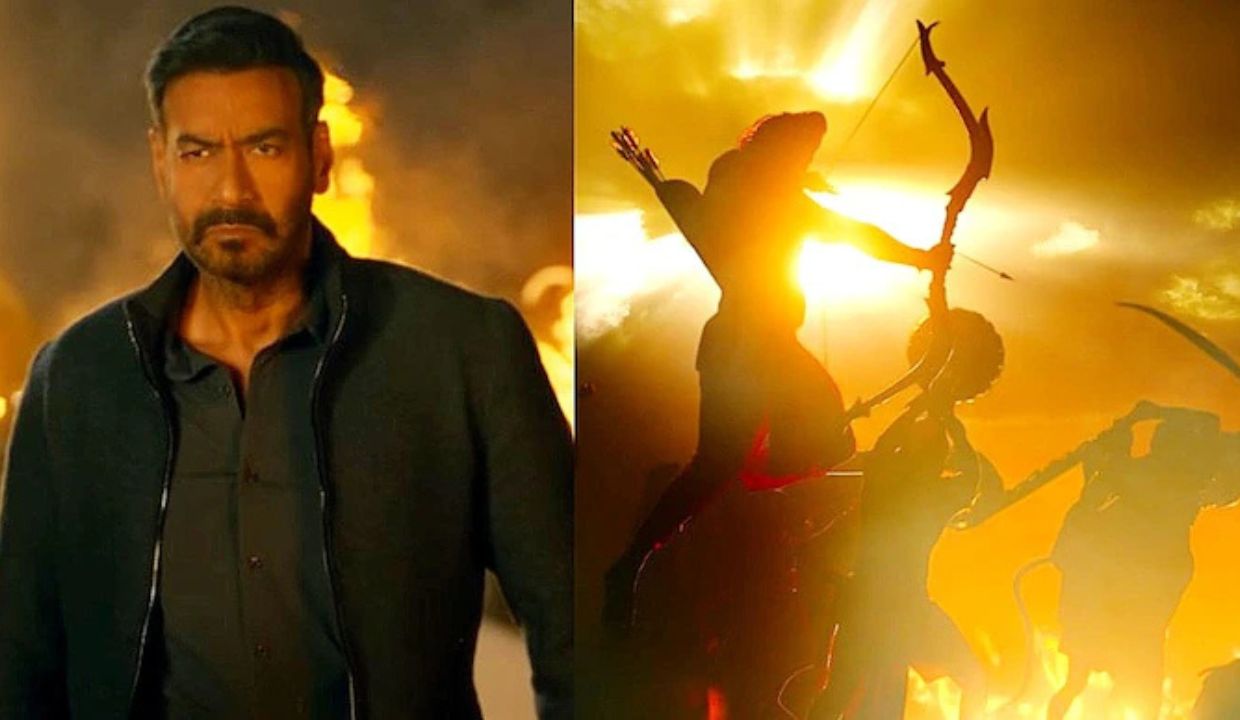

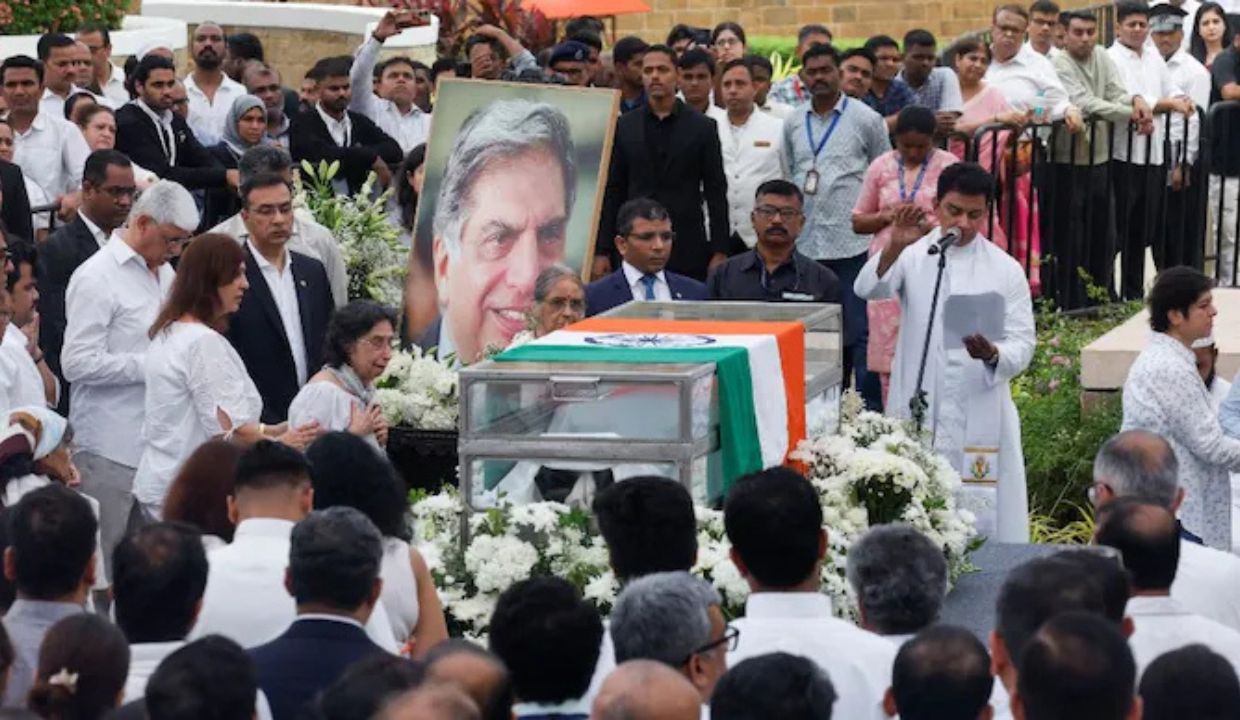


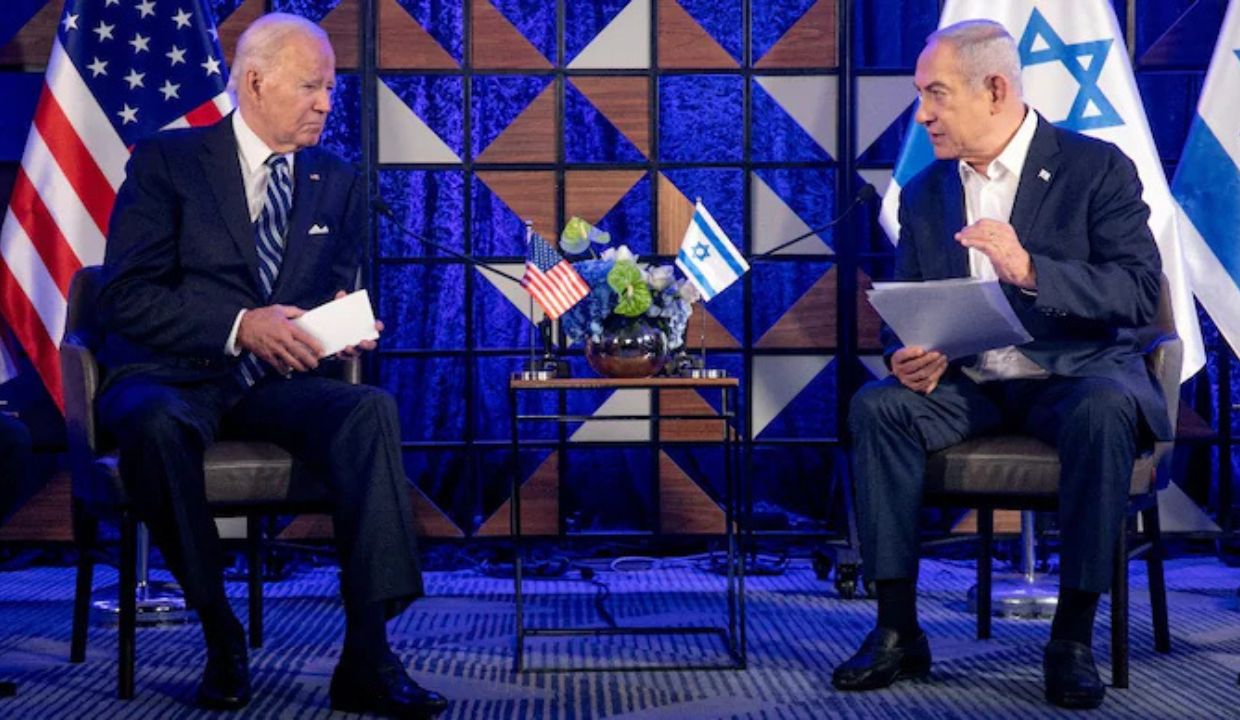

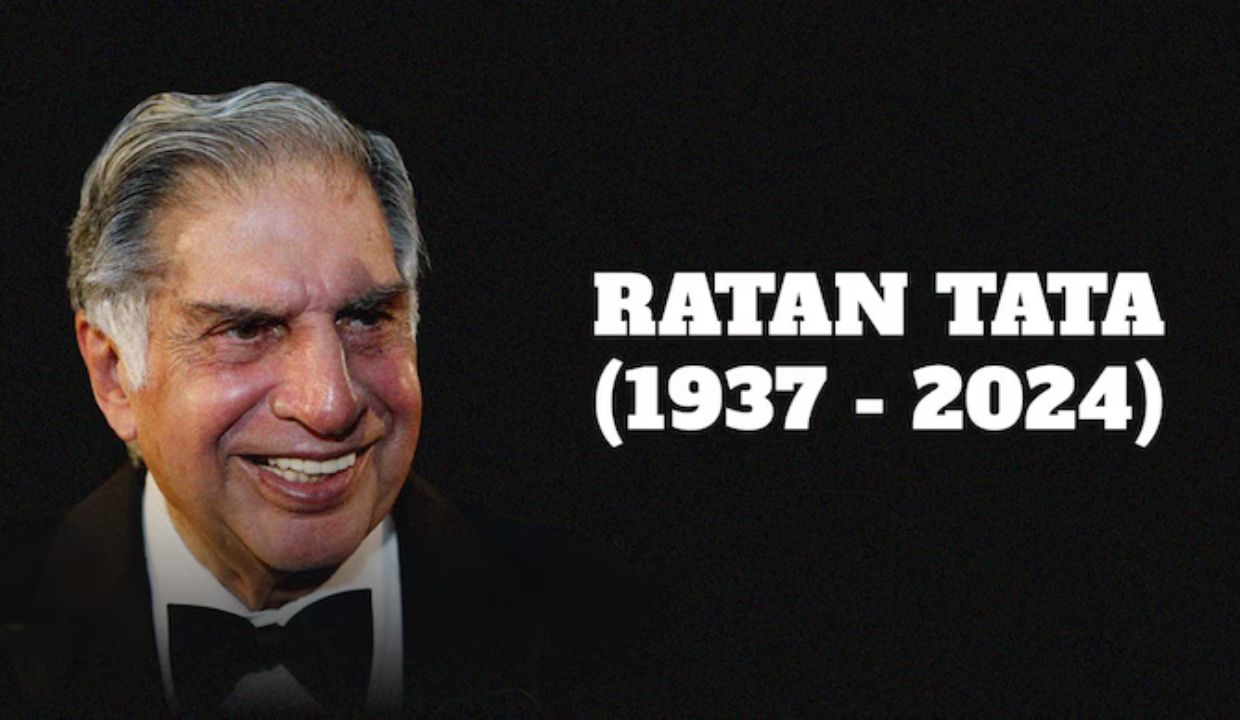
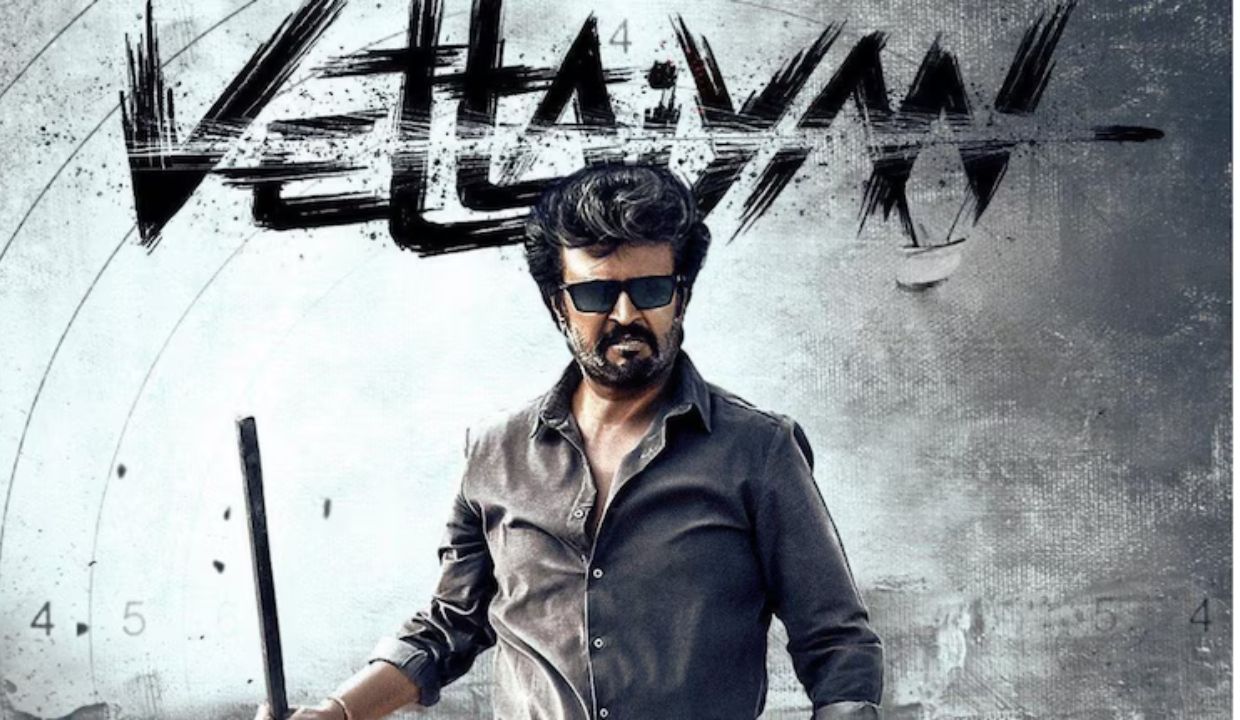
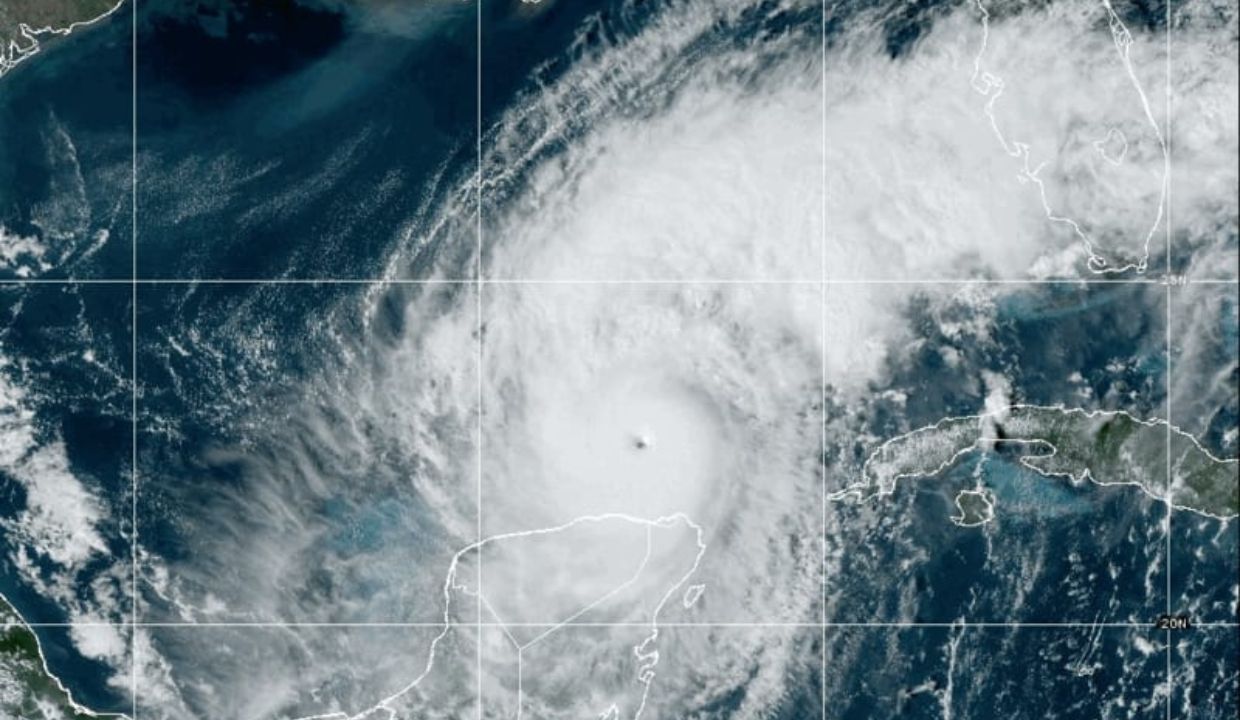
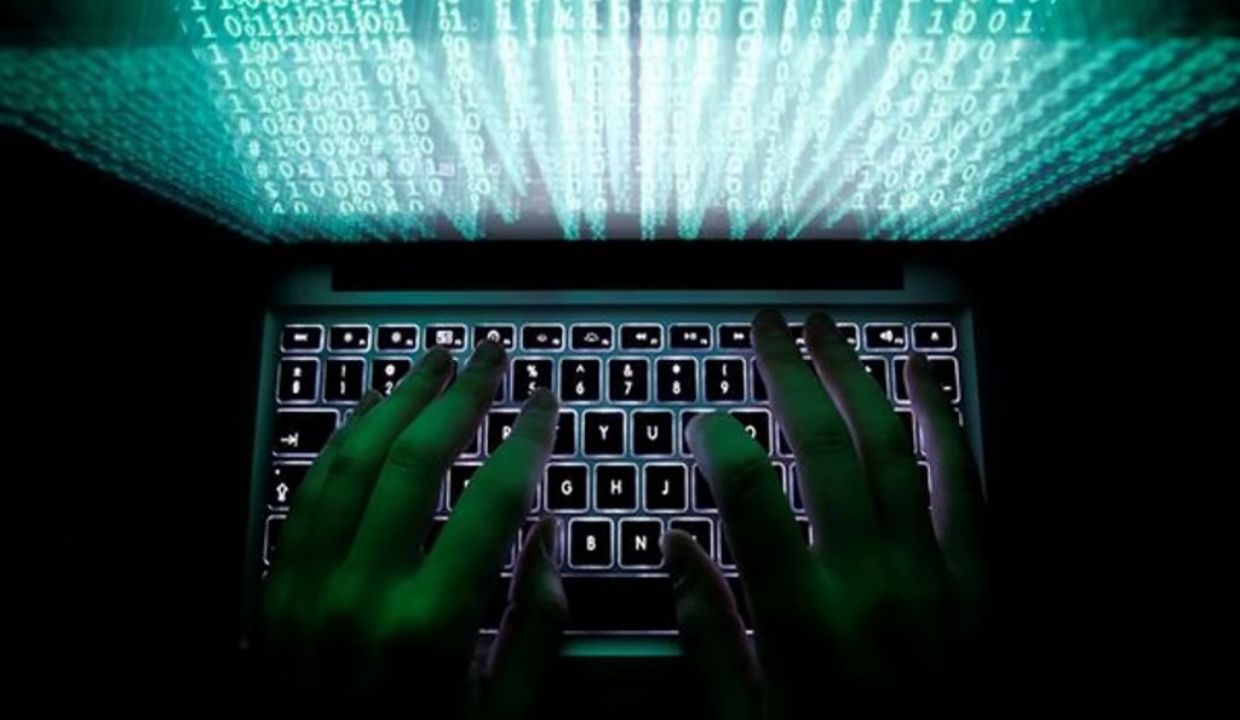


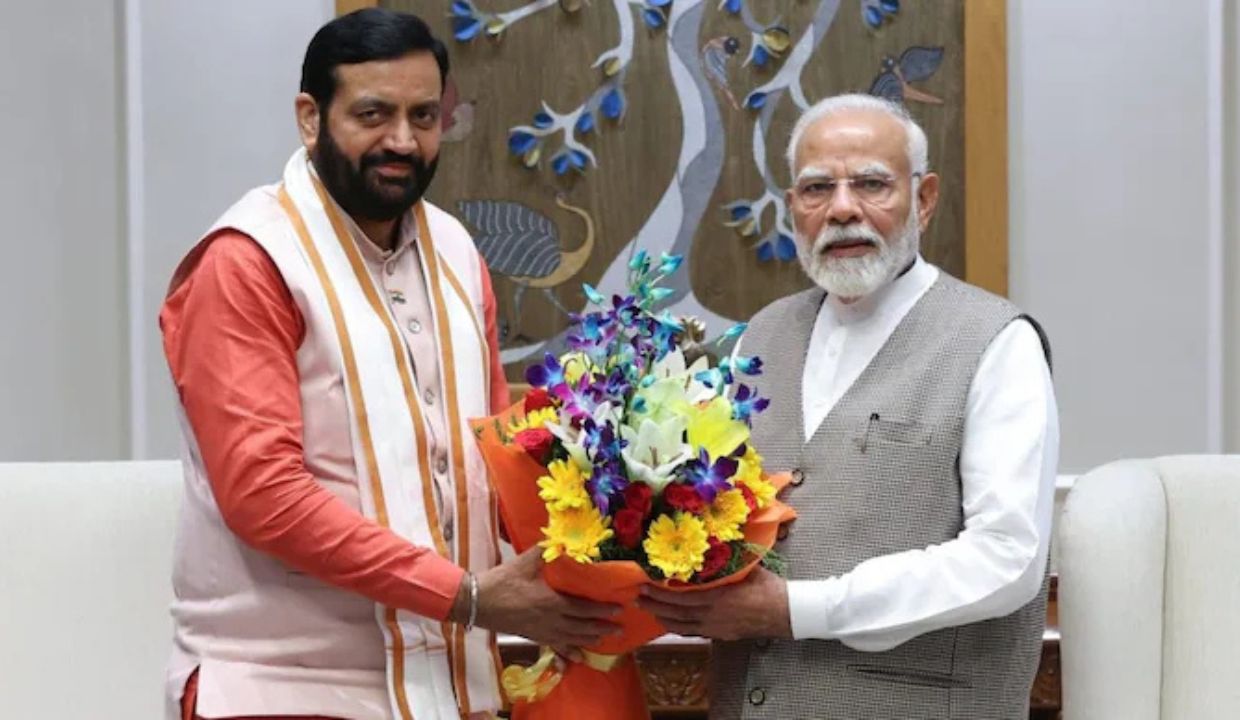

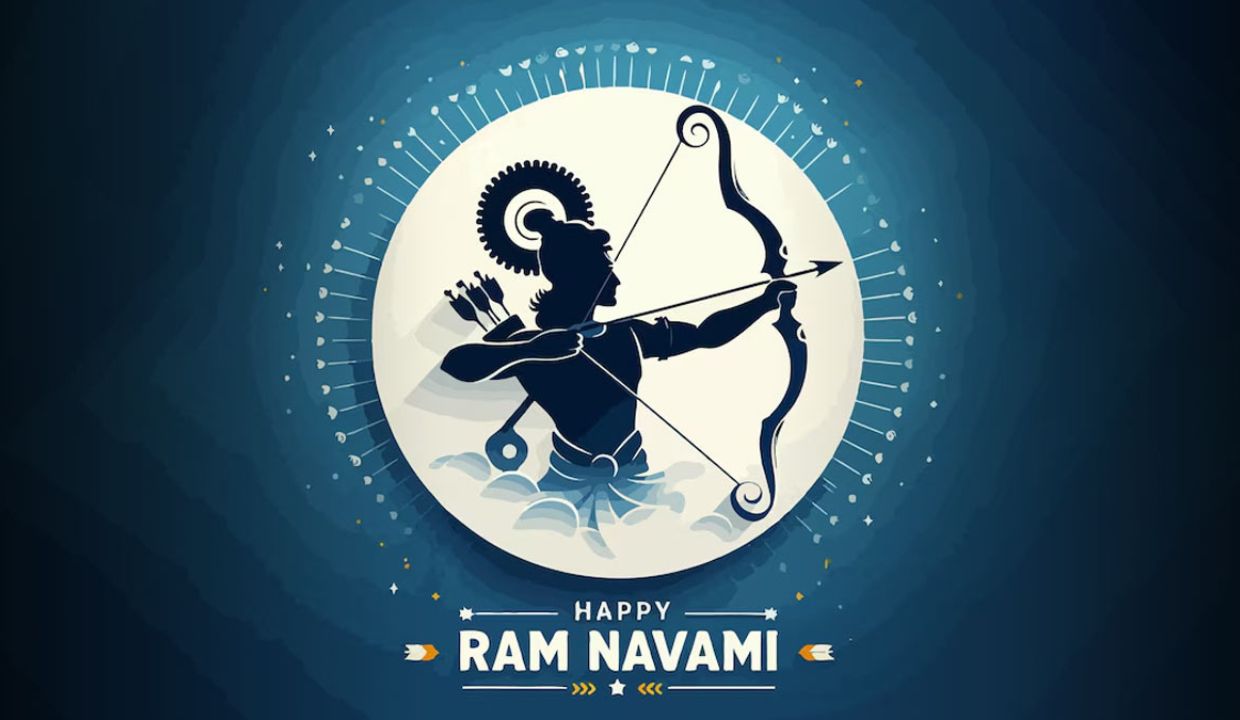


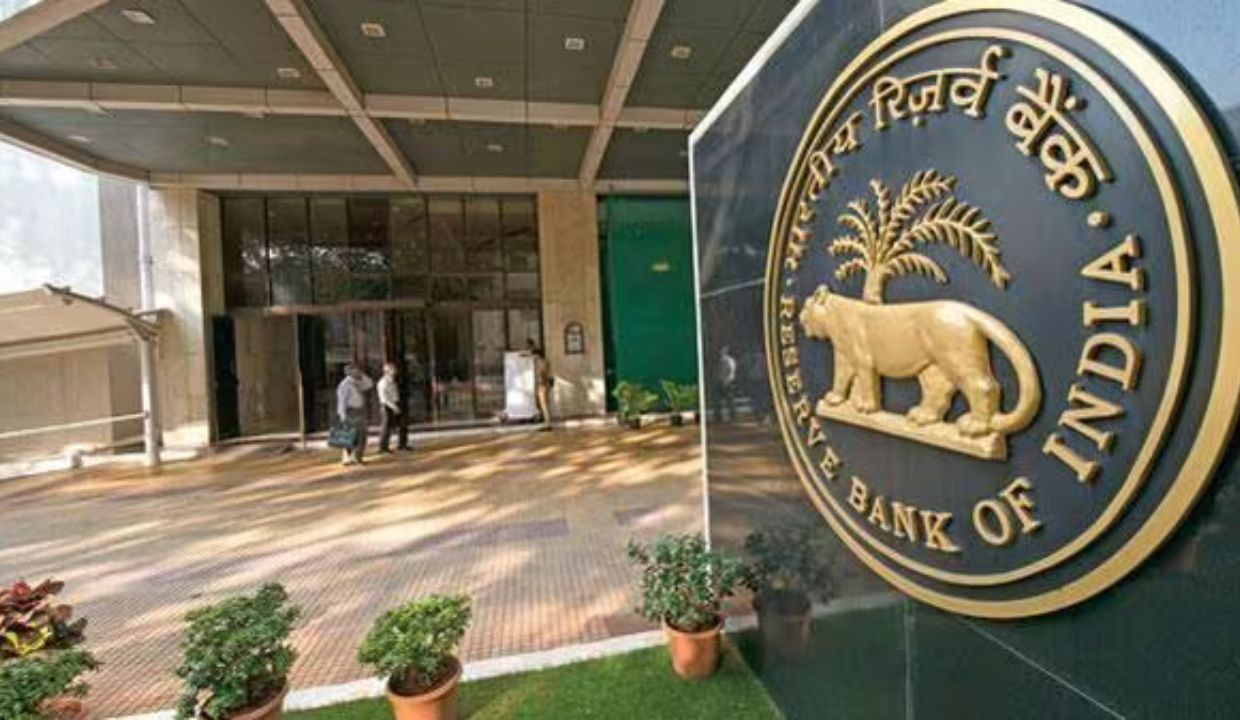
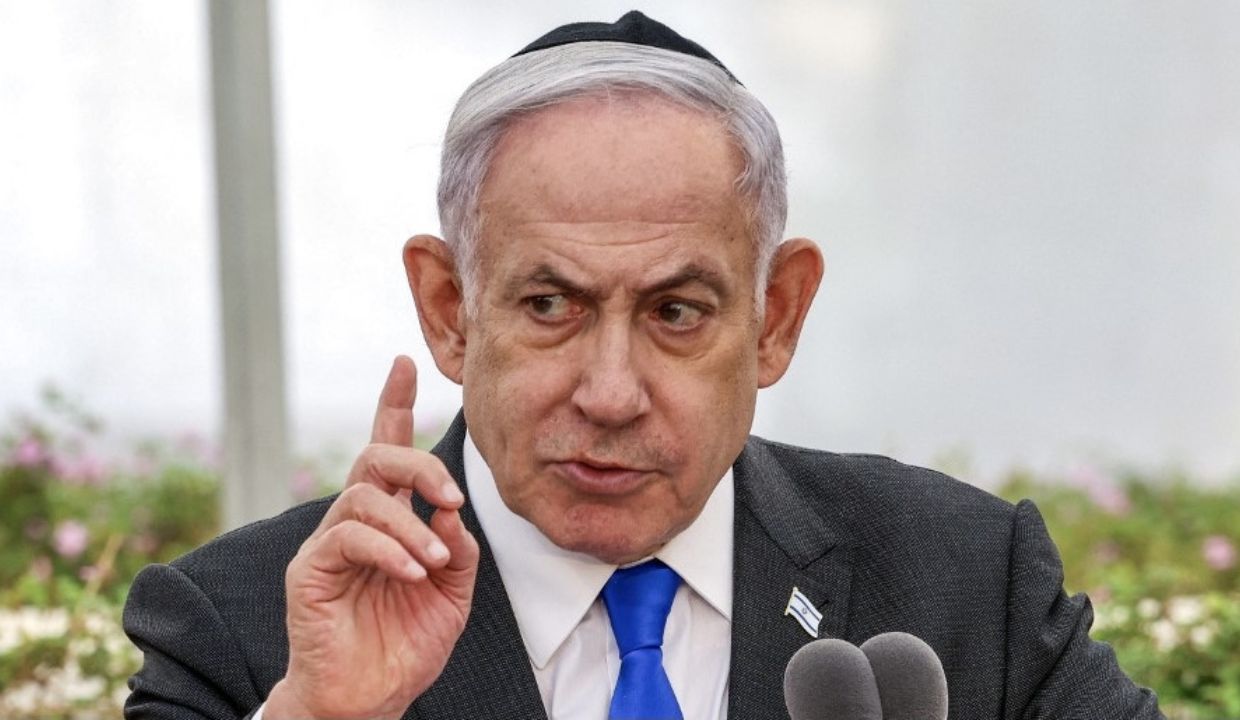
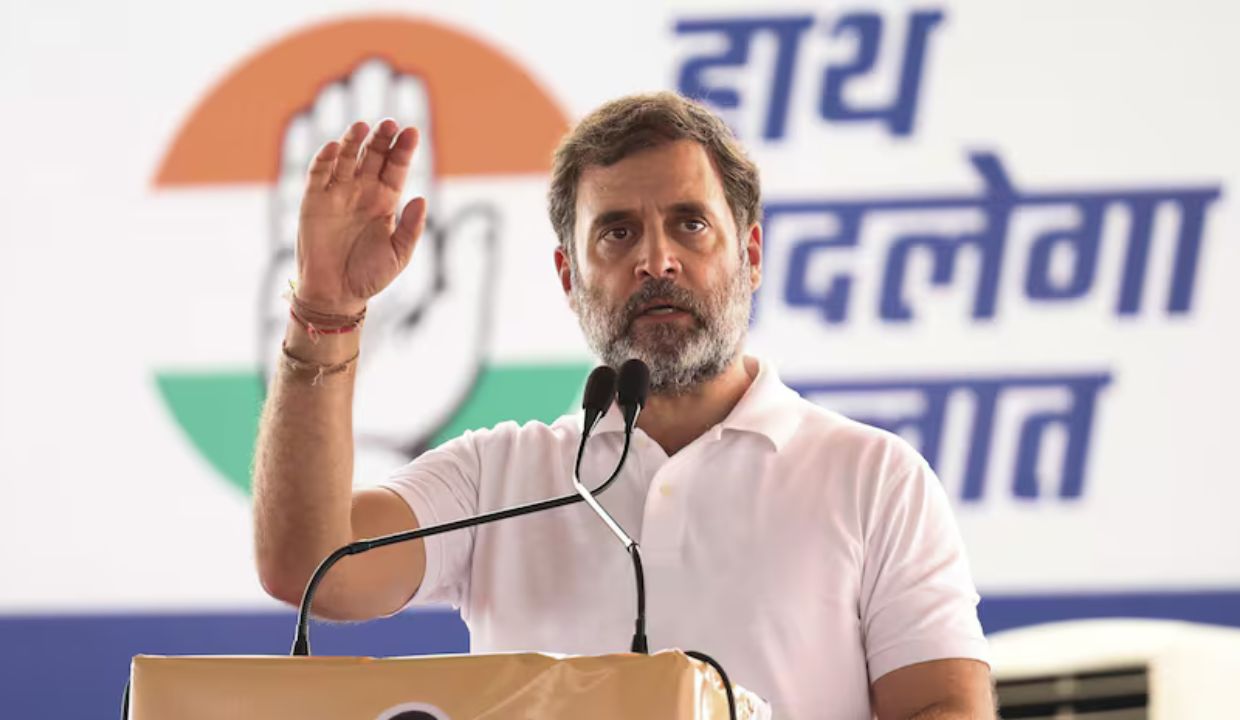

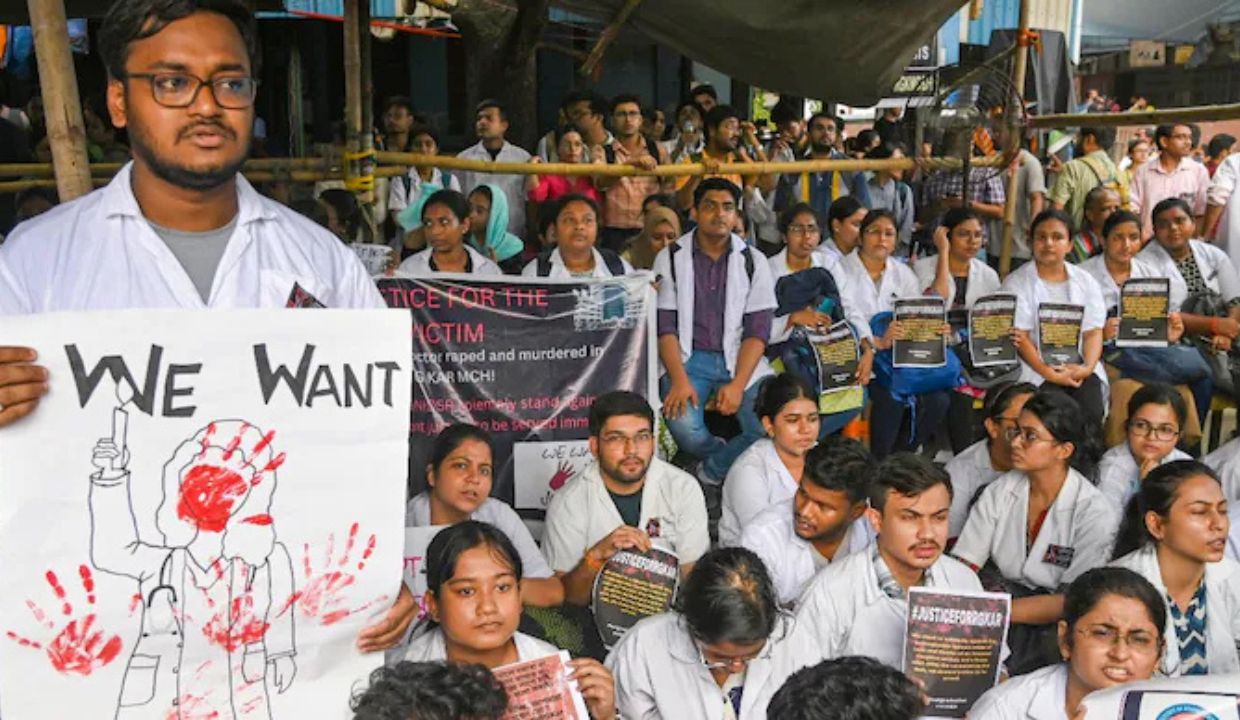
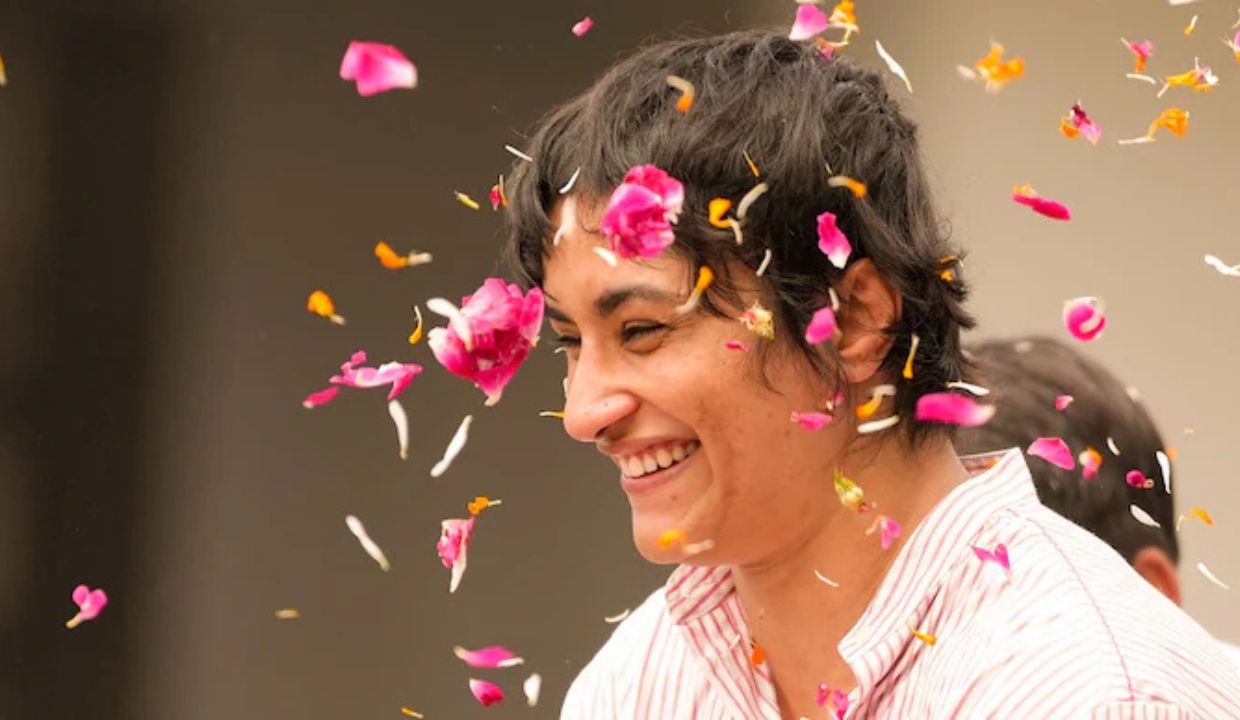
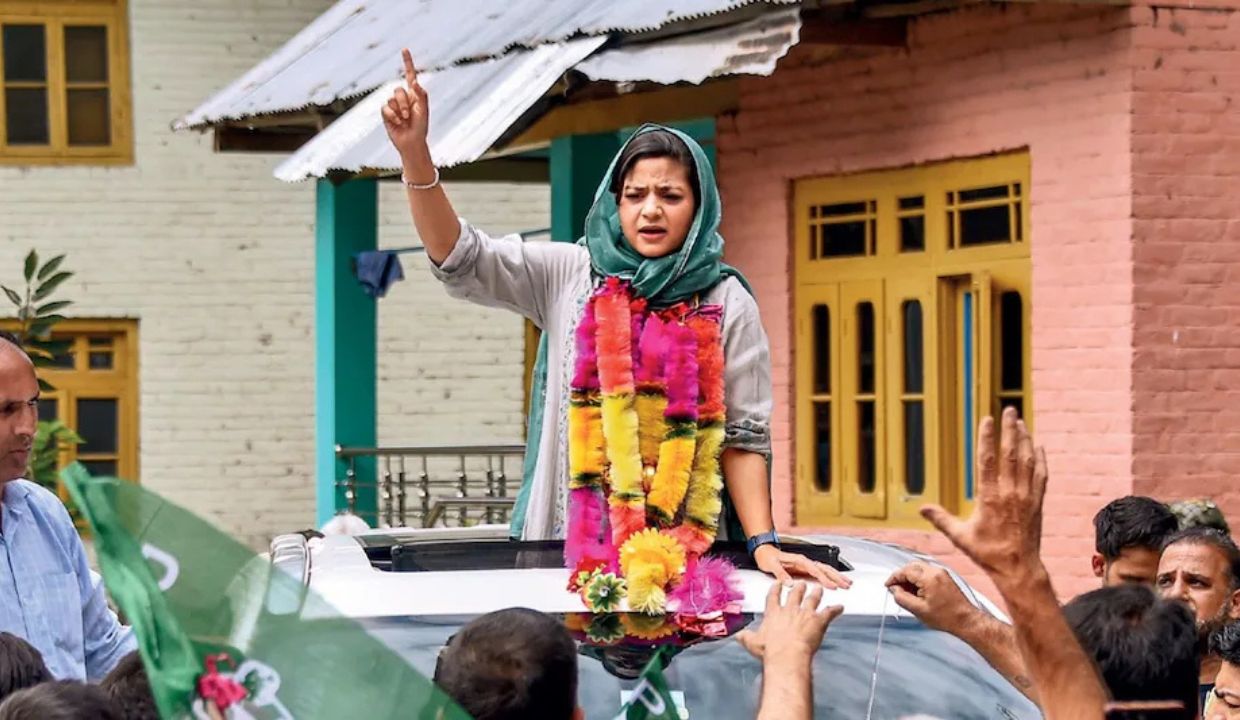
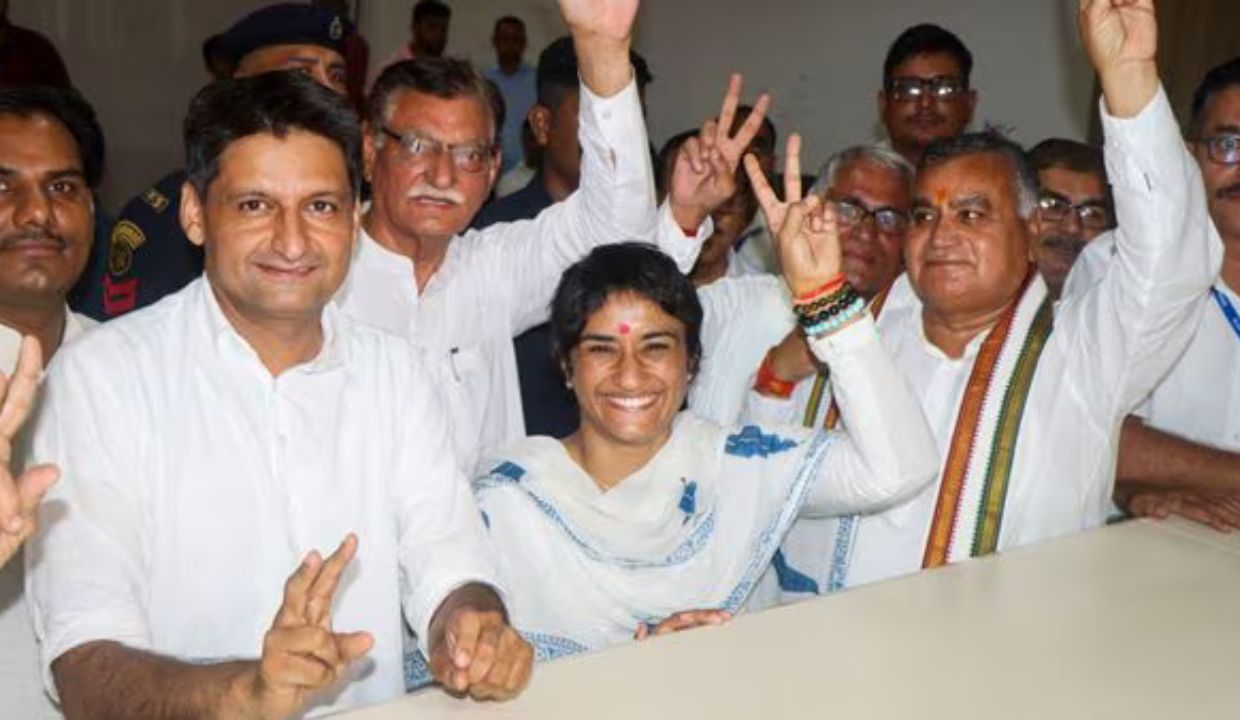
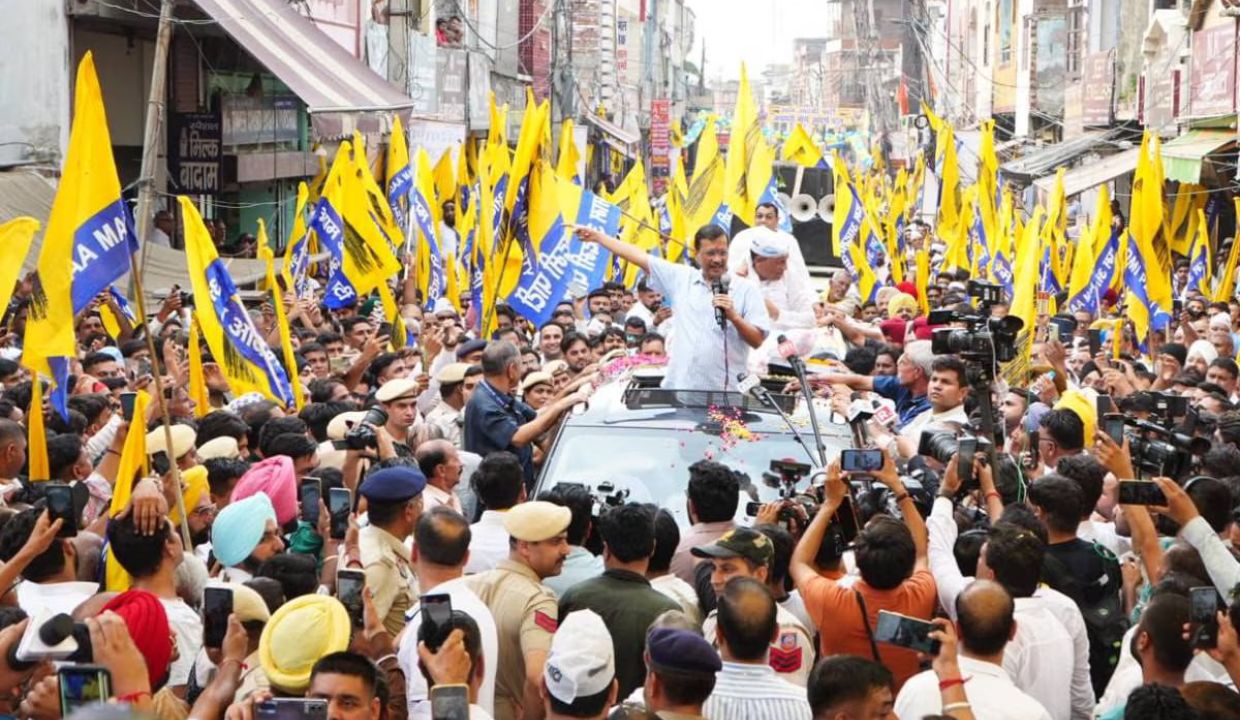

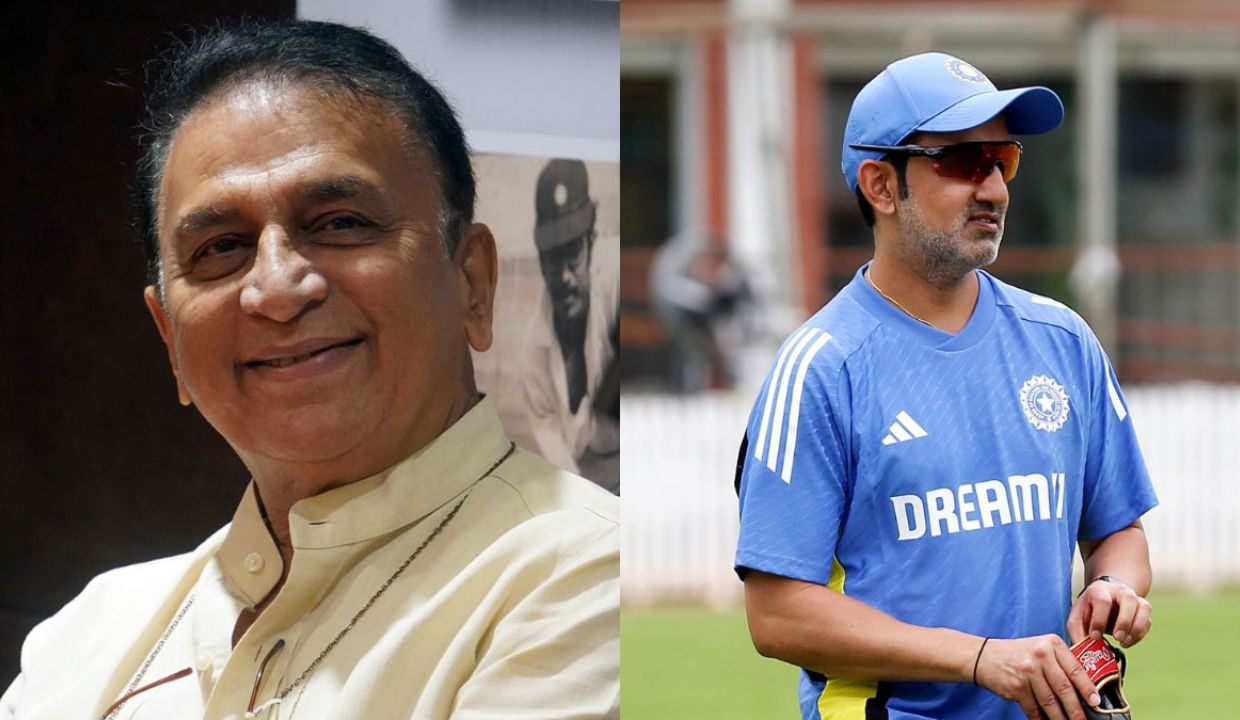


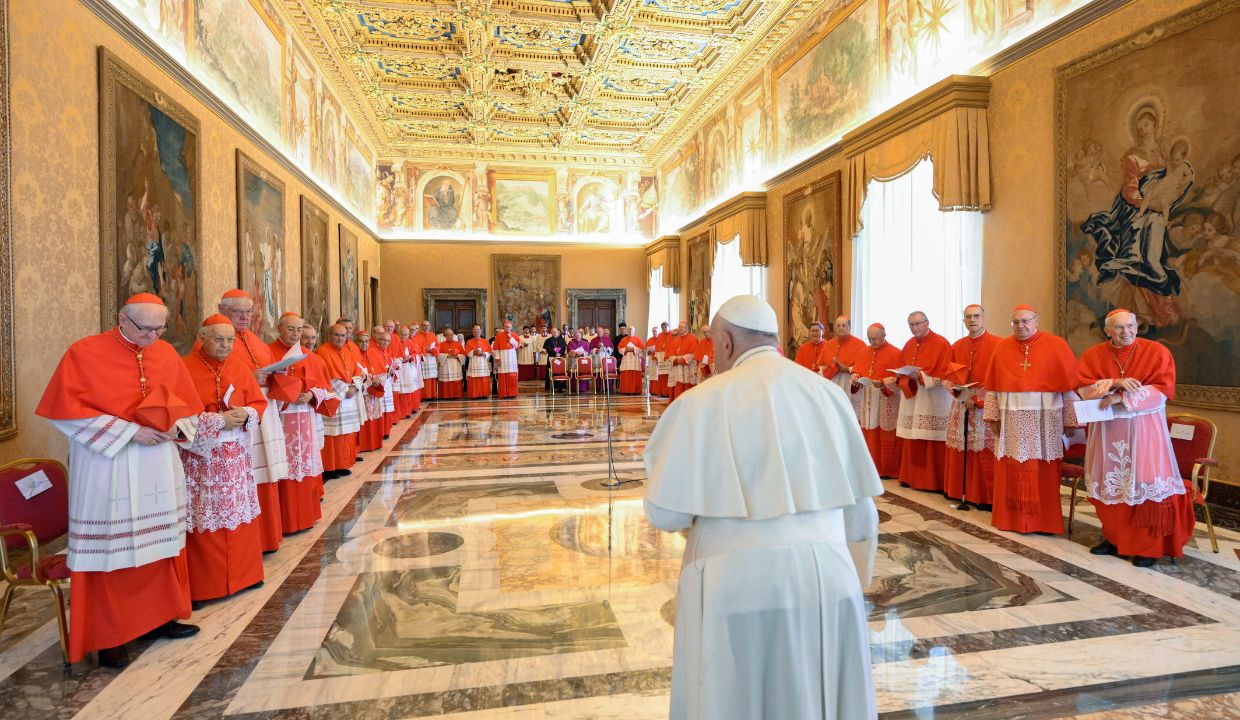
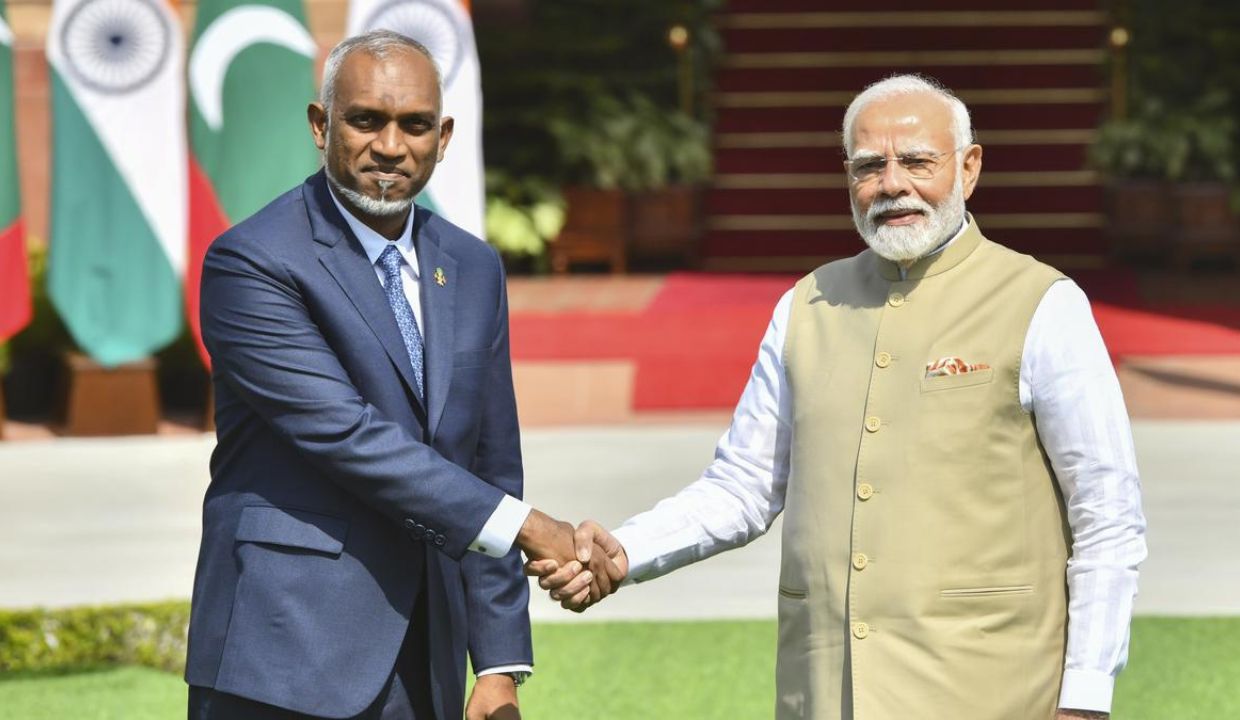

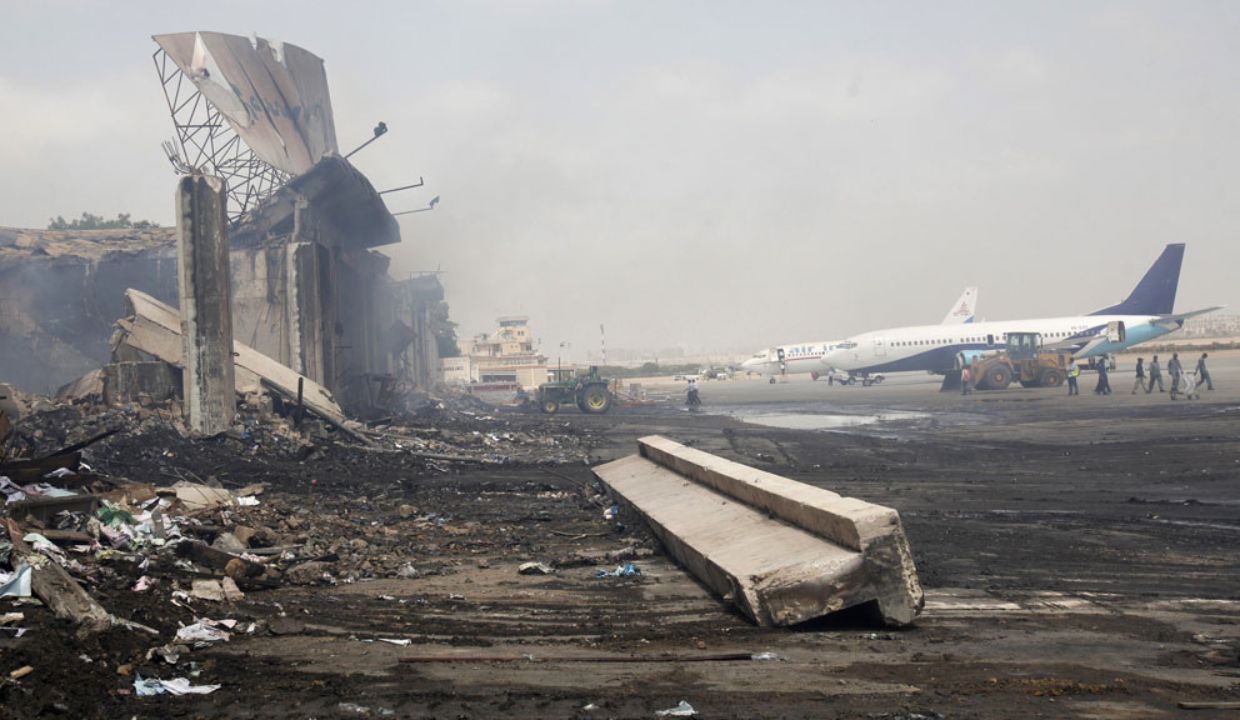

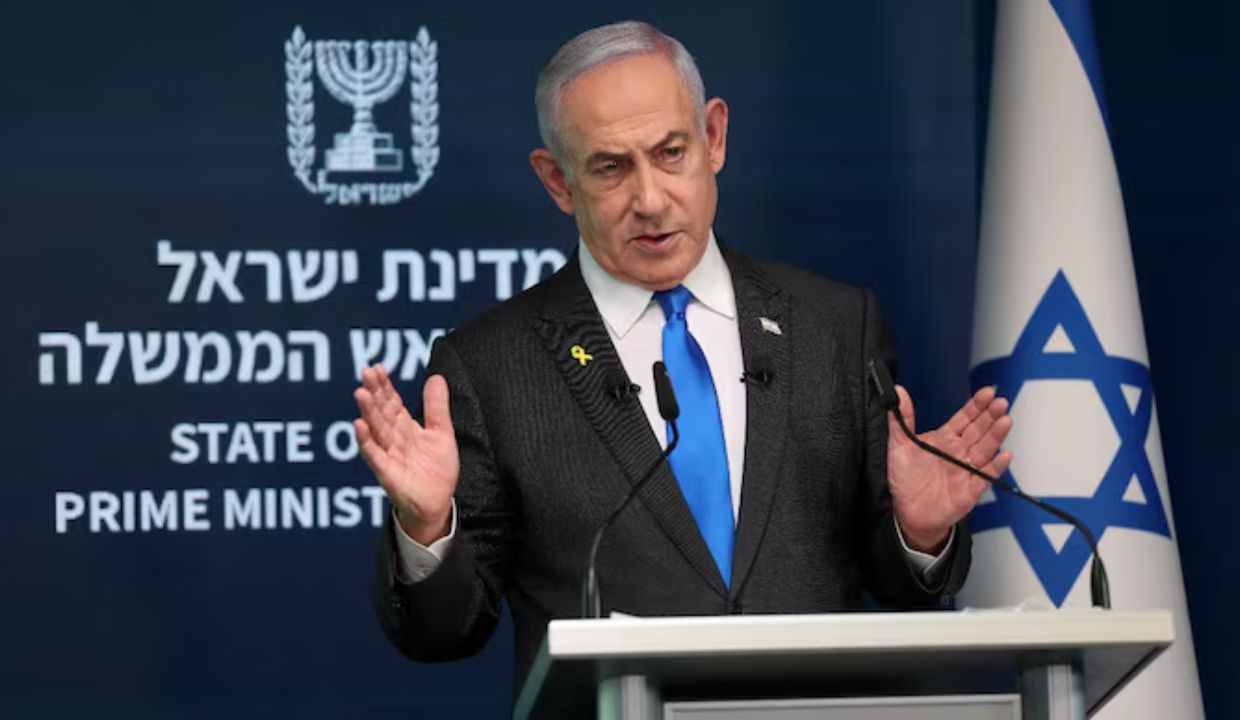
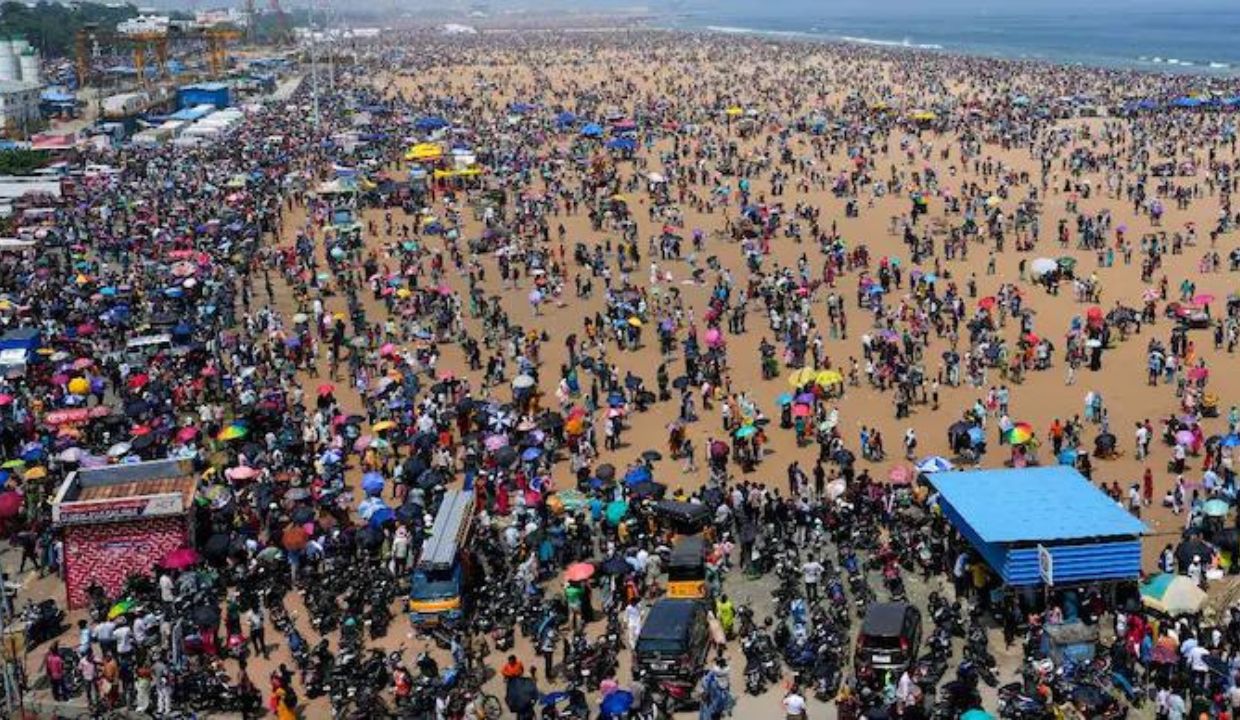
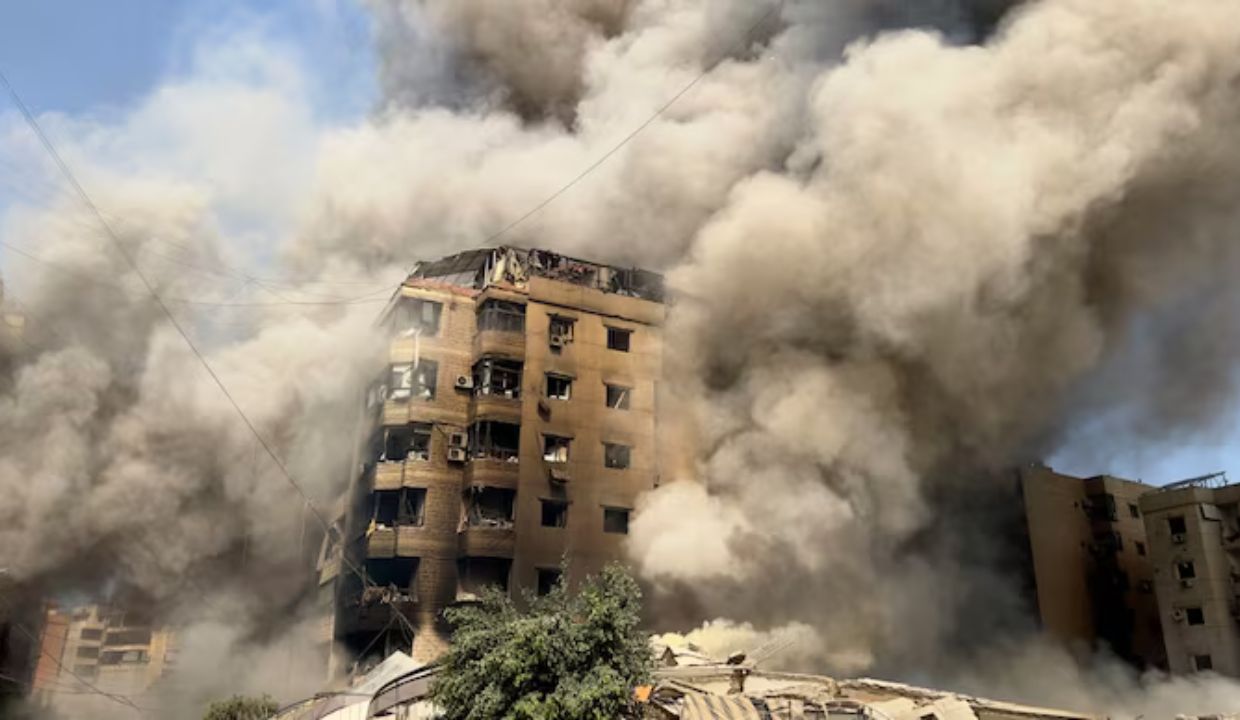

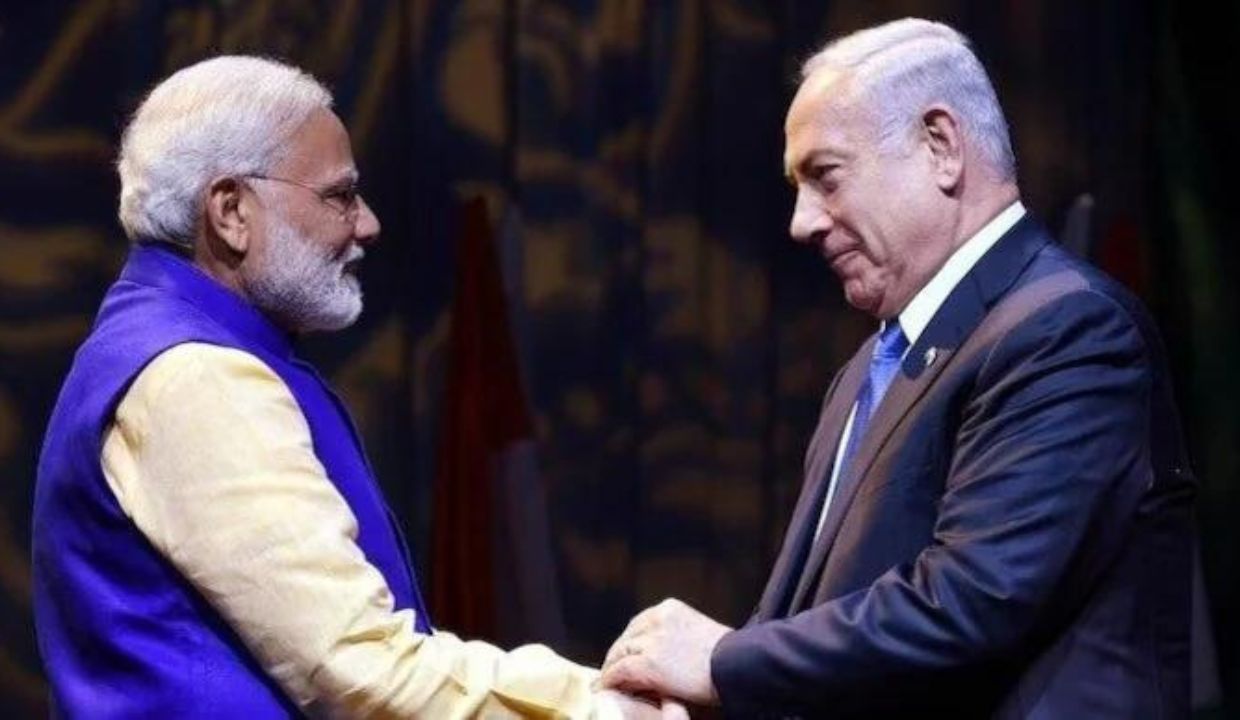



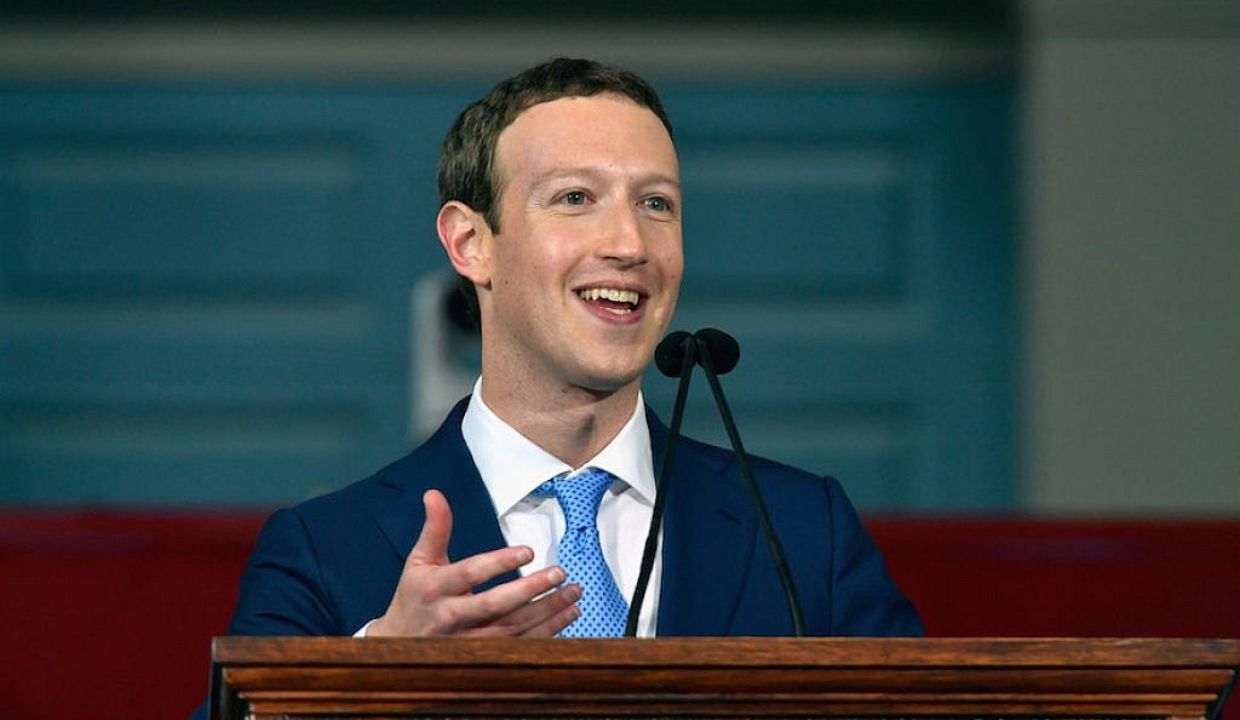

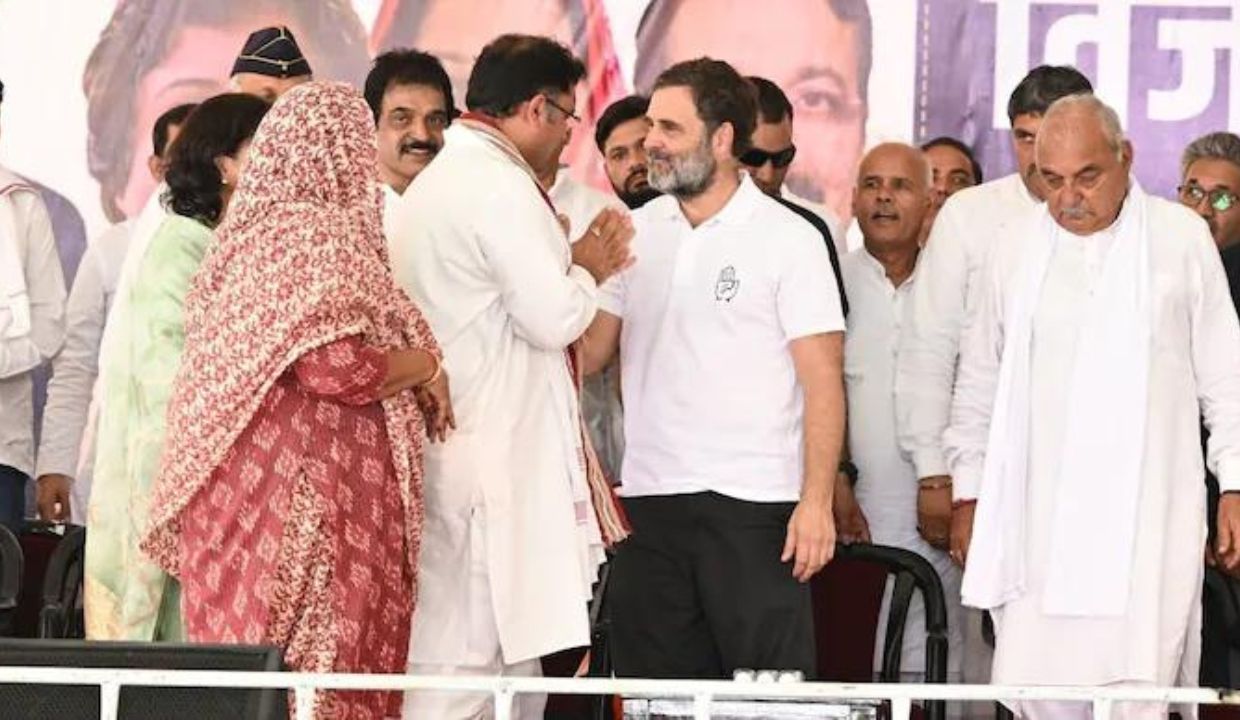
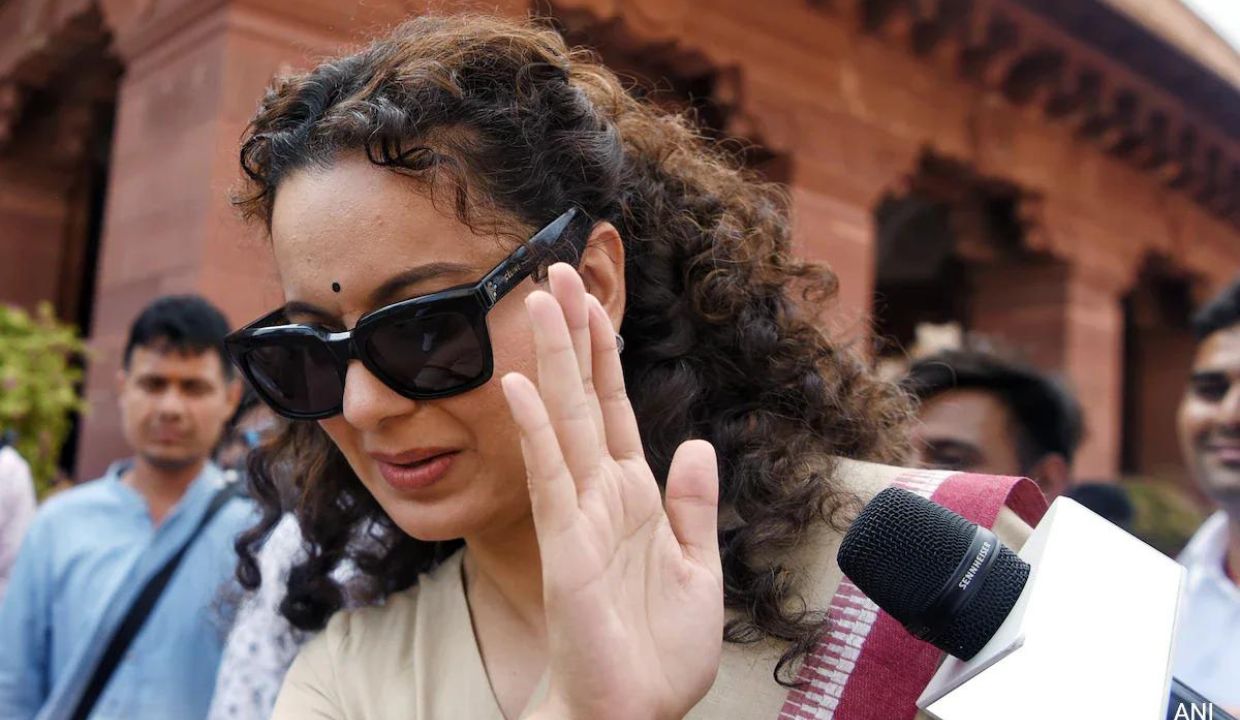

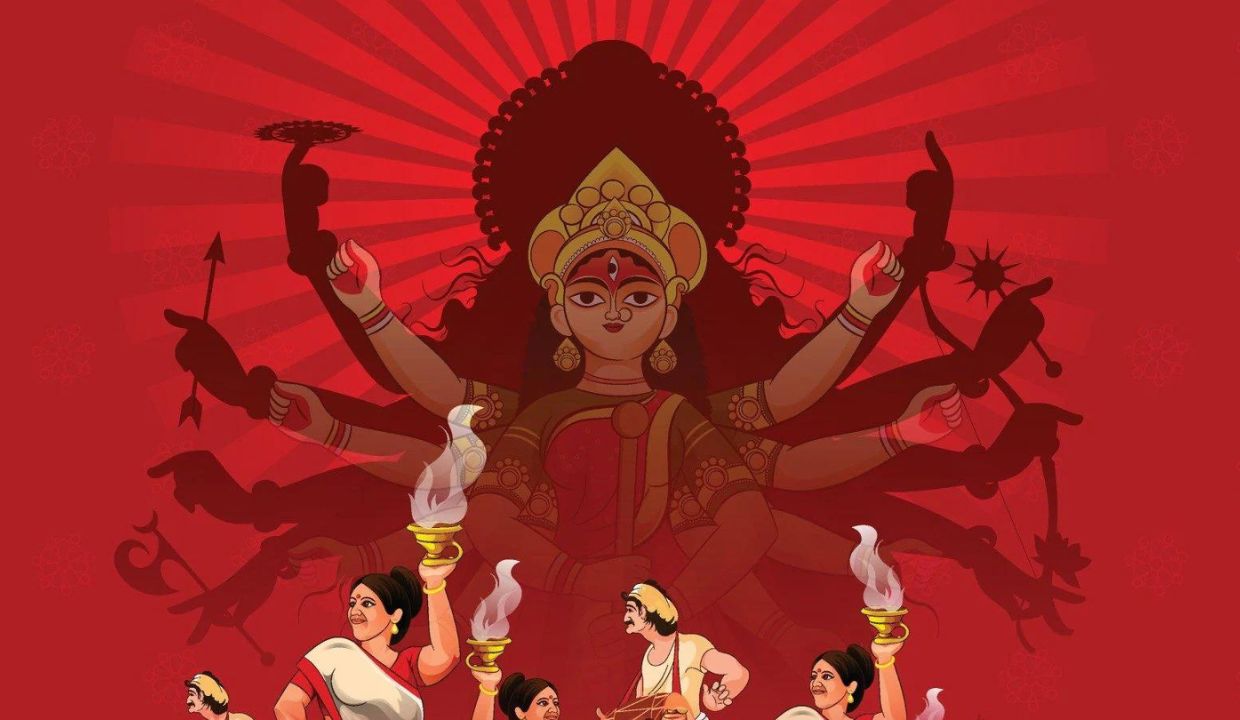
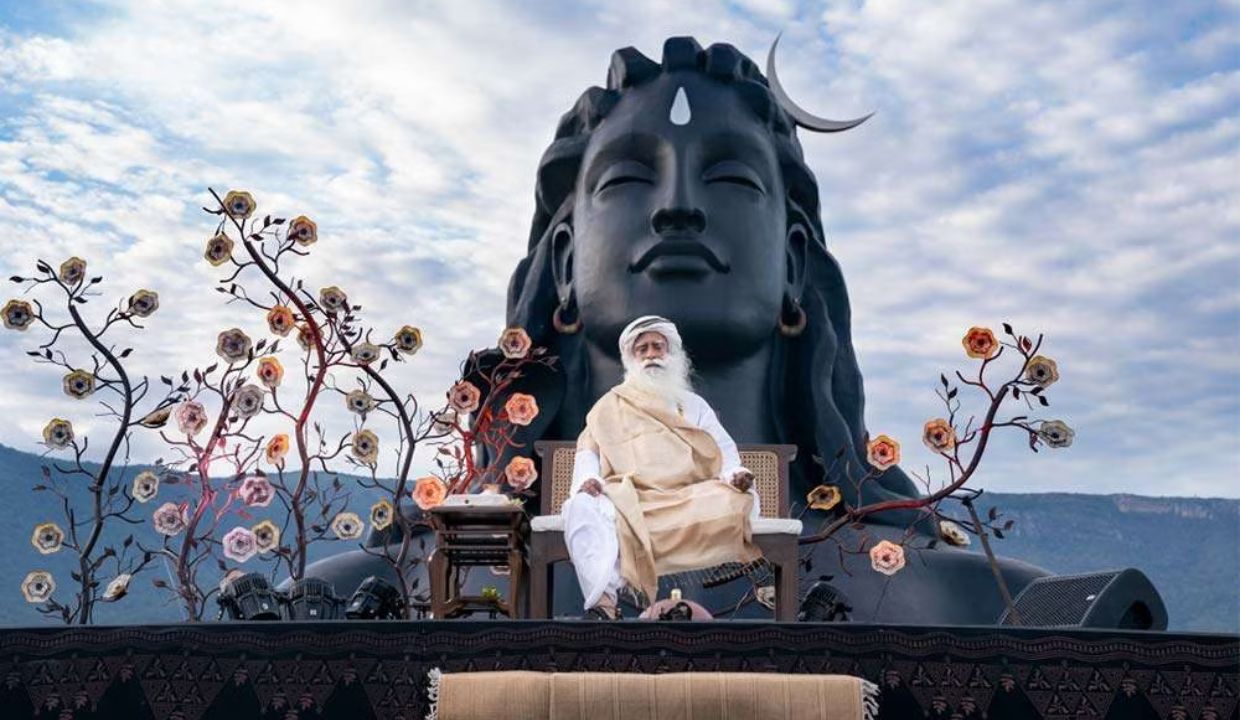
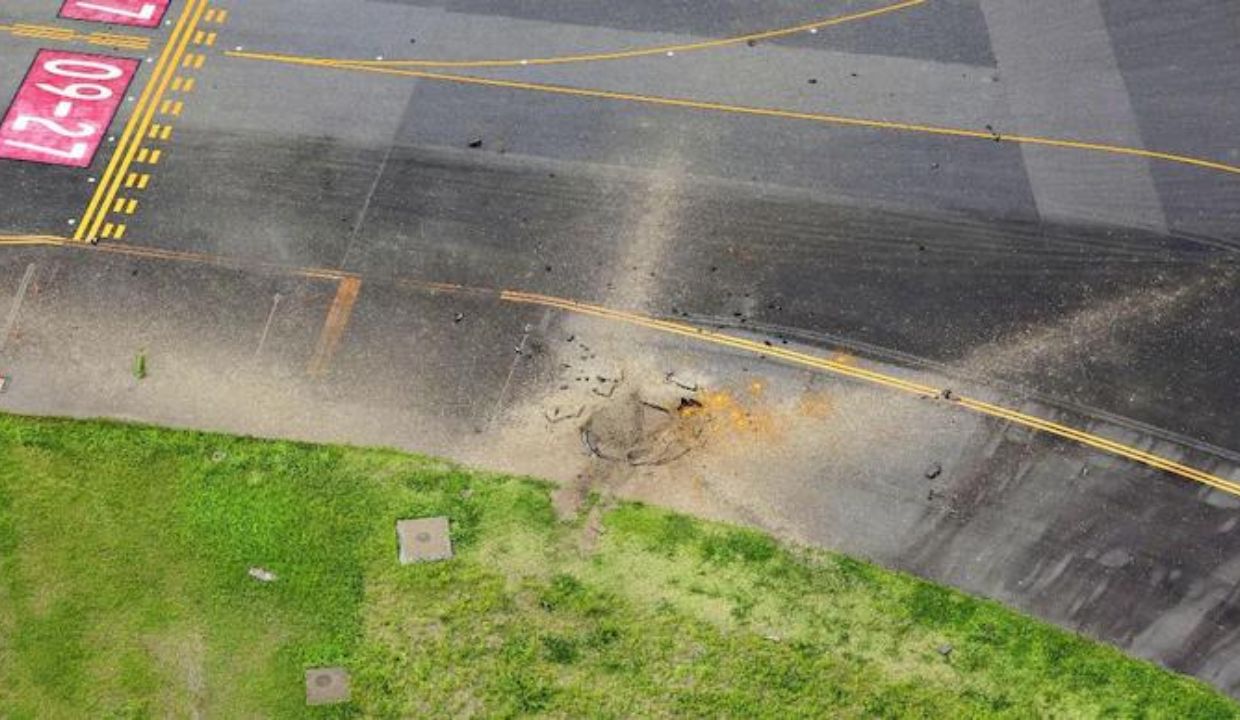
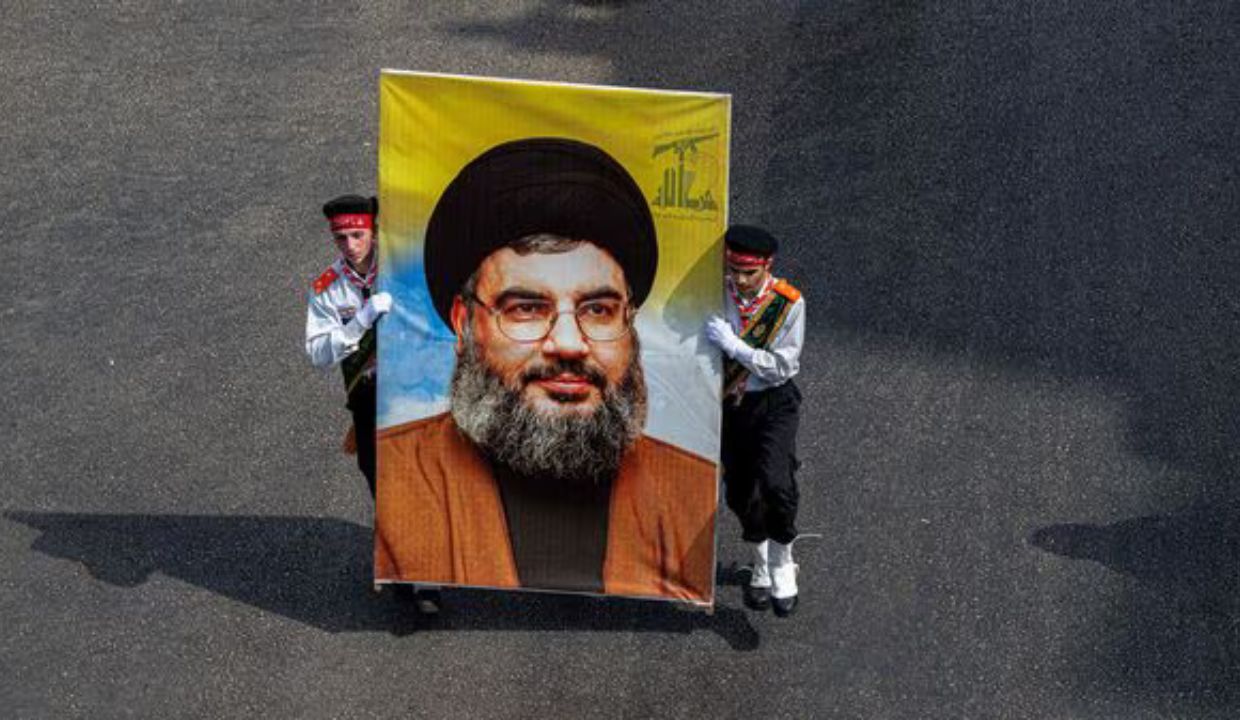


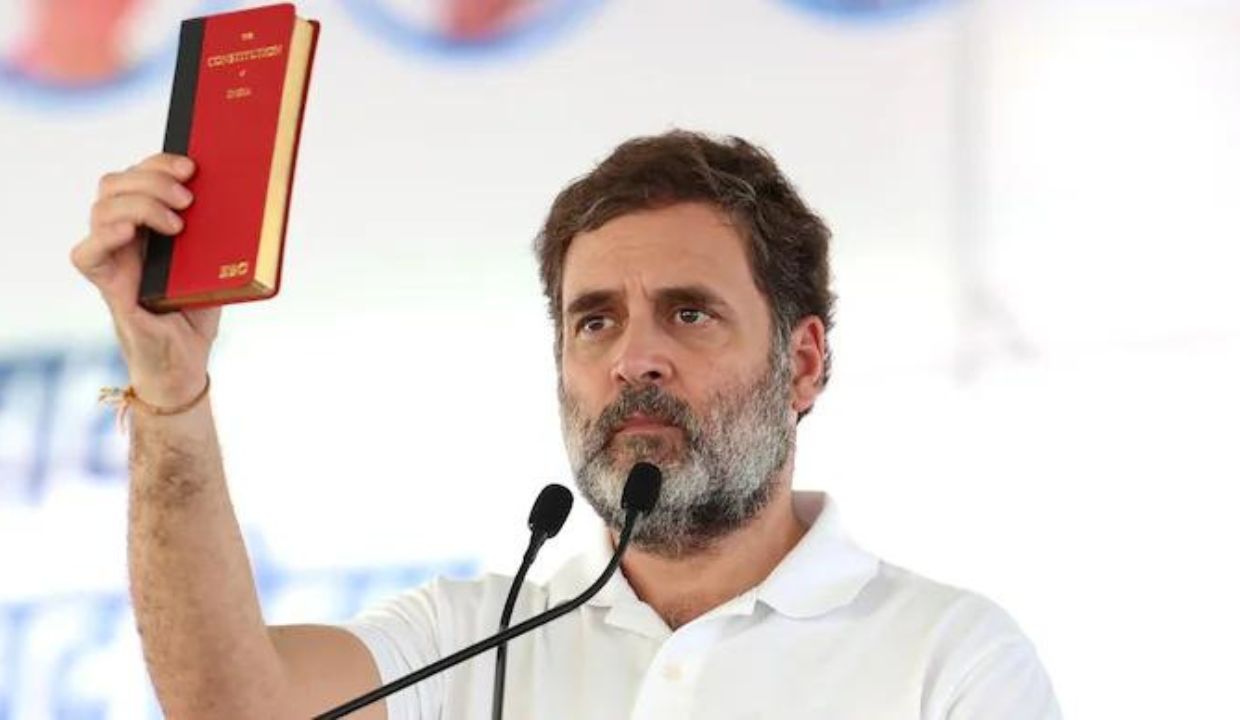

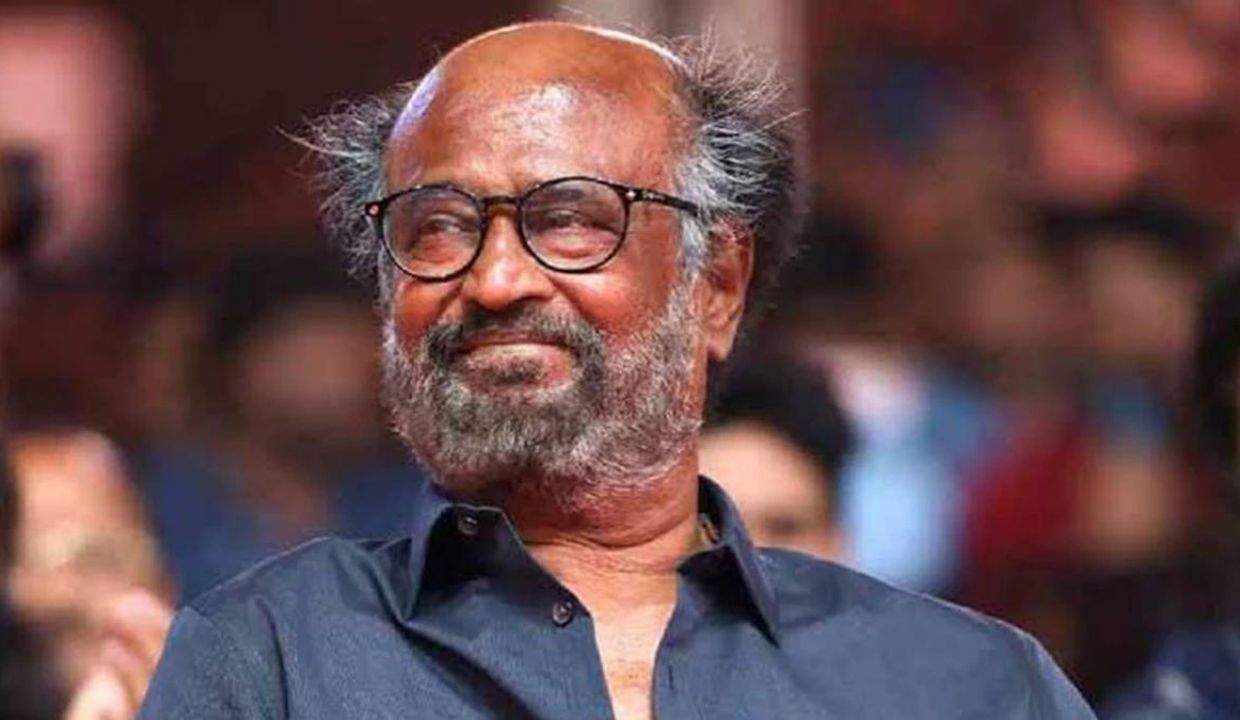
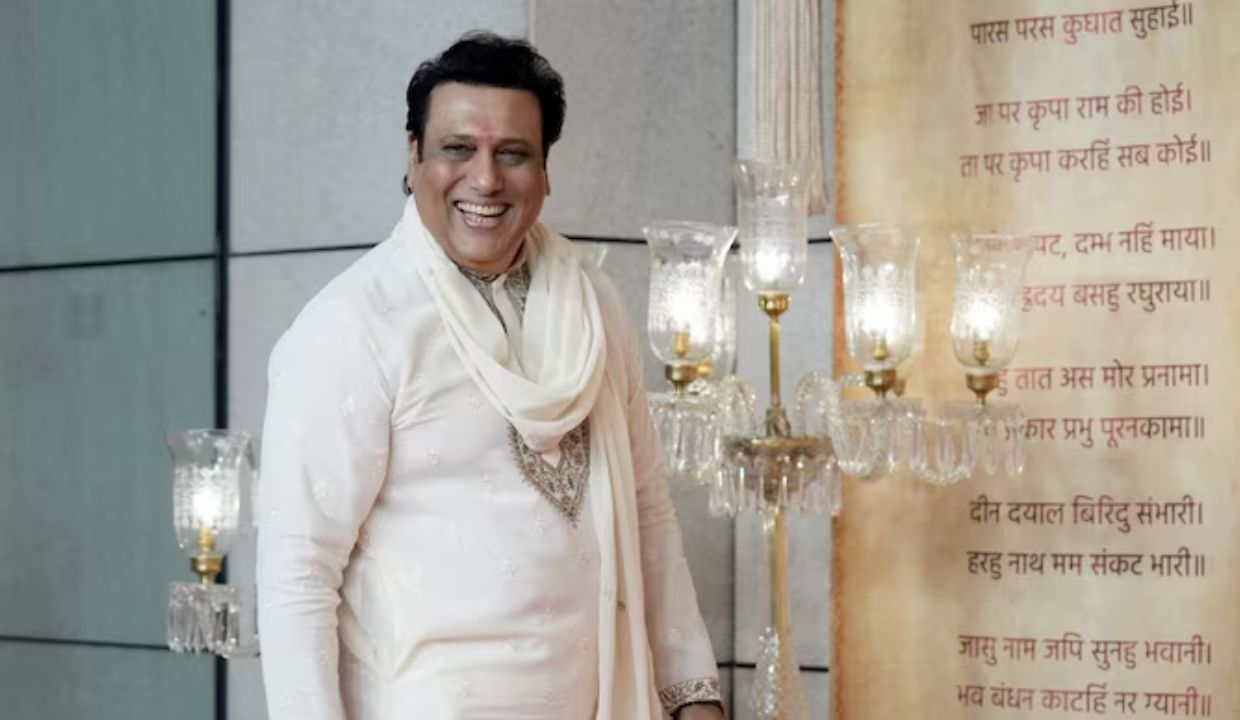
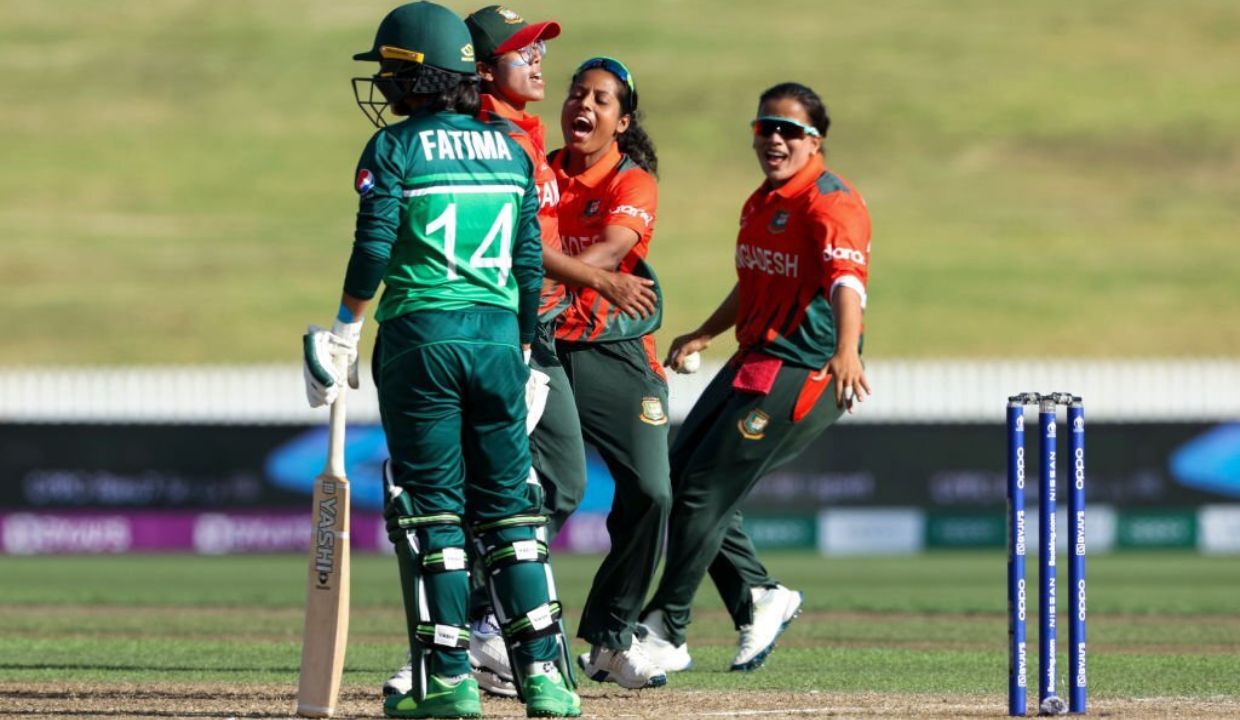
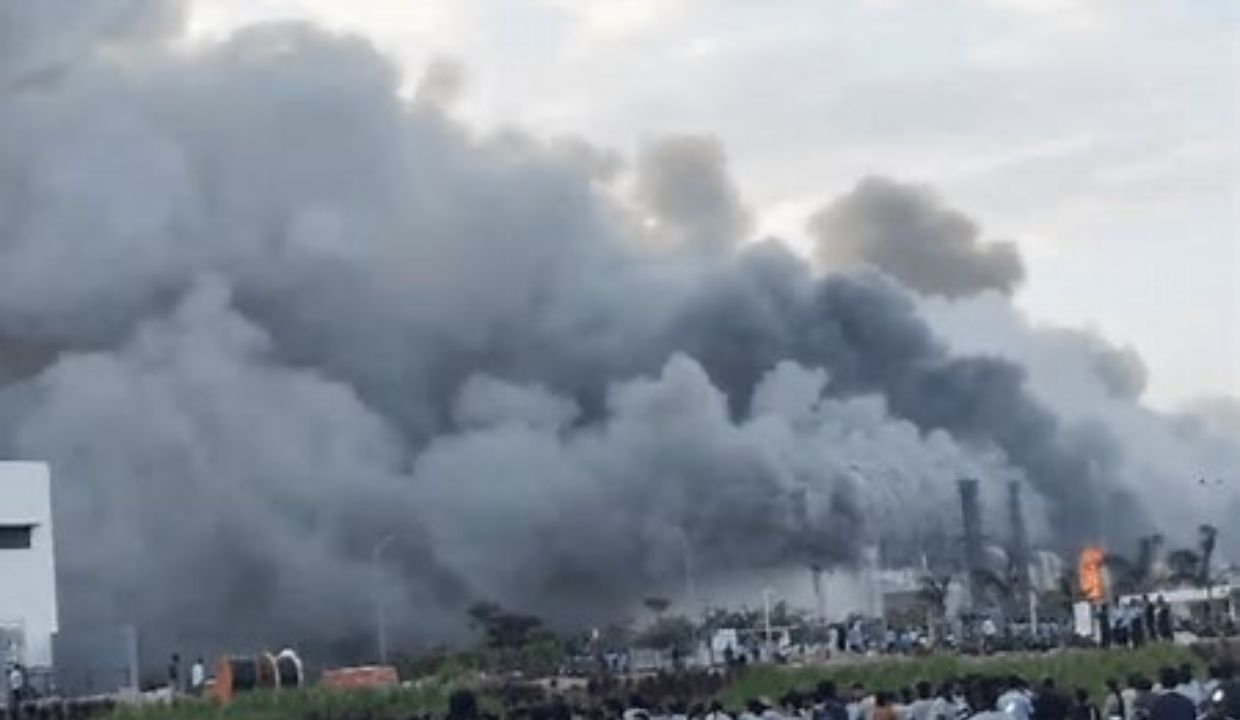

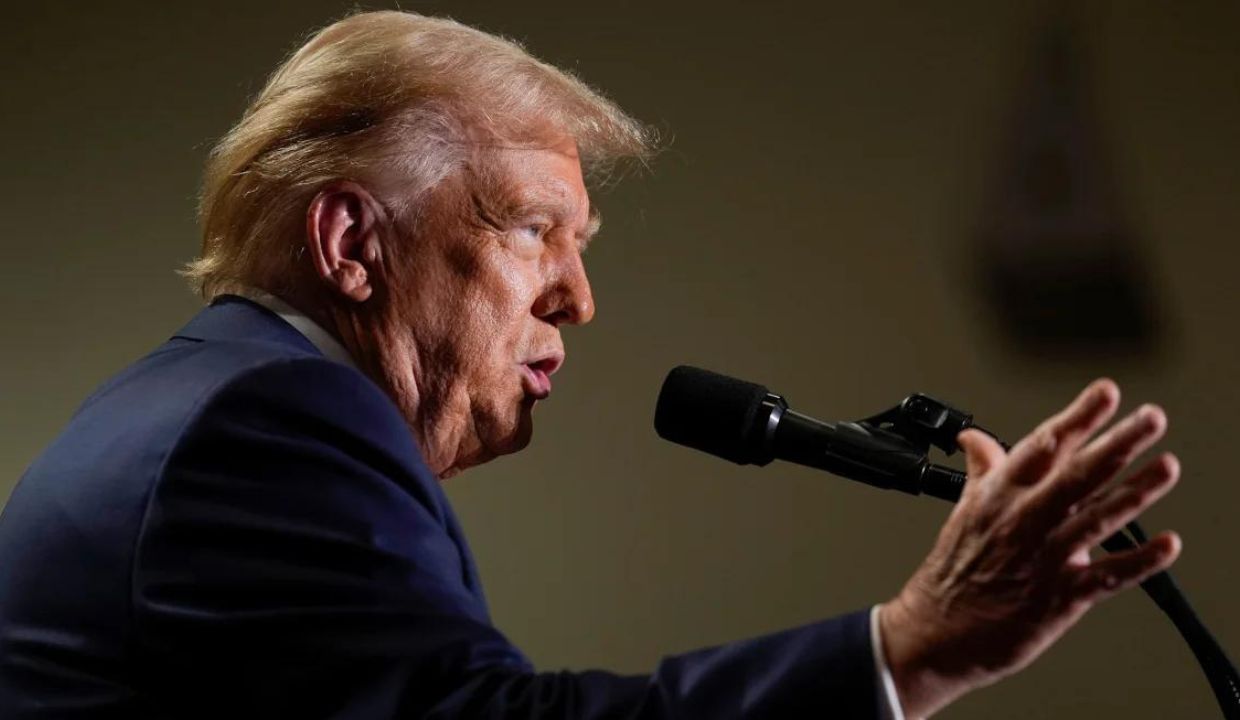


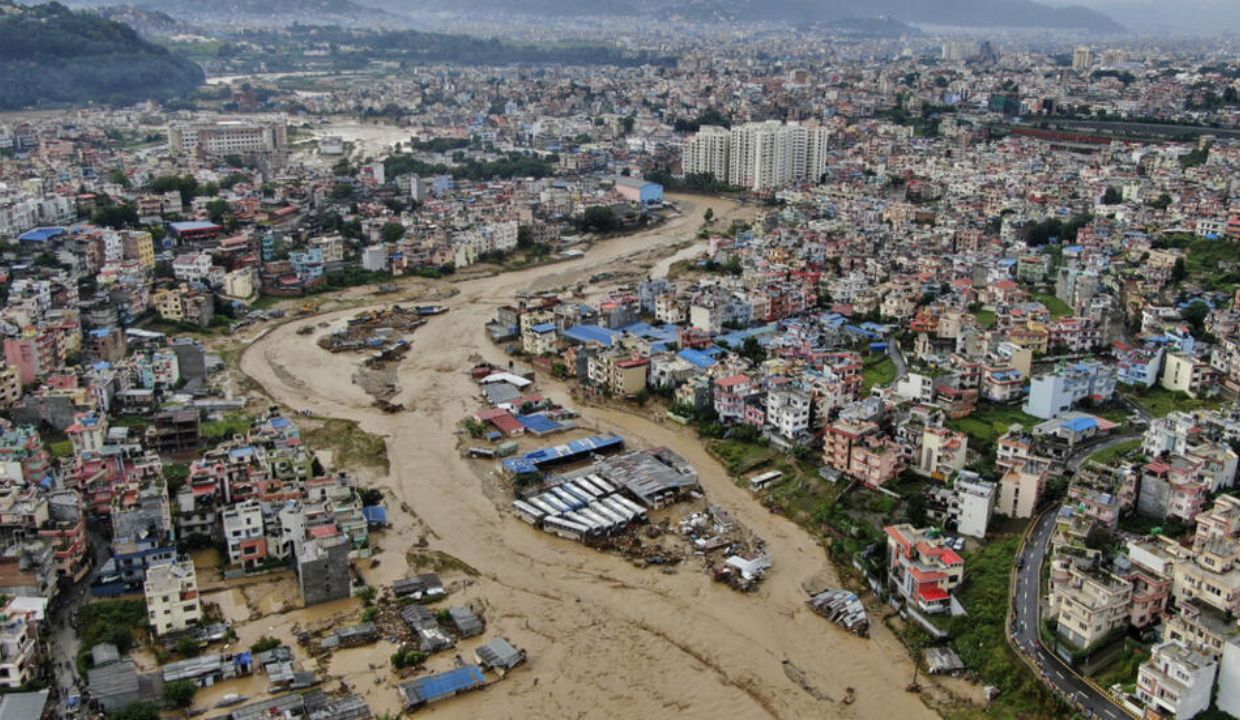
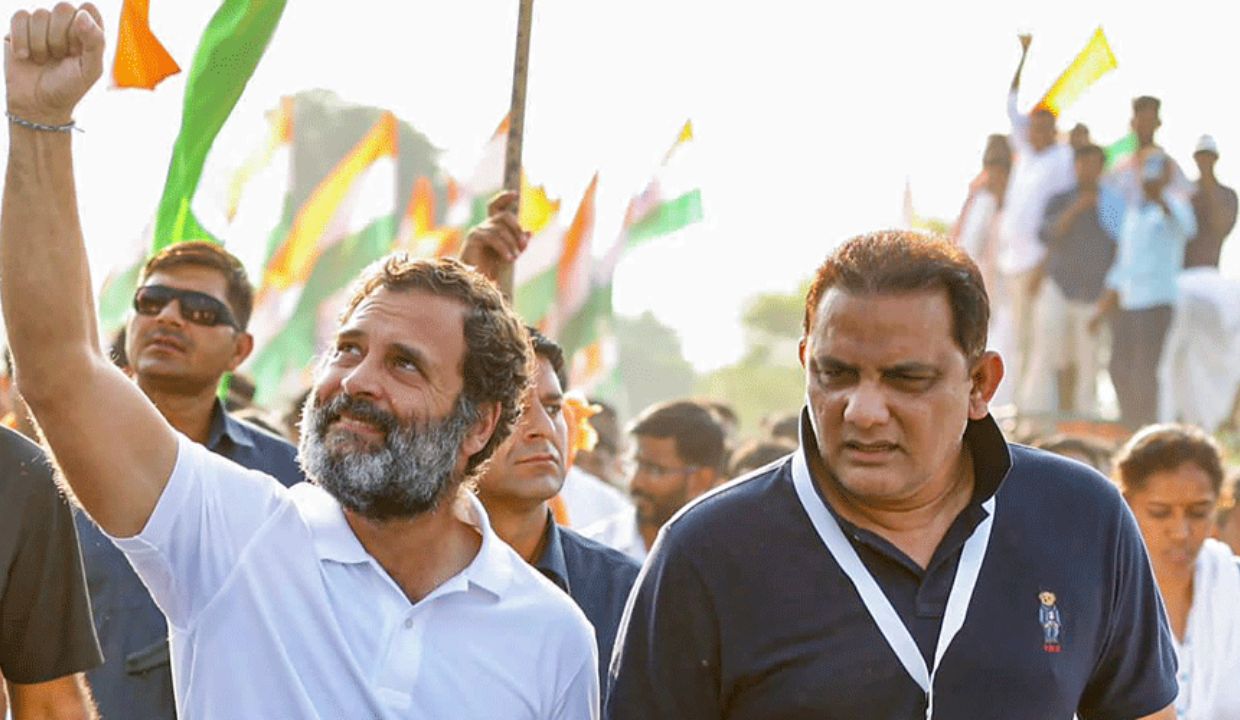
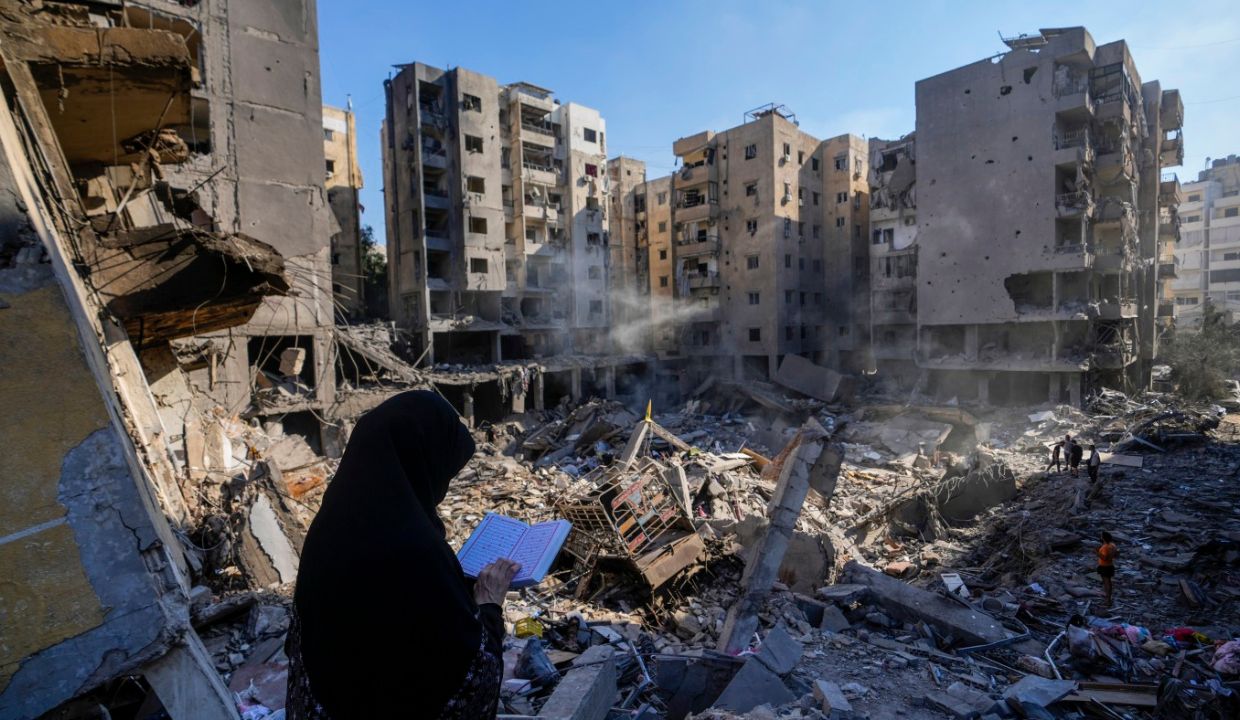
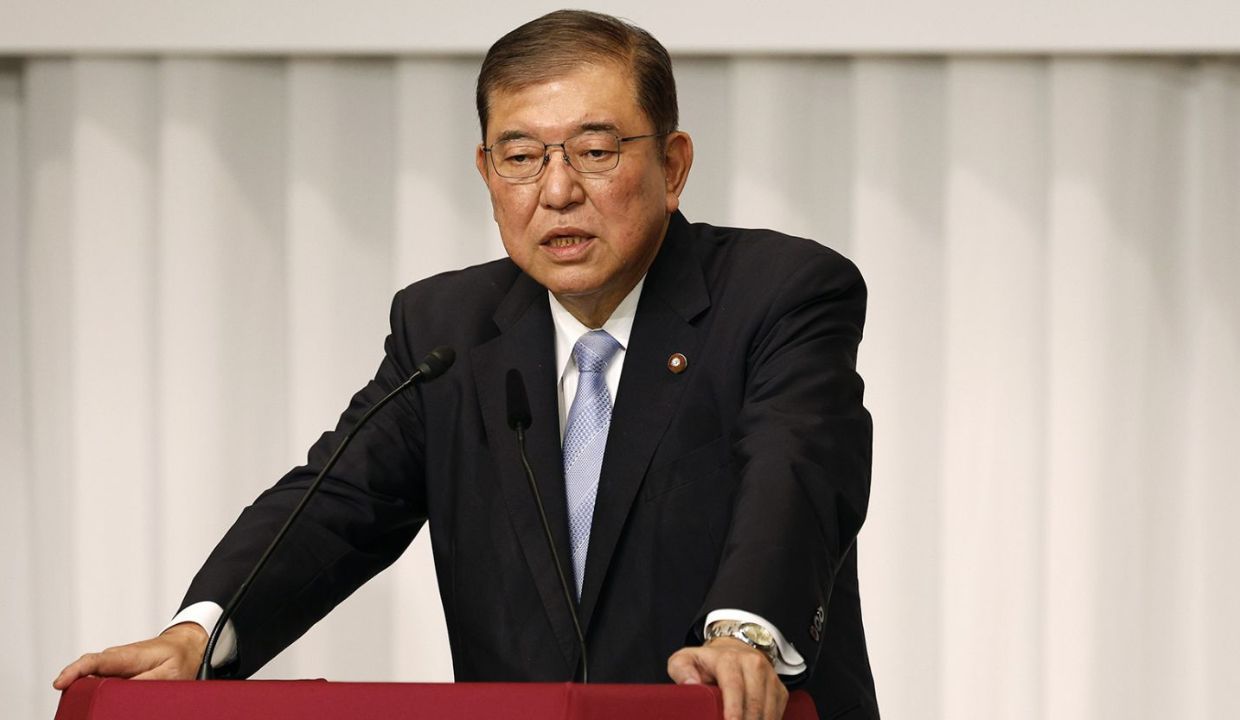
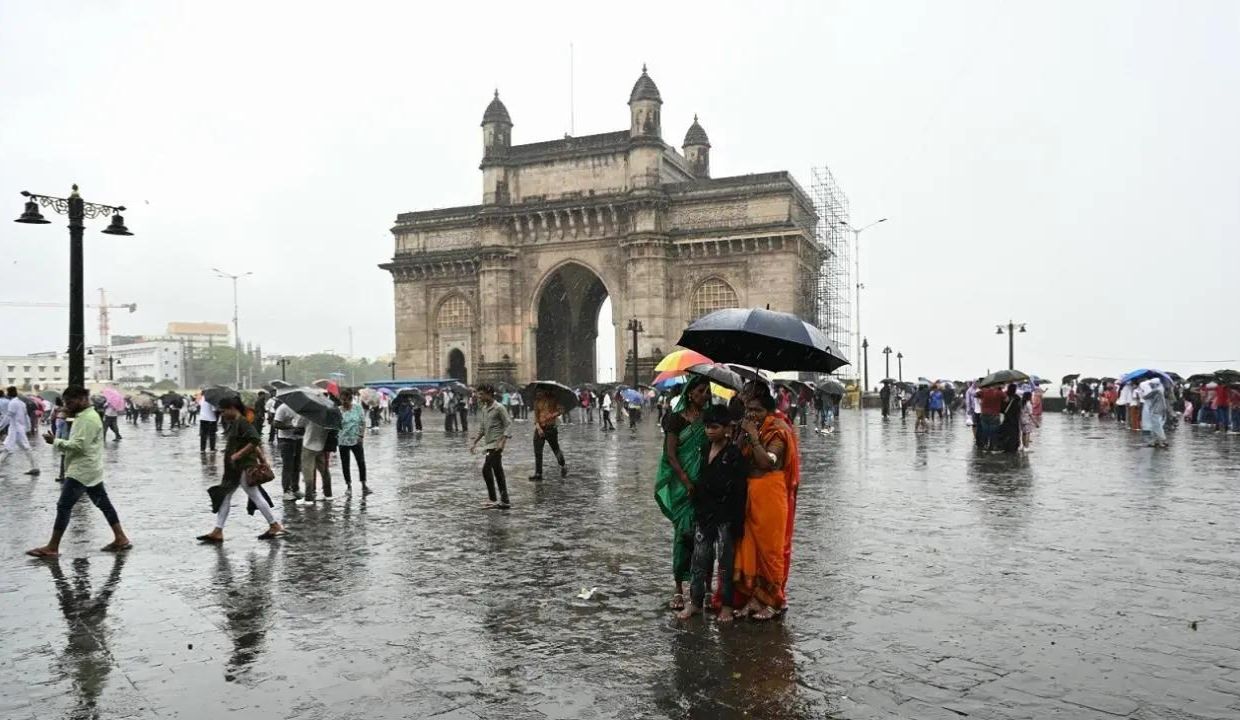


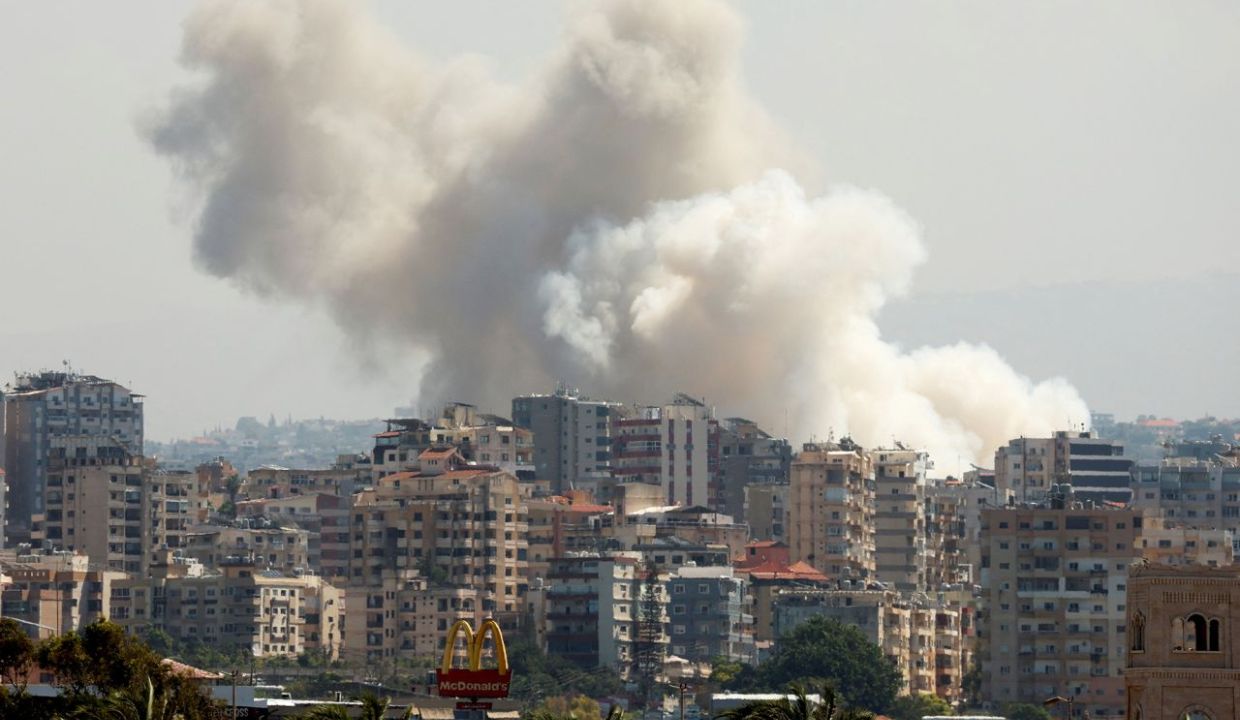
This platform aggregates breaking updates on runway innovations and emerging styles, sourced from权威 platforms like Vogue and WWD. From Gen Z’s bold maximalism to eco-conscious designs, discover insights aligned with fashion week calendars and trade show highlights. Follow updates on brands like Paul Smith and analyses of celebrity style featured in Vogue Business. Learn about design philosophies through features from Inside Fashion Design and Who What Wear UK ’s trend breakdowns. Whether you seek luxury editorials or seasonal sales, this site curates content for enthusiasts alike. https://miami.luxepodium.com/
Эта платформа собирает актуальные новостные материалы разных сфер. Здесь представлены события из жизни, технологиях и разных направлениях. Новостная лента обновляется ежедневно, что позволяет не пропустить важное. Понятная навигация делает использование комфортным. https://durovastyle.ru Любой материал проходят проверку. Целью сайта является достоверности. Следите за обновлениями, чтобы быть на волне новостей.
This platform aggregates breaking updates on runway innovations and emerging styles, sourced from权威 platforms like Vogue and WWD. From chunky accessories to sustainable fabrics, discover insights aligned with fashion week calendars and trade show highlights. Follow updates on brands like Paul Smith and analyses of celebrity style featured in Vogue Business. Learn about creative processes through features from Inside Fashion Design and Who What Wear UK ’s trend breakdowns. Whether you seek luxury editorials or seasonal sales, this site curates content for enthusiasts alike. https://world.lepodium.net/
Размещение видеокамер поможет защиту помещения круглосуточно. Инновационные решения гарантируют высокое качество изображения даже при слабом освещении. Мы предлагаем широкий выбор оборудования, подходящих для бизнеса и частных объектов. <a href="https://videonablyudeniemoskva.ru/">videonablyudeniemoskva.ru</a> Профессиональная установка и техническая поддержка обеспечивают простым и надежным для всех заказчиков. Оставьте заявку, и узнать о лучшее решение для установки видеонаблюдения.
Коллекция Nautilus, созданная мастером дизайна Жеральдом Гентой, сочетает элегантность и прекрасное ремесленничество. Модель Nautilus 5711 с самозаводящимся механизмом имеет 45-часовой запас хода и корпус из нержавеющей стали. Восьмиугольный безель с округлыми гранями и синий солнечный циферблат подчеркивают неповторимость модели. Браслет с интегрированными звеньями обеспечивает удобную посадку даже при активном образе жизни. Часы оснащены функцией даты в позиции 3 часа и антибликовым покрытием. Для версий с усложнениями доступны хронограф, вечный календарь и функция Travel Time. <a href="https://patek-philippe-nautilus.ru/">https://patek-philippe-nautilus.ru/</a> Например, модель 5712/1R-001 из розового золота с калибром повышенной сложности и запасом хода до 48 часов. Nautilus остается предметом коллекционирования, объединяя современные технологии и классические принципы.
Discover detailed information about the Audemars Piguet Royal Oak Offshore 15710ST on this site , including price trends ranging from $34,566 to $36,200 for stainless steel models. The 42mm timepiece features a robust design with mechanical precision and durability , crafted in titanium. <a href="https://ap15710st.superpodium.com">New AP Royal Oak 15710 st watches</a> Compare secondary market data , where limited editions command premiums , alongside rare references from the 1970s. Get real-time updates on availability, specifications, and resale performance , with trend reports for informed decisions.
Within this platform, find a variety of online casinos. Interested in classic games latest releases, there’s a choice to suit all preferences. Every casino included checked thoroughly for trustworthiness, allowing users to gamble with confidence. <a href="https://futurefly-whitetiger.com">1win</a> Additionally, the platform unique promotions and deals for new players including long-term users. With easy navigation, discovering a suitable site takes just moments, enhancing your experience. Keep informed on recent updates with frequent visits, because updated platforms are added regularly.
Here, you can discover an extensive selection internet-based casino sites. Whether you’re looking for classic games new slot machines, there’s something for every player. Every casino included fully reviewed for safety, enabling gamers to bet peace of mind. <a href="https://futurefly-whitetiger.com">1xbet</a> Additionally, the site provides special rewards plus incentives for new players including long-term users. With easy navigation, discovering a suitable site happens in no time, enhancing your experience. Keep informed on recent updates by visiting frequently, because updated platforms are added regularly.
This flight-themed slot merges adventure with big wins. Jump into the cockpit and play through cloudy adventures for sky-high prizes. With its vintage-inspired design, the game captures the spirit of pioneering pilots. <a href="https://www.linkedin.com/posts/robin-kh-150138202_aviator-game-download-activity-7295792143506321408-81HD/">how to download aviator game</a> Watch as the plane takes off – claim before it flies away to grab your winnings. Featuring smooth gameplay and dynamic audio design, it’s a top choice for slot enthusiasts. Whether you're chasing wins, Aviator delivers non-stop thrills with every round.
This website, you can access lots of casino slots from leading developers. Players can experience classic slots as well as modern video slots with stunning graphics and bonus rounds. Whether you’re a beginner or a seasoned gamer, there’s a game that fits your style. <a href="https://futurefly-whitetiger.com/">casino games</a> Each title are ready to play round the clock and compatible with desktop computers and tablets alike. No download is required, so you can jump into the action right away. Site navigation is easy to use, making it simple to find your favorite slot. Register now, and discover the world of online slots!
Here, find an extensive selection virtual gambling platforms. Whether you’re looking for well-known titles new slot machines, there’s a choice for every player. The listed platforms fully reviewed for safety, so you can play peace of mind. <a href="https://futurefly-whitetiger.com">1win</a> Additionally, the platform unique promotions along with offers to welcome beginners including long-term users. With easy navigation, discovering a suitable site takes just moments, enhancing your experience. Keep informed on recent updates through regular check-ins, since new casinos appear consistently.
Here, you can find a great variety of online slots from top providers. Users can experience traditional machines as well as modern video slots with stunning graphics and exciting features. Whether you’re a beginner or a casino enthusiast, there’s something for everyone. <a href="https://futurefly-whitetiger.com/">money casino</a> The games are instantly accessible anytime and compatible with desktop computers and smartphones alike. No download is required, so you can start playing instantly. The interface is intuitive, making it quick to browse the collection. Sign up today, and enjoy the world of online slots!
This website offers various medical products for online purchase. Customers are able to easily order treatments from anywhere. Our range includes standard solutions and more specific prescriptions. The full range is provided by verified distributors. <a href="https://t.me/imedixcommunity/143">silagra 100</a> Our focus is on user protection, with secure payments and on-time dispatch. Whether you're managing a chronic condition, you'll find what you need here. Start your order today and enjoy convenient online pharmacy service.
Searching for someone to handle a single dangerous assignment? This platform specializes in linking customers with freelancers who are willing to tackle high-stakes jobs. If you're handling urgent repairs, unsafe cleanups, or risky installations, you’ve come to the right place. Every listed professional is vetted and certified to guarantee your security. <a href="https://mercenaries.pw/">hire a hitman</a> This service provide clear pricing, detailed profiles, and secure payment methods. No matter how difficult the scenario, our network has the skills to get it done. Begin your search today and find the ideal candidate for your needs.
Questa pagina permette l’ingaggio di professionisti per incarichi rischiosi. Gli utenti possono selezionare esperti affidabili per operazioni isolate. Le persone disponibili vengono scelti secondo criteri di sicurezza. <a href="https://sonsofanarchy-italia.com">ordina omicidio l'uccisione</a> Con il nostro aiuto è possibile ottenere informazioni dettagliate prima della scelta. La fiducia è un nostro impegno. Esplorate le offerte oggi stesso per portare a termine il vostro progetto!
La nostra piattaforma permette la selezione di professionisti per lavori pericolosi. I clienti possono ingaggiare candidati qualificati per incarichi occasionali. Gli operatori proposti vengono scelti con severi controlli. <a href="https://sonsofanarchy-italia.com">assumere un killer</a> Sul sito è possibile visualizzare profili prima di procedere. La fiducia resta al centro del nostro servizio. Iniziate la ricerca oggi stesso per portare a termine il vostro progetto!